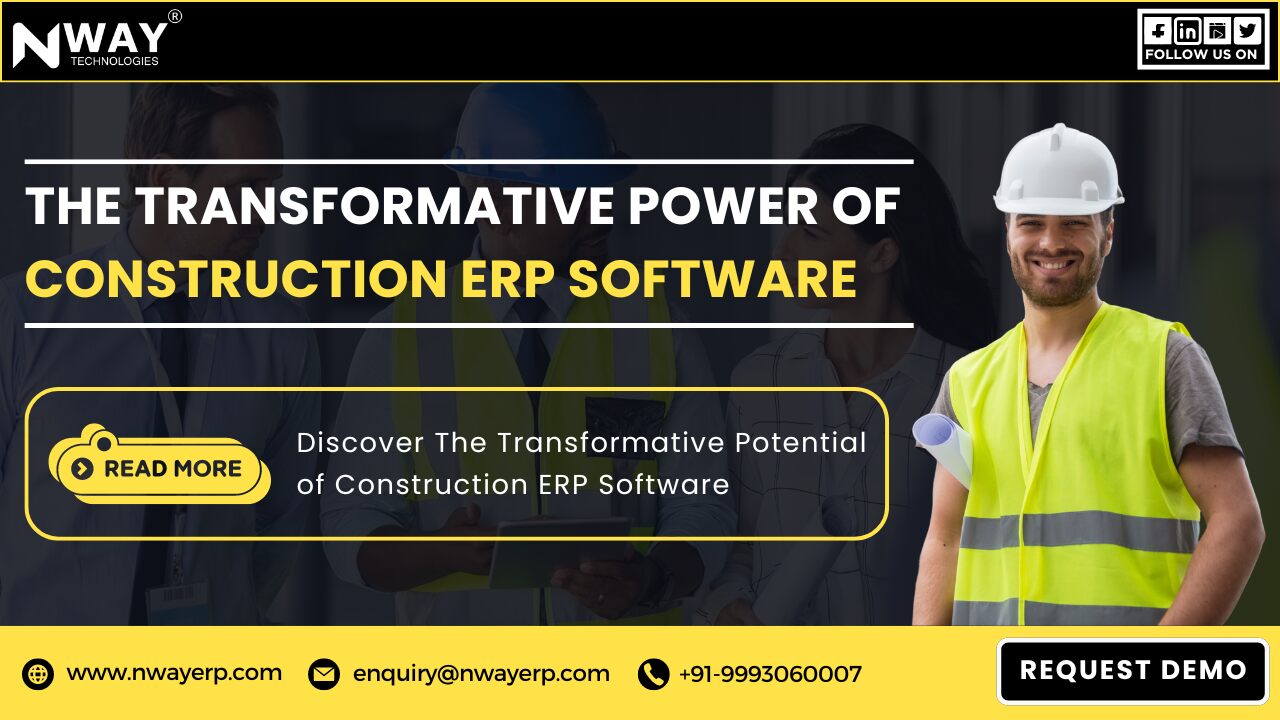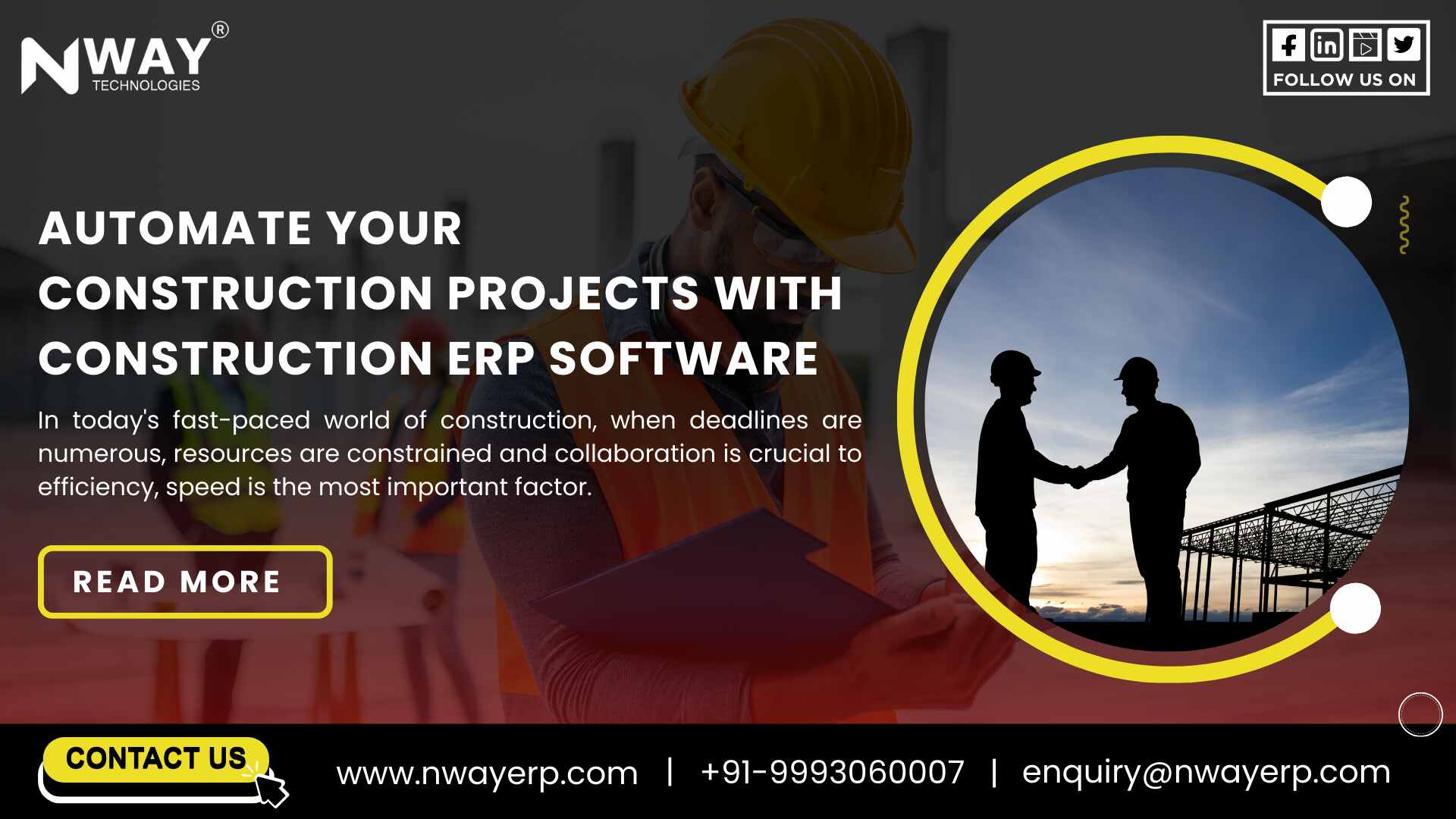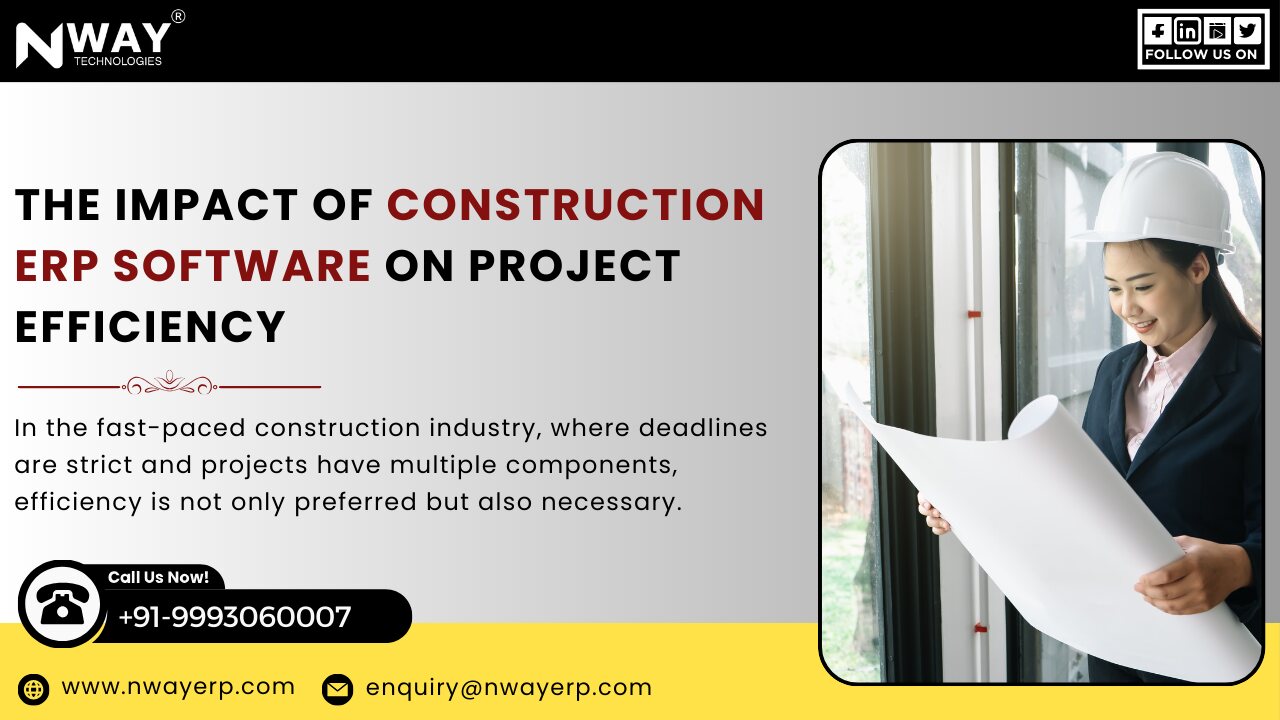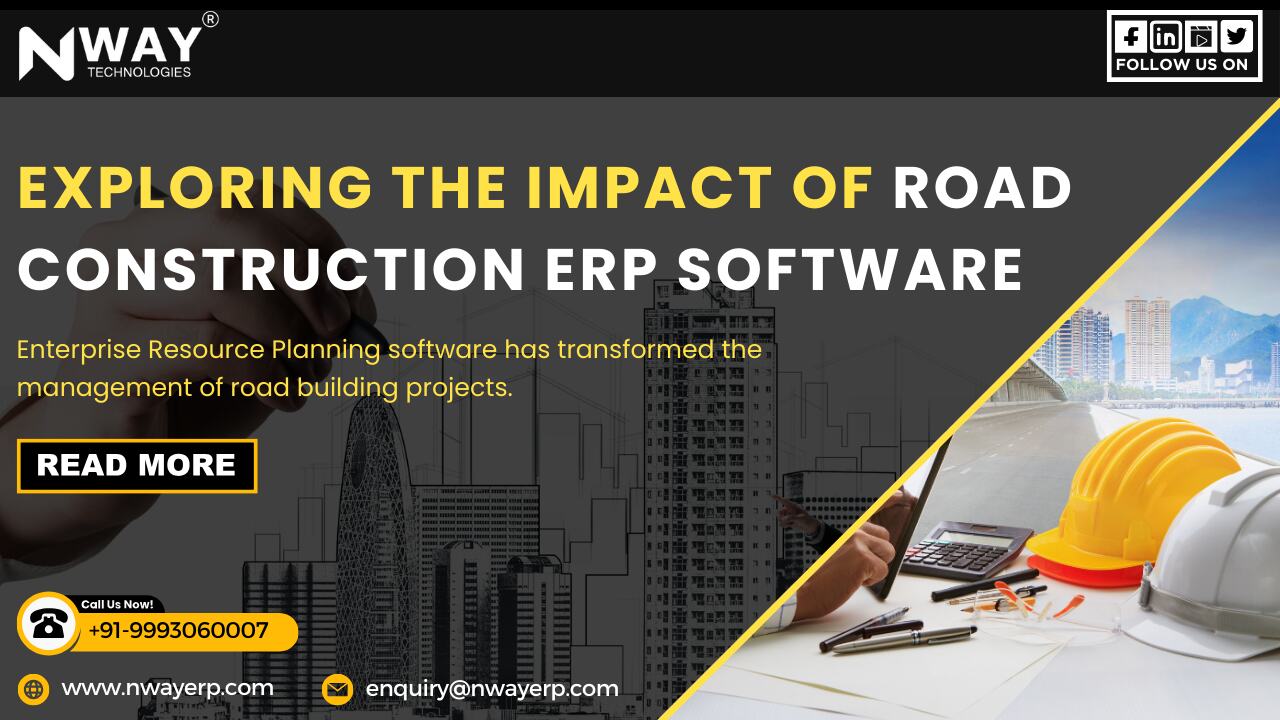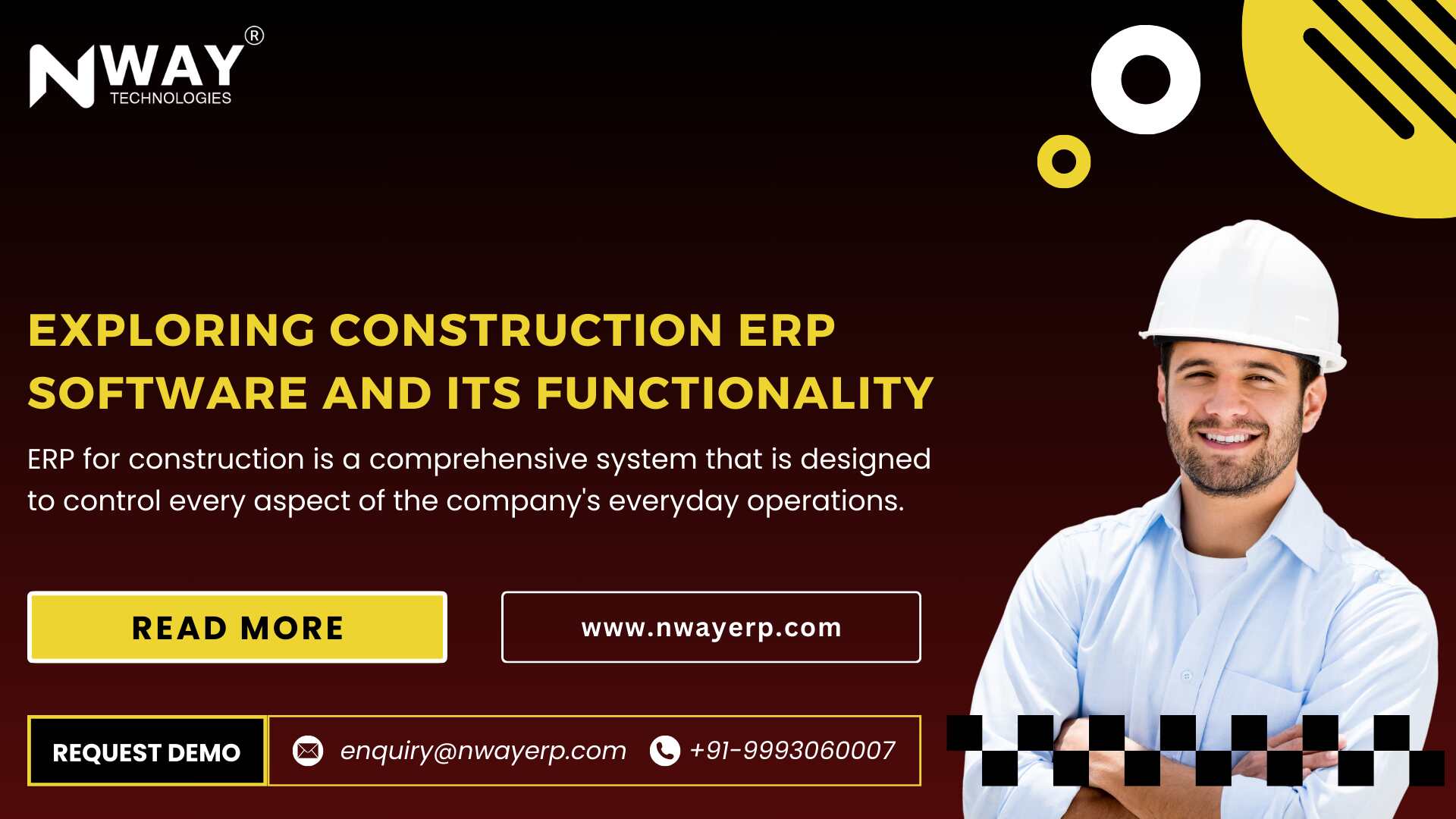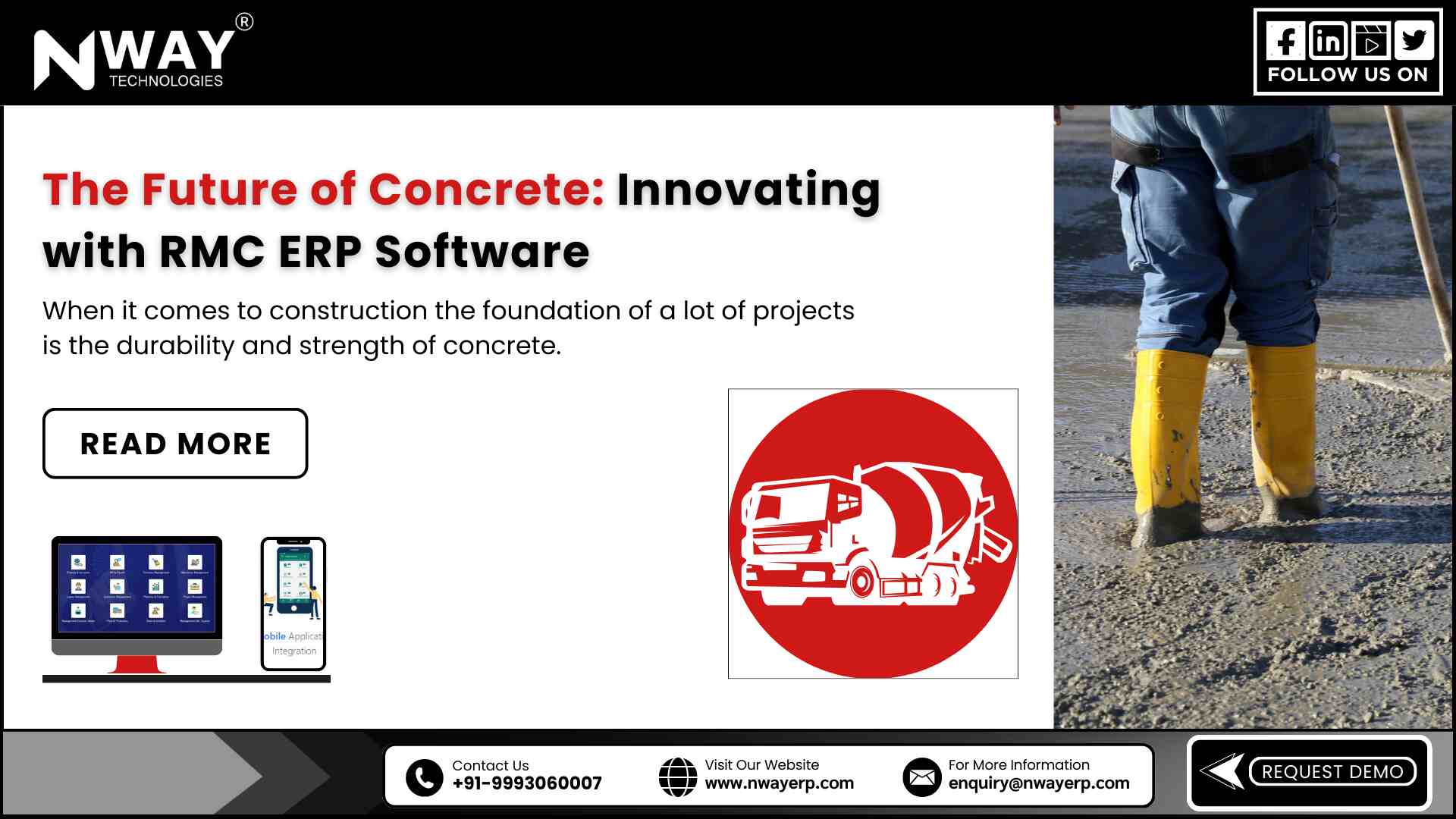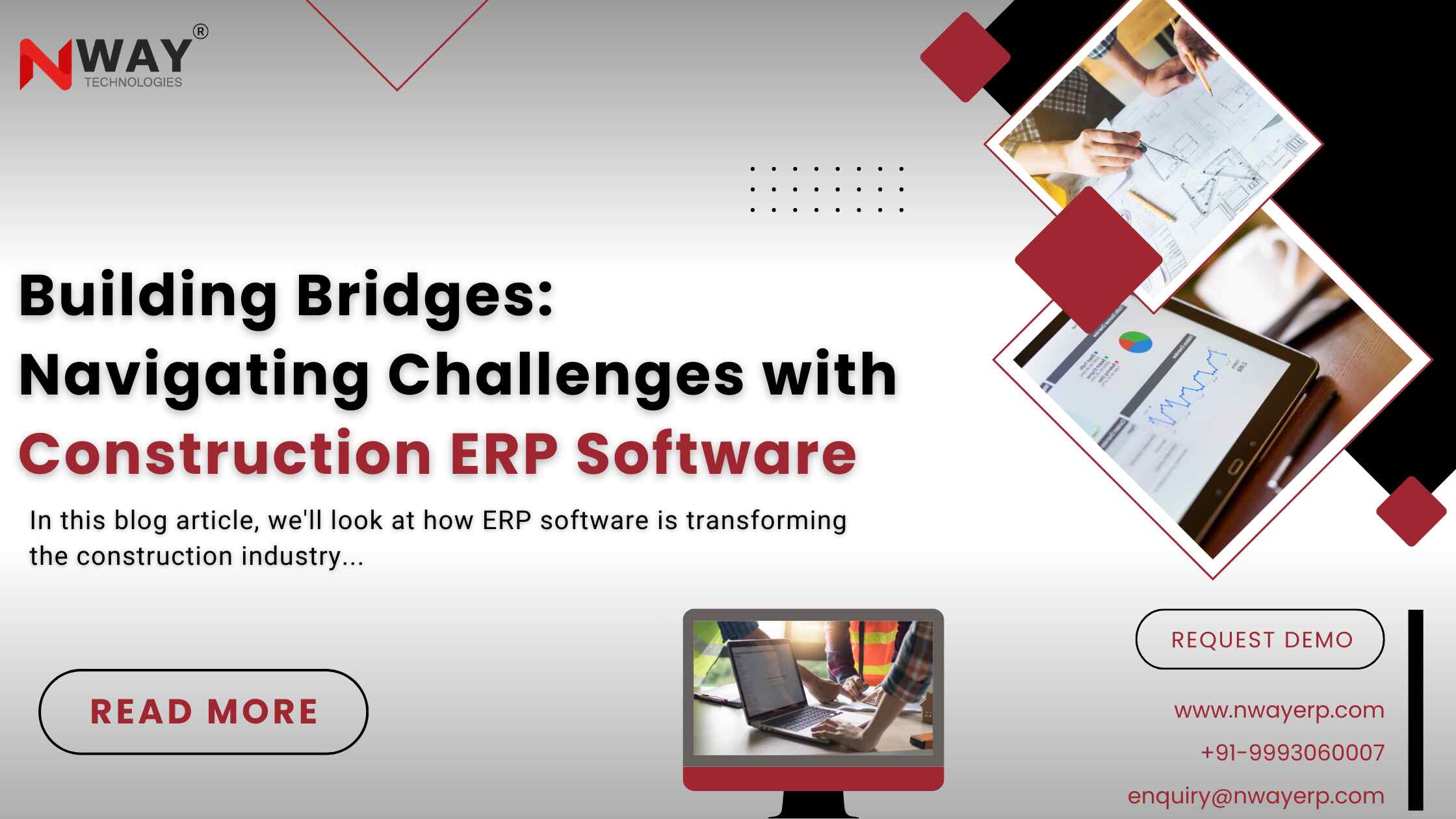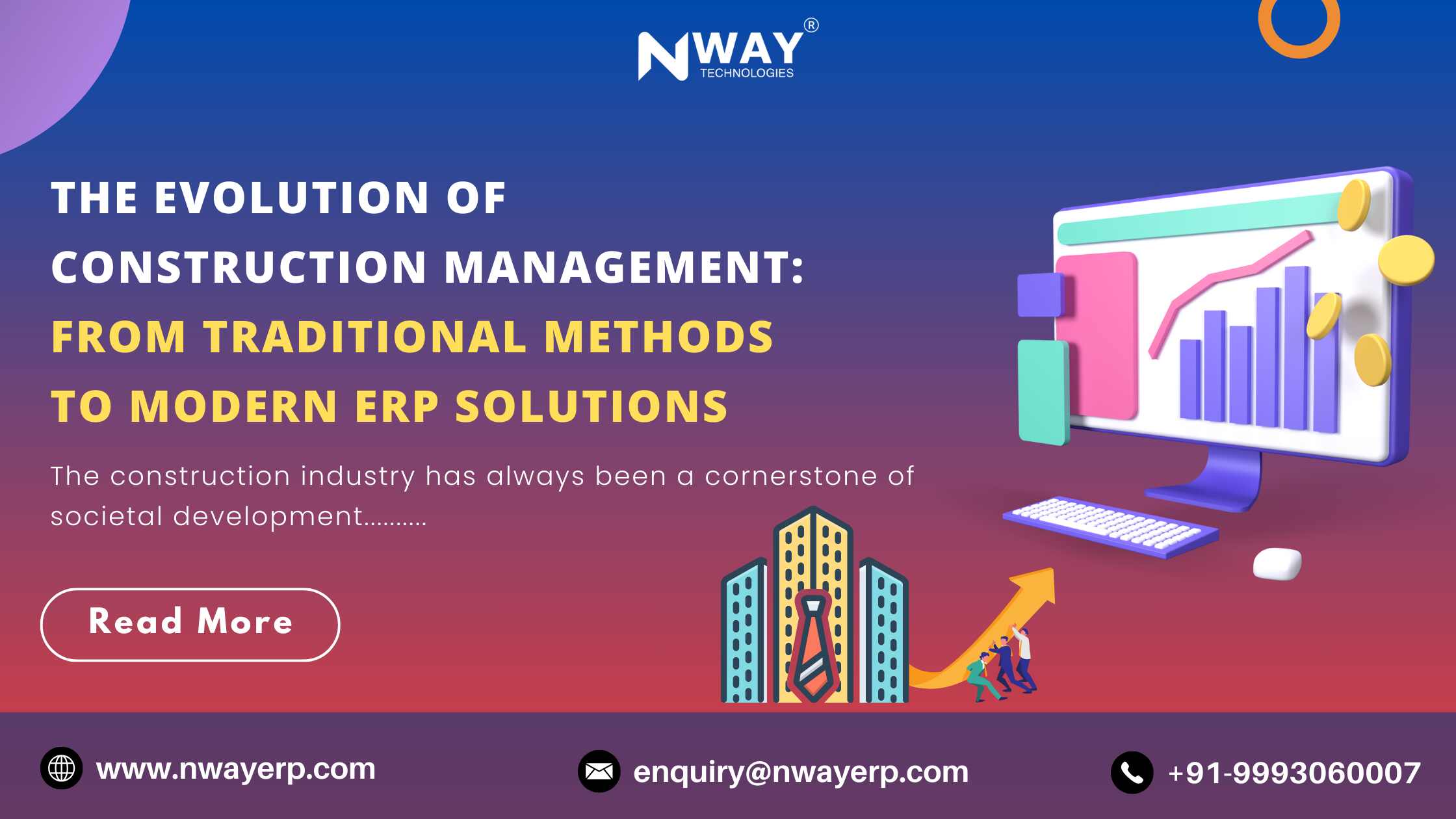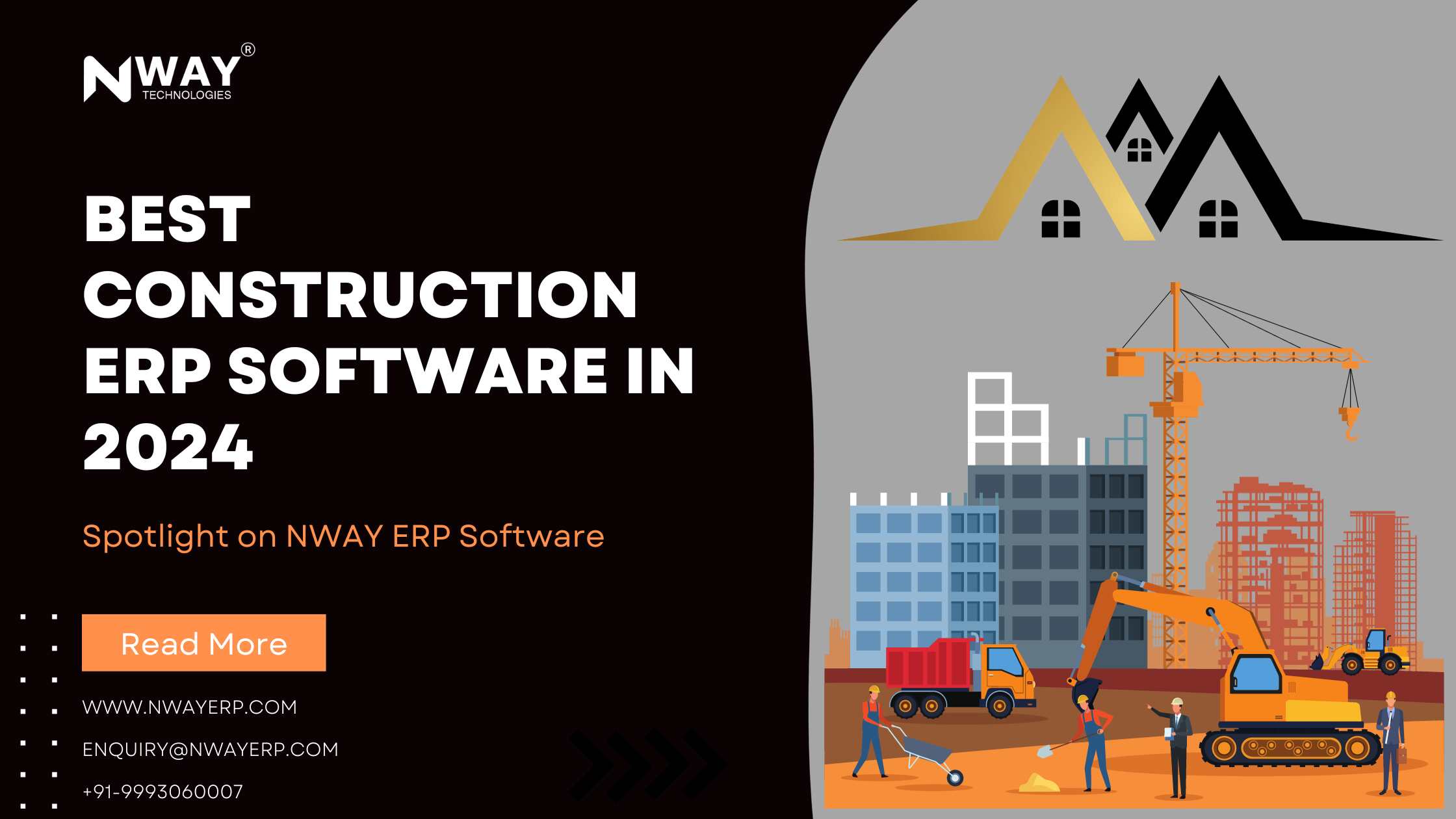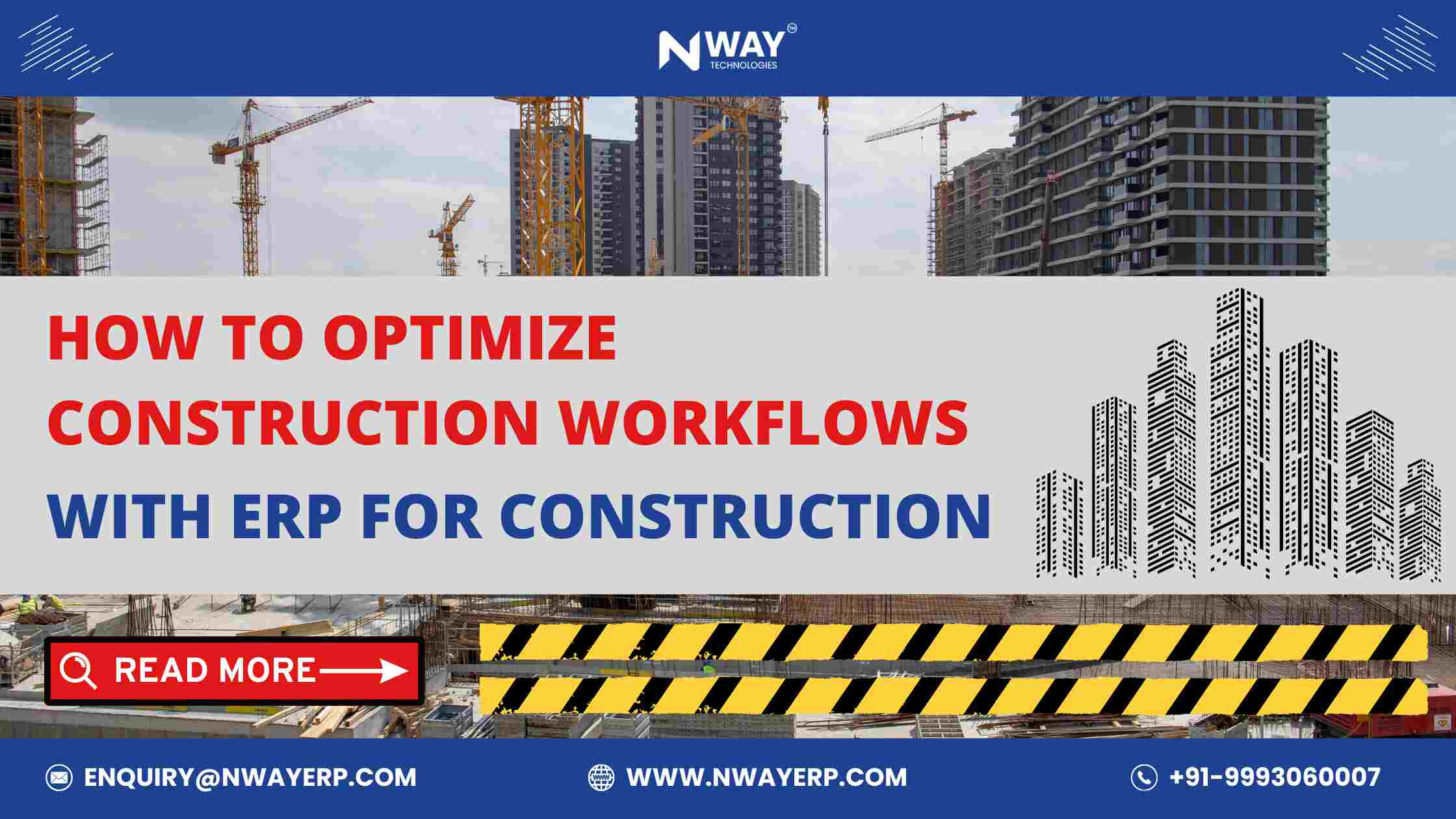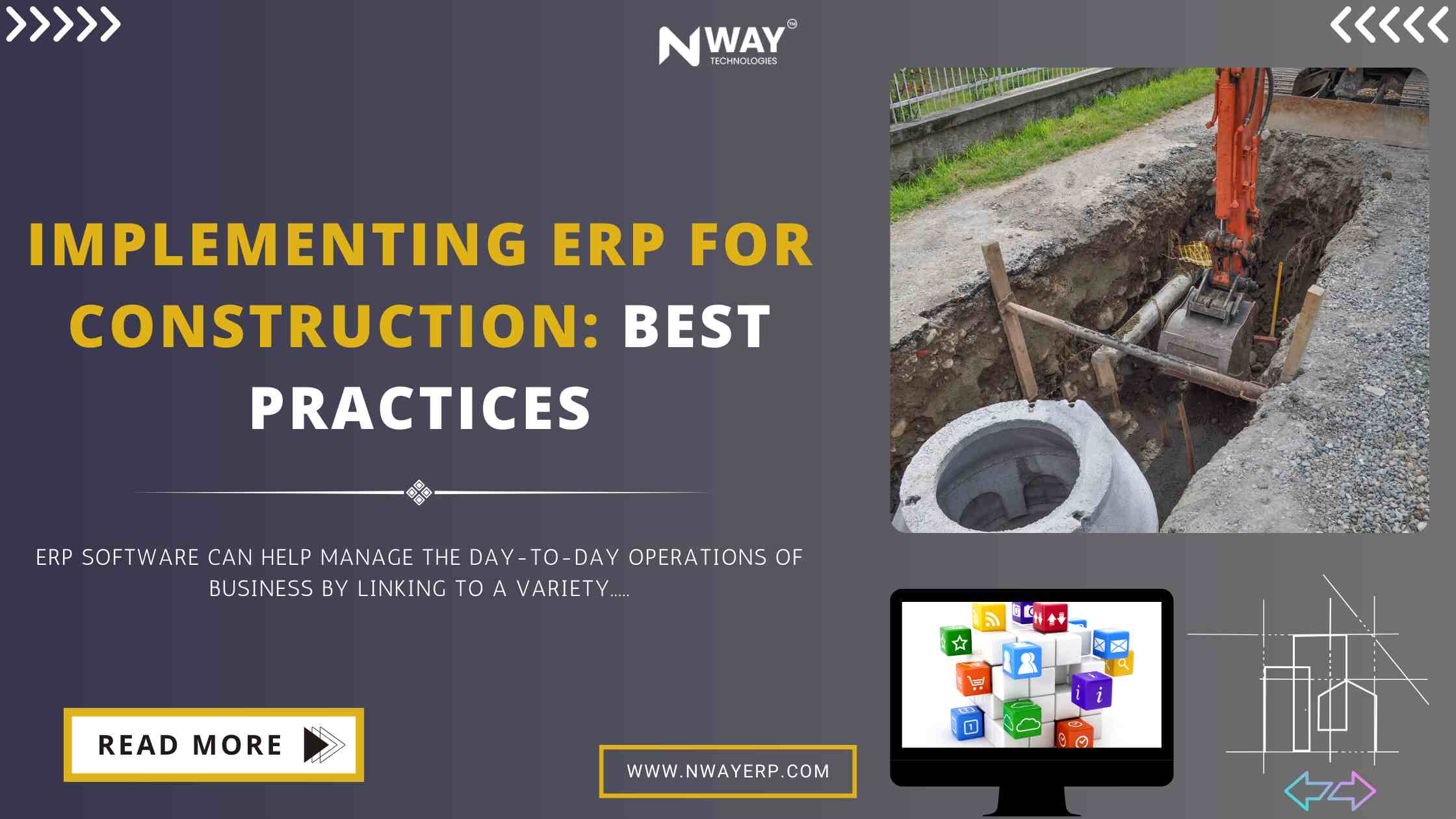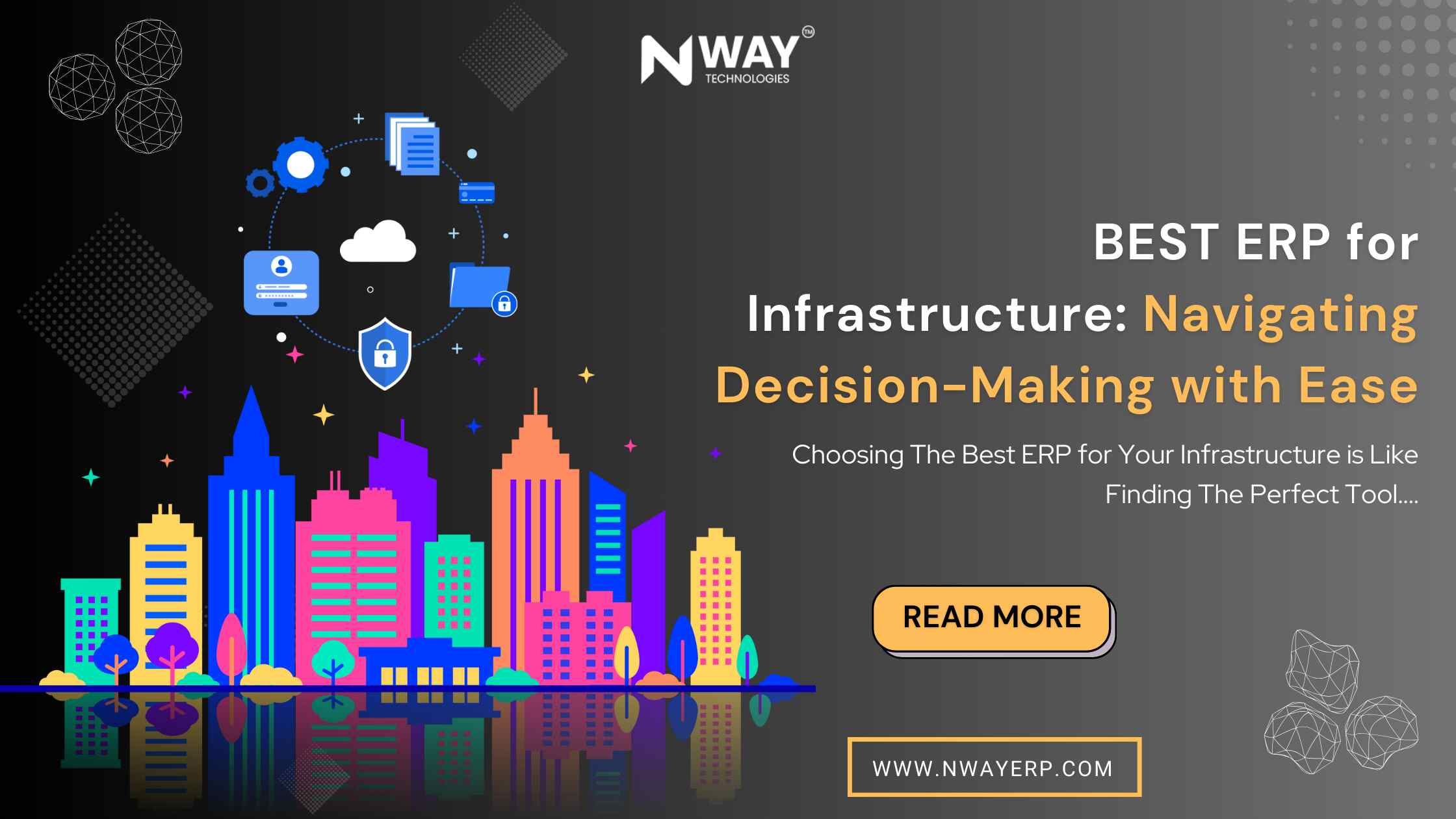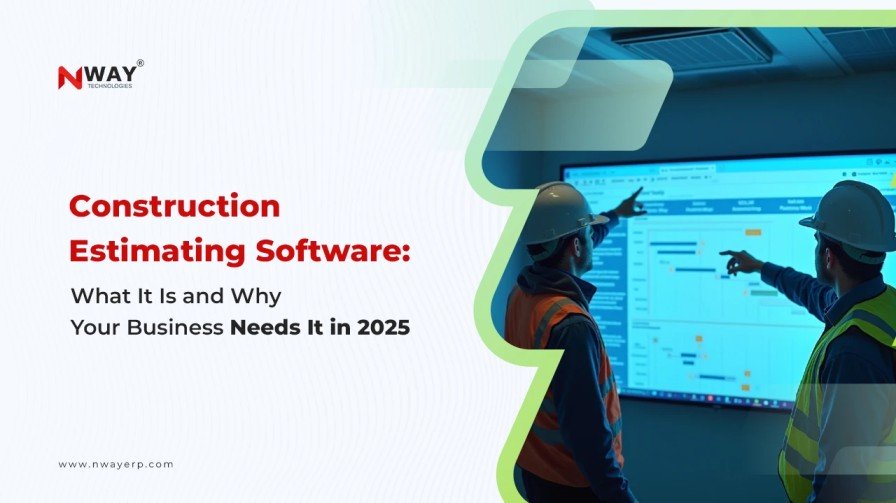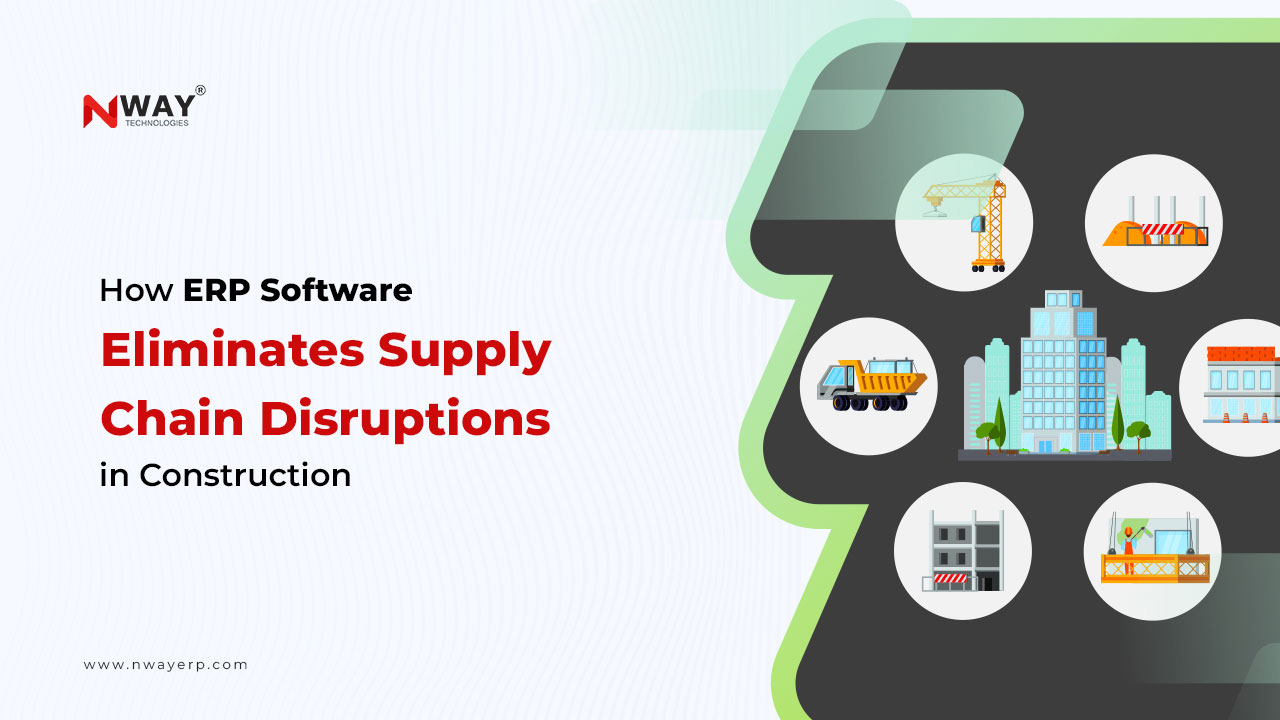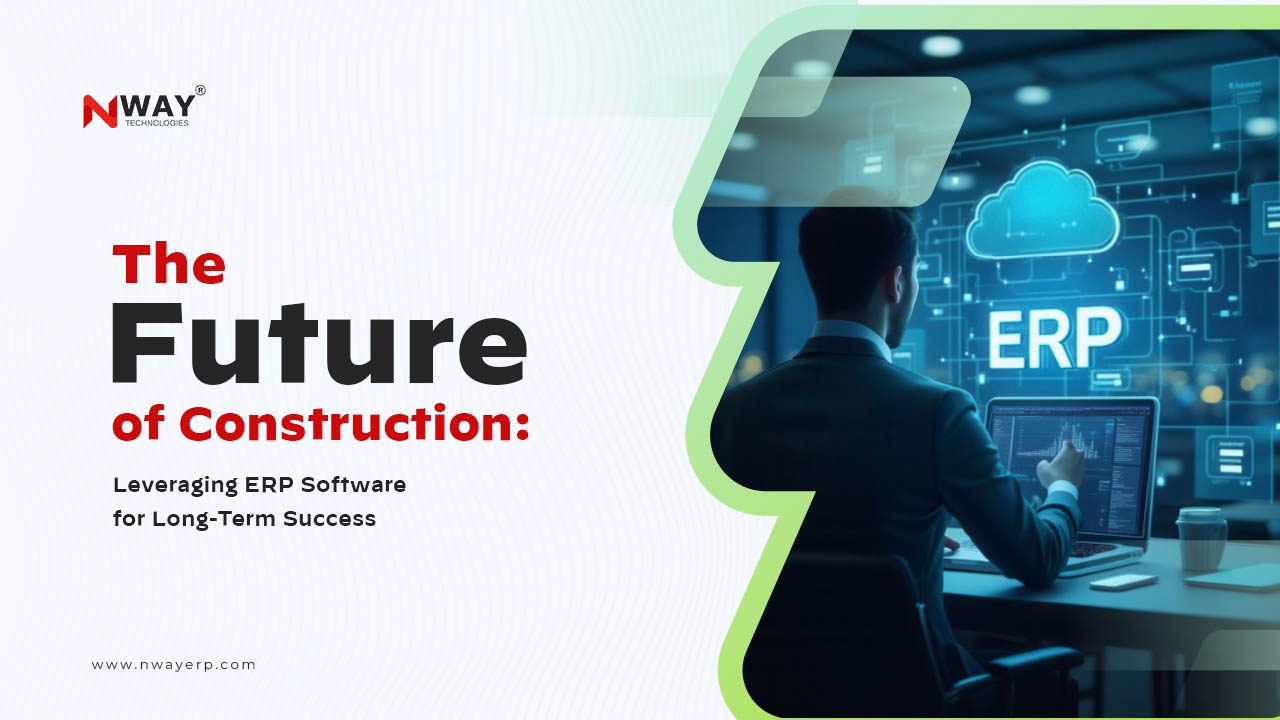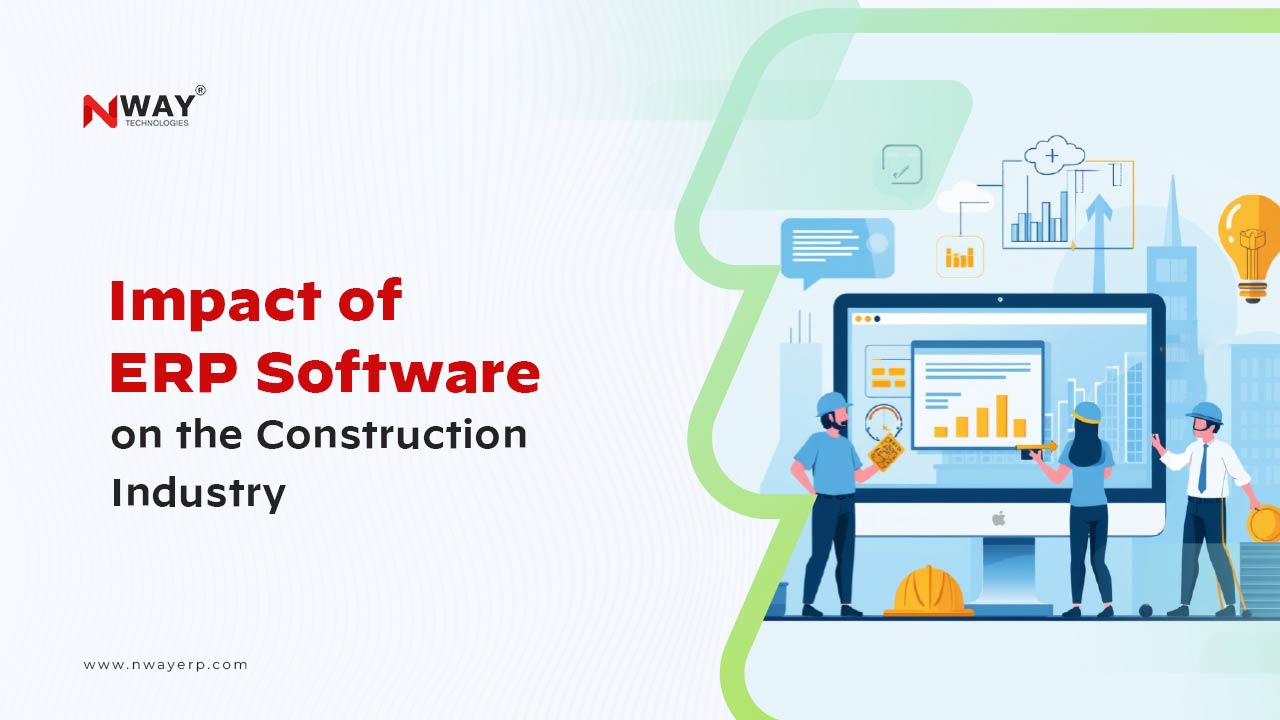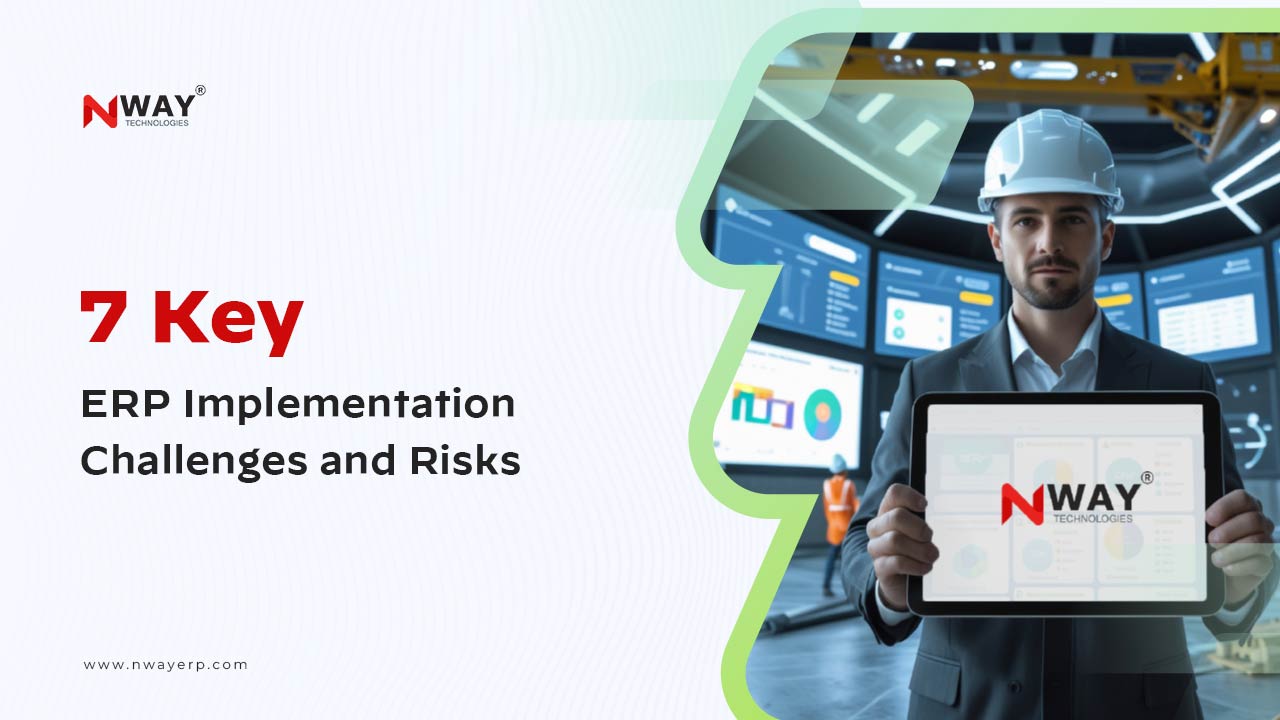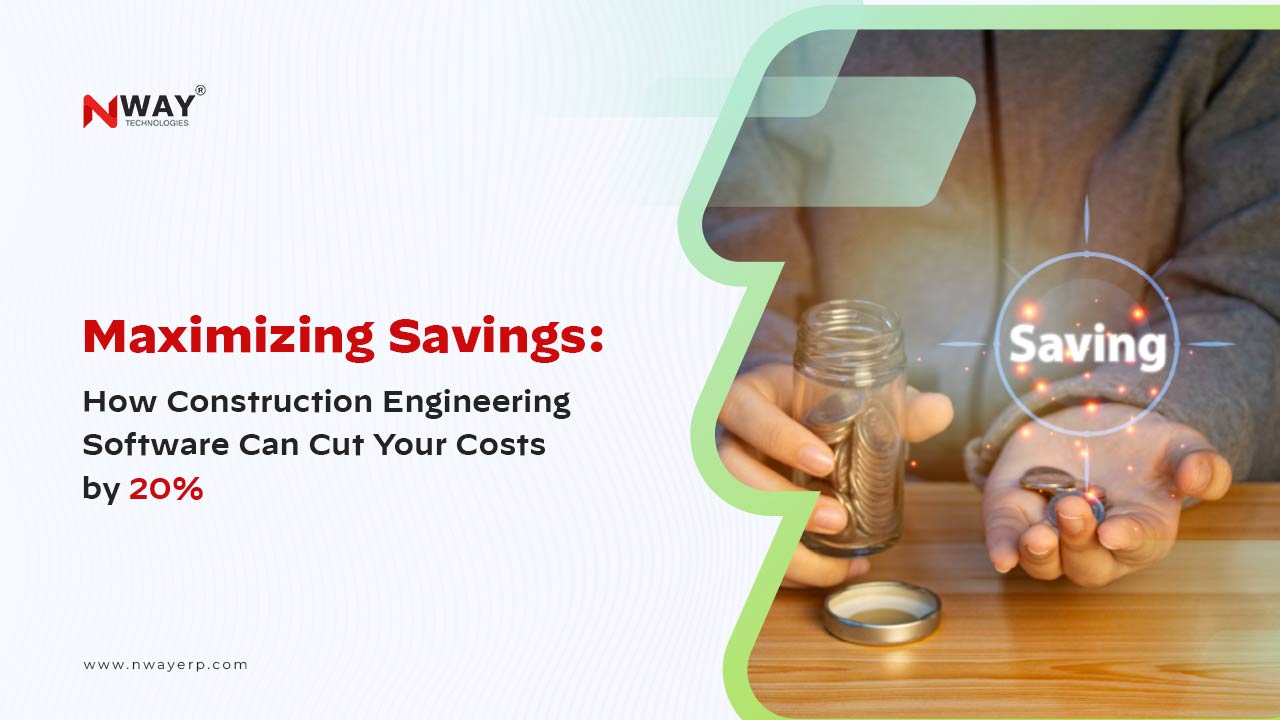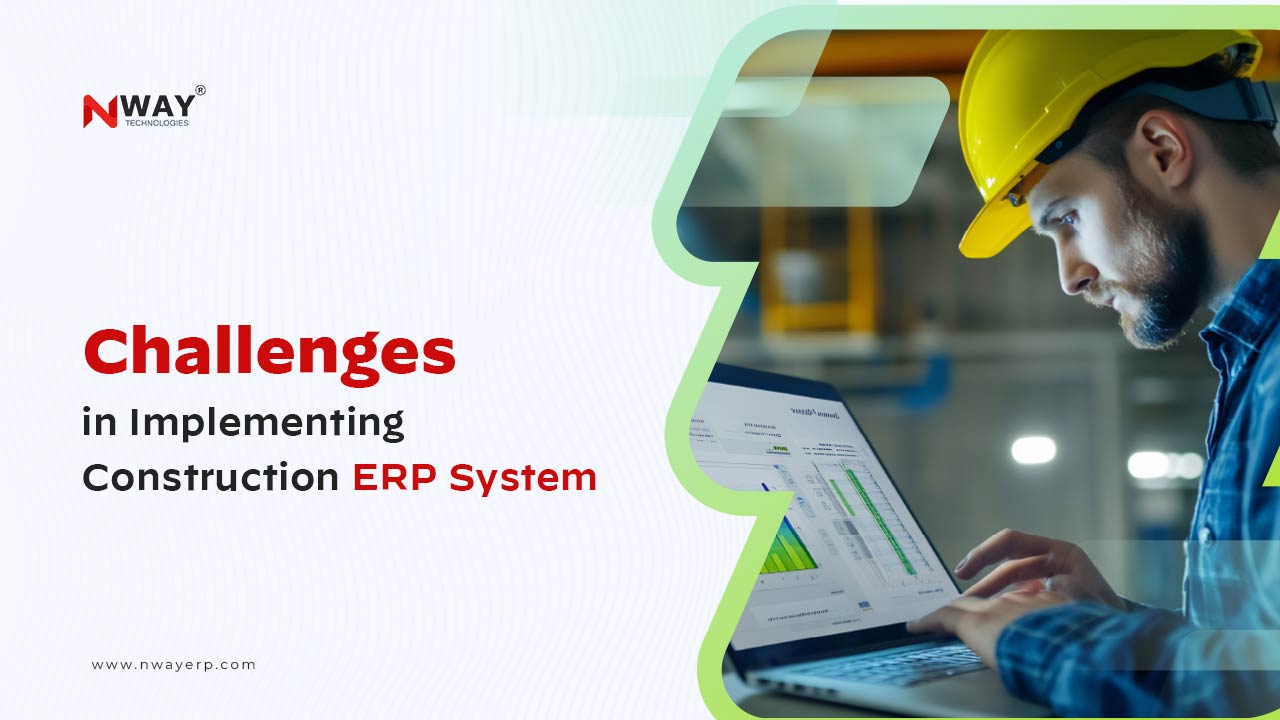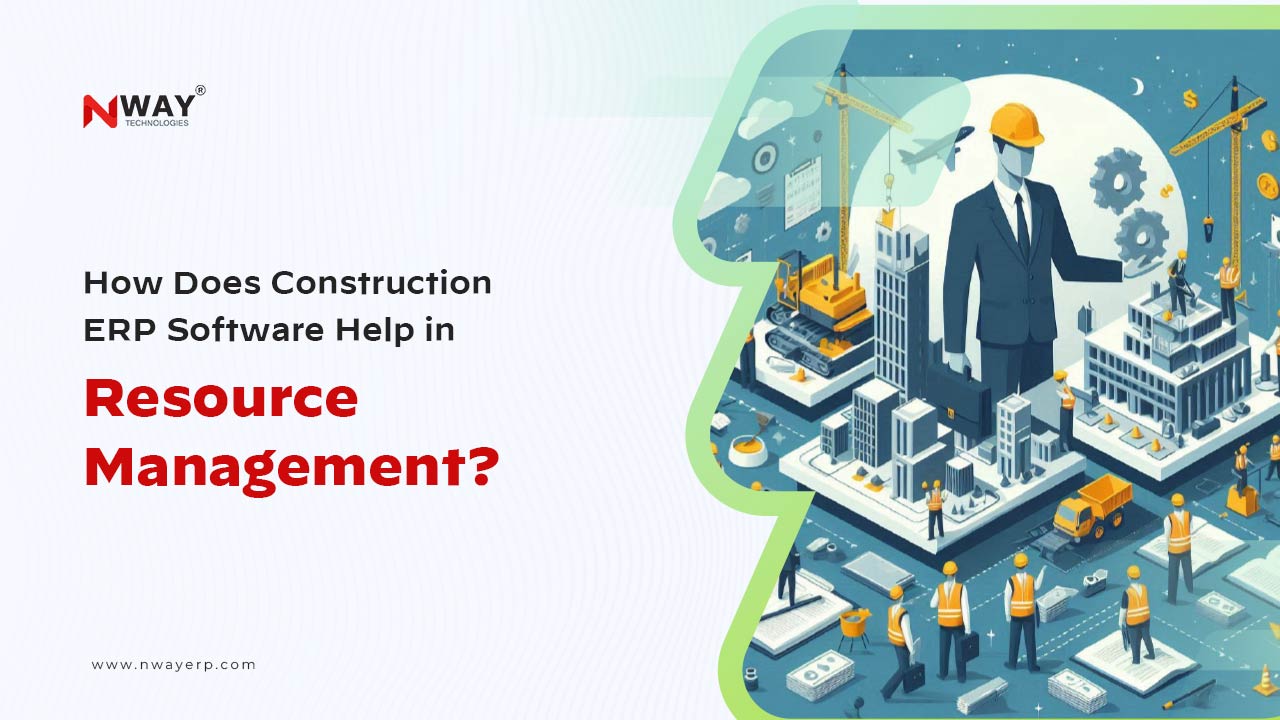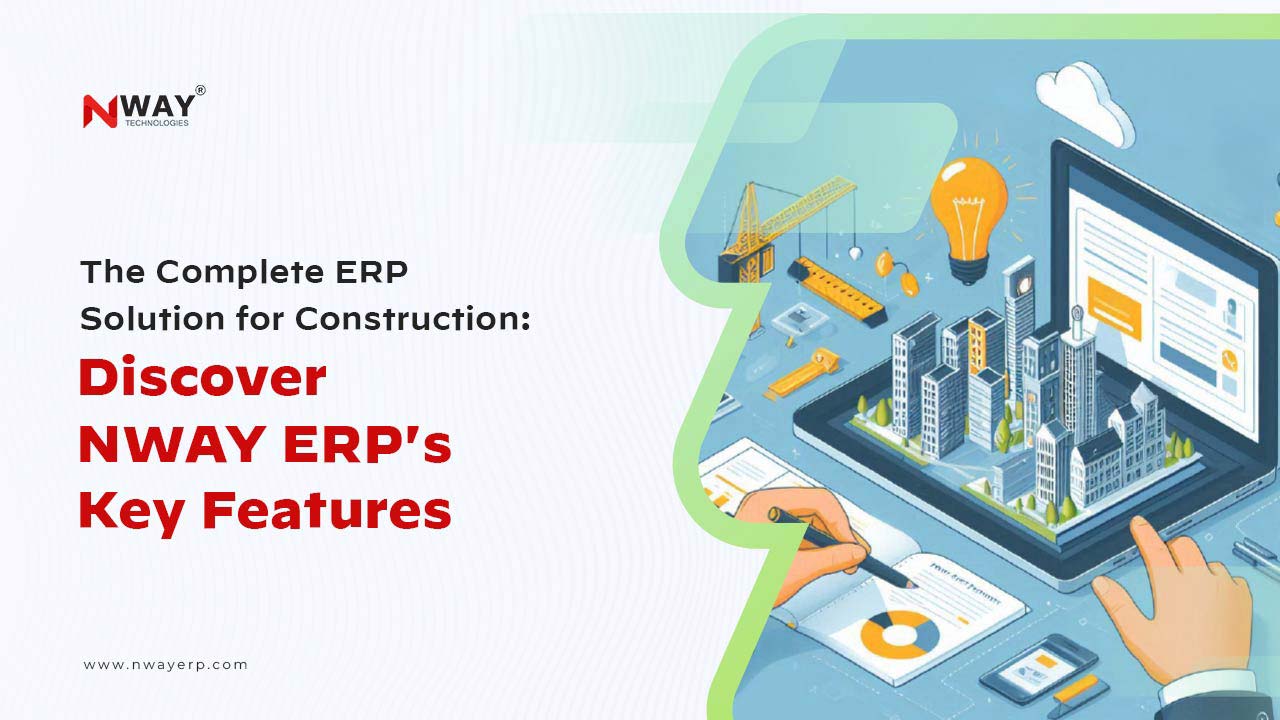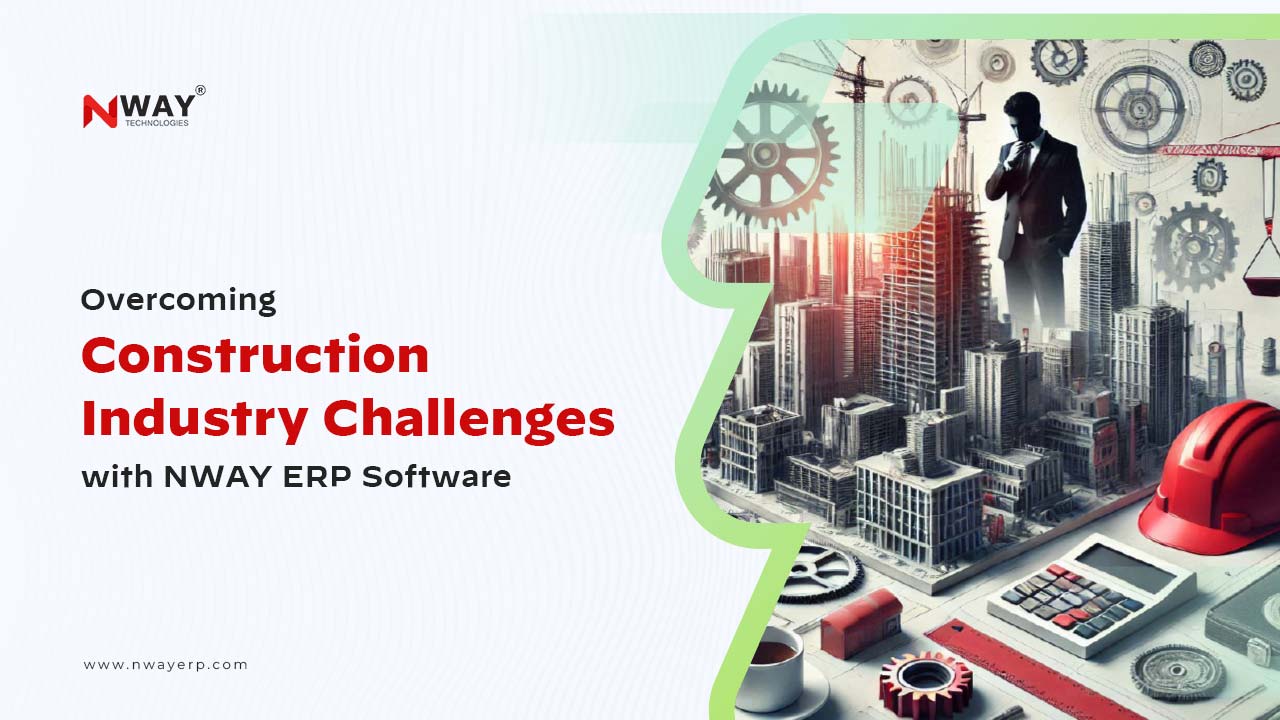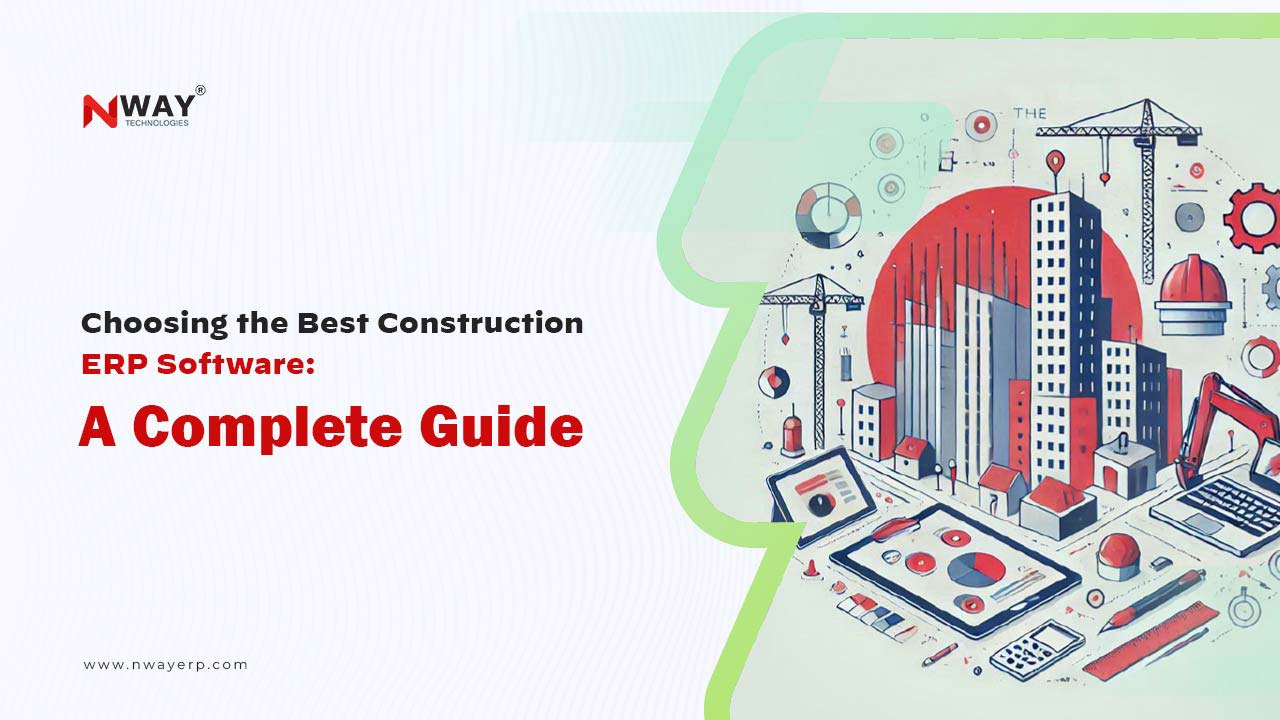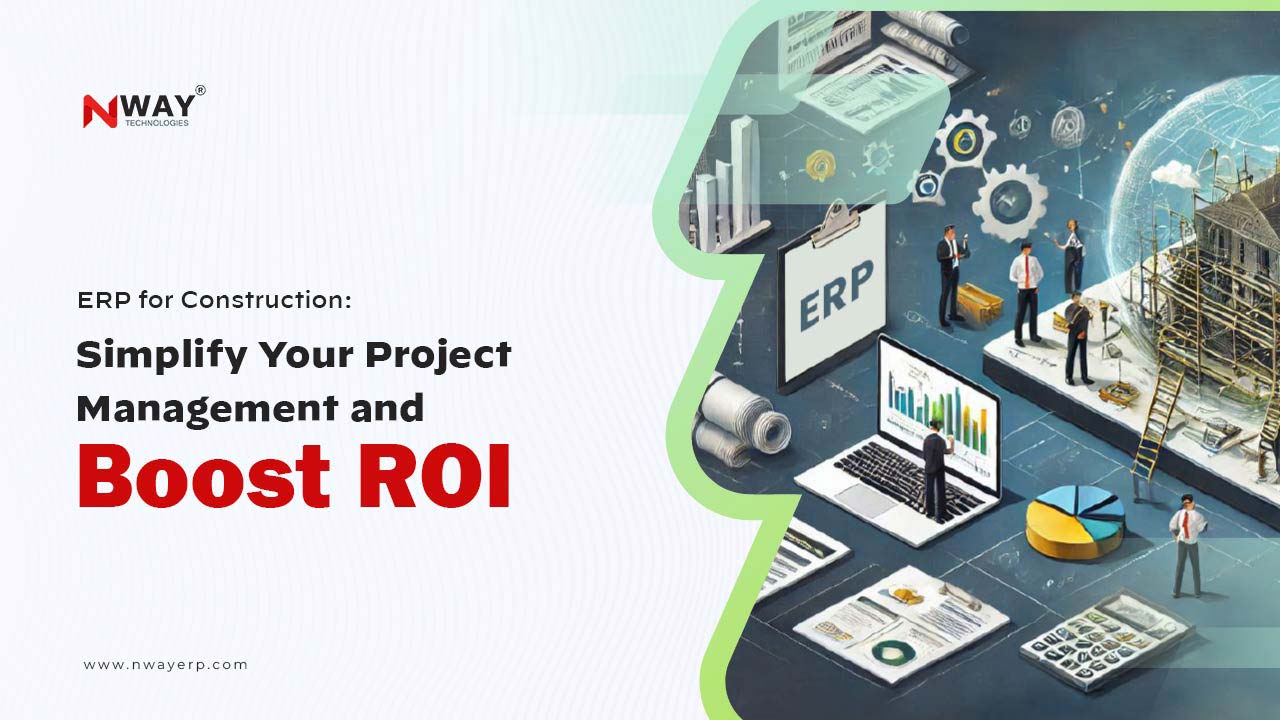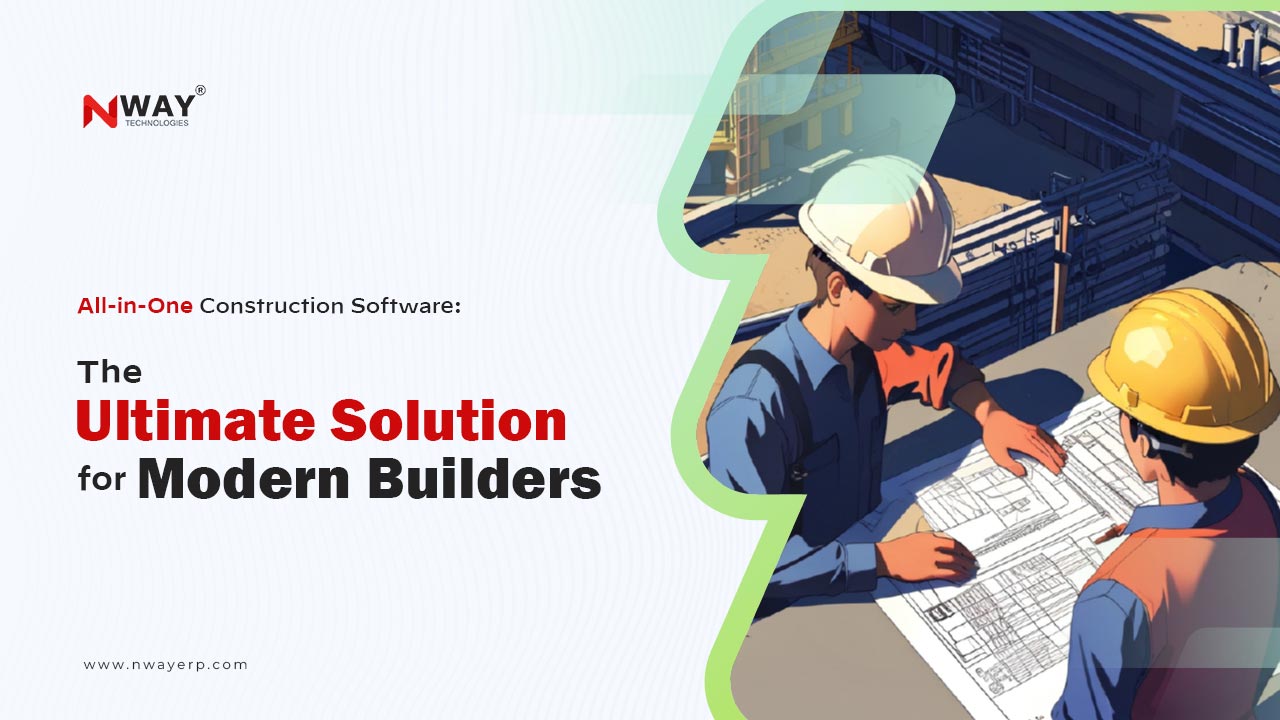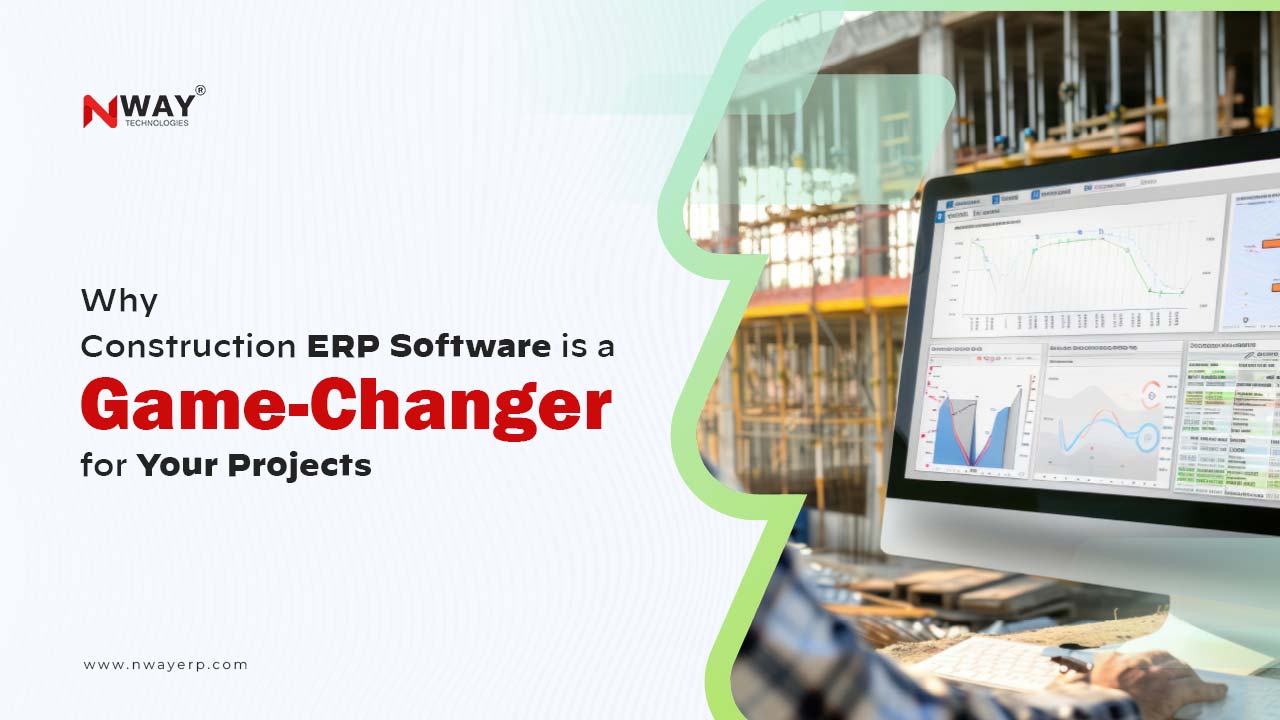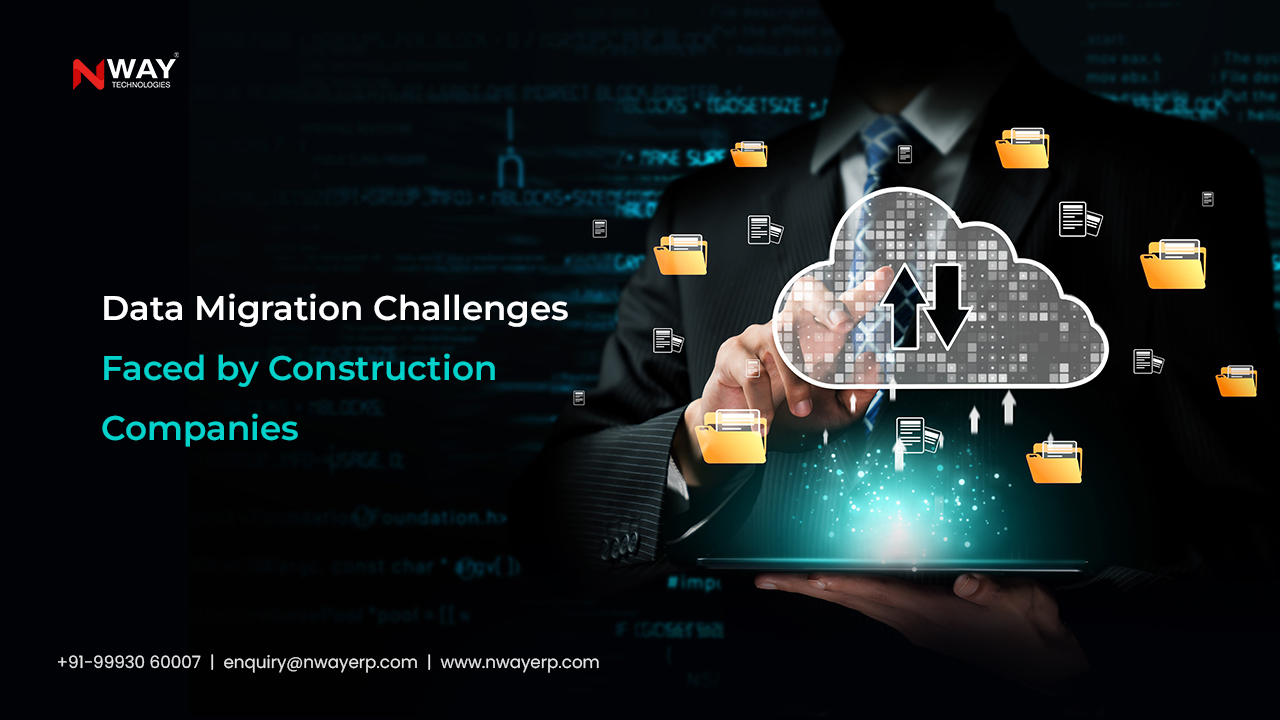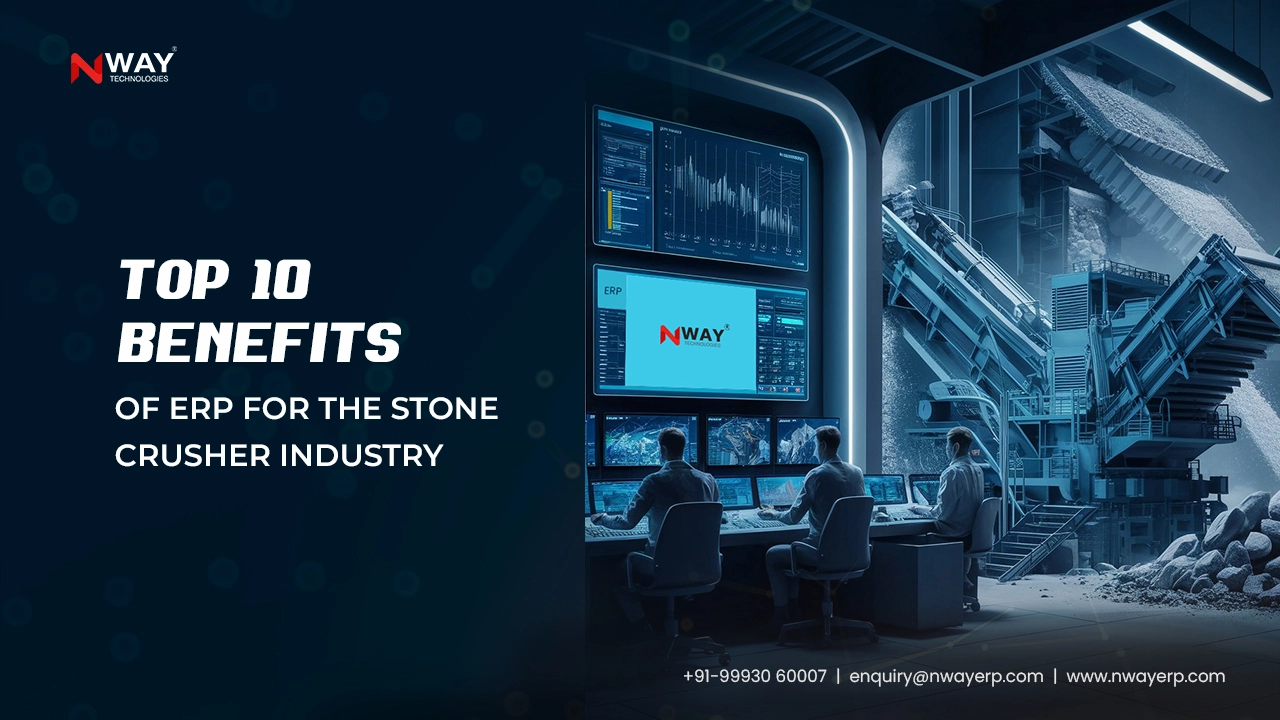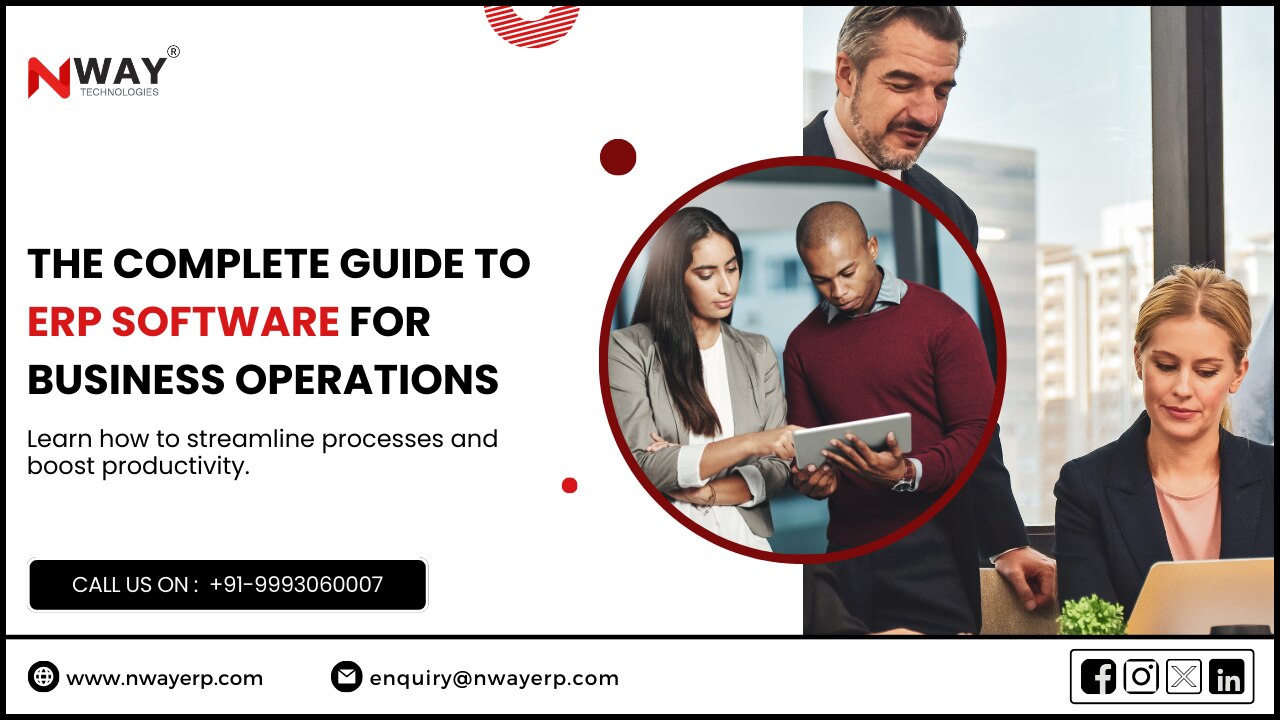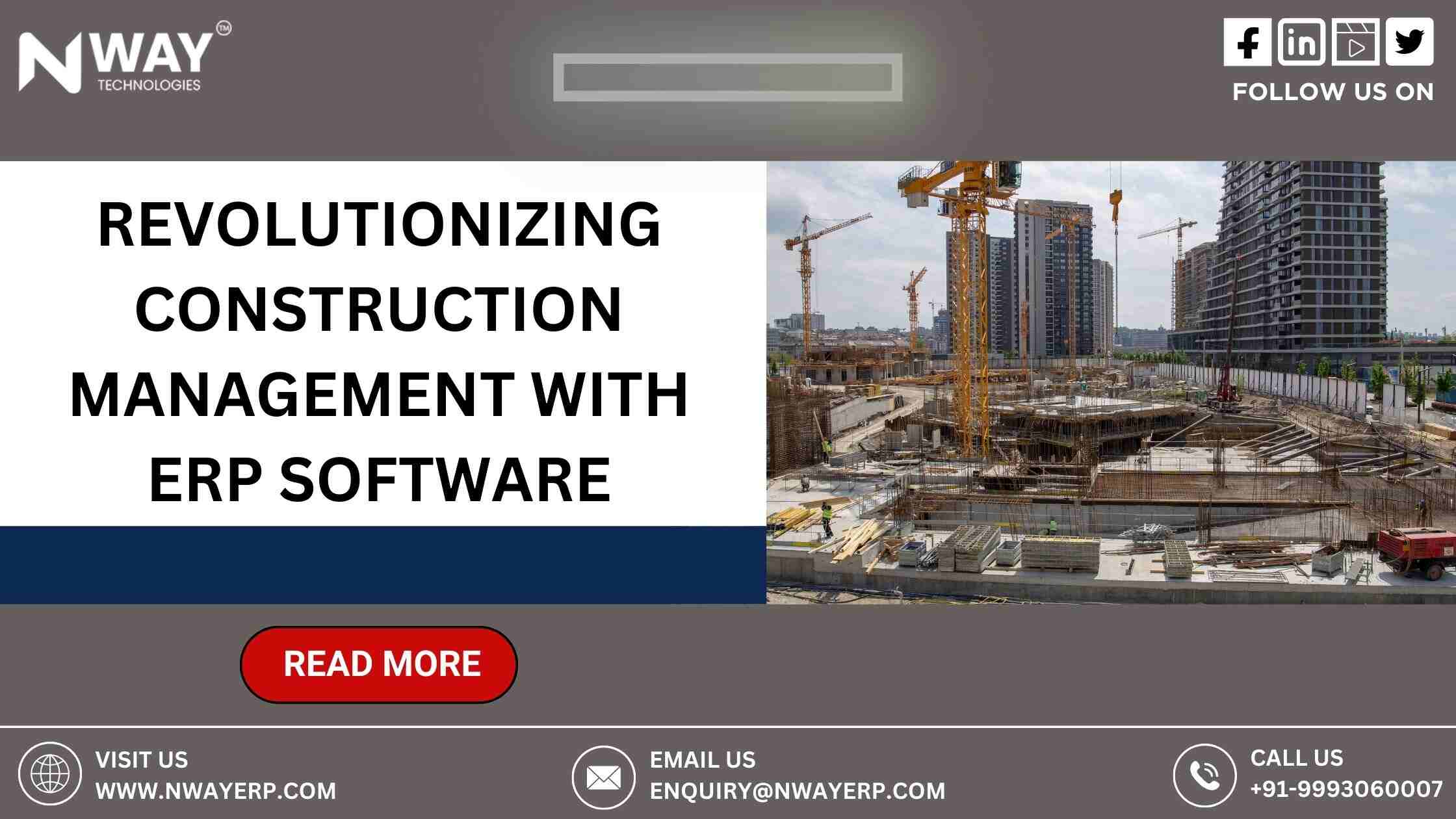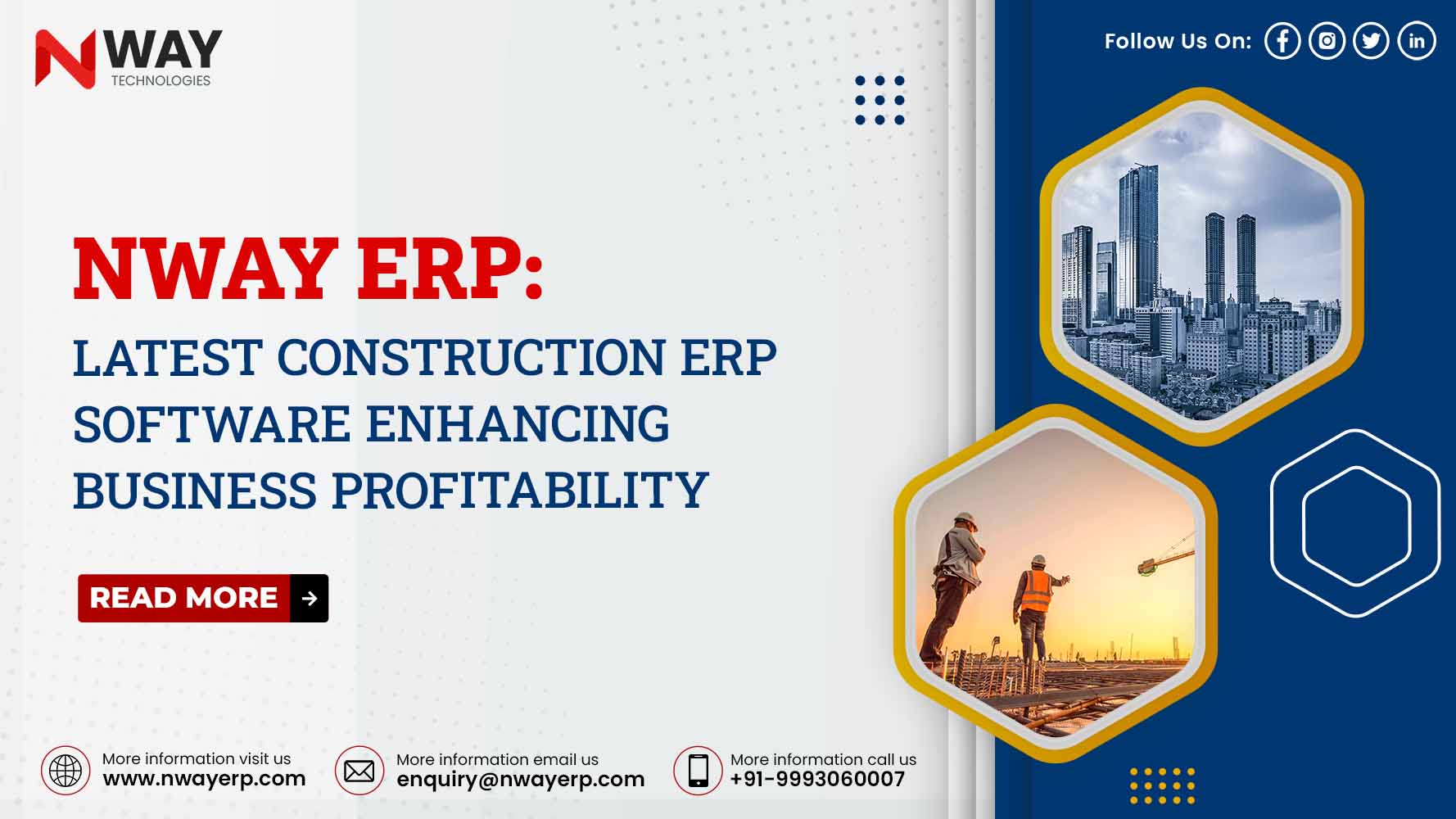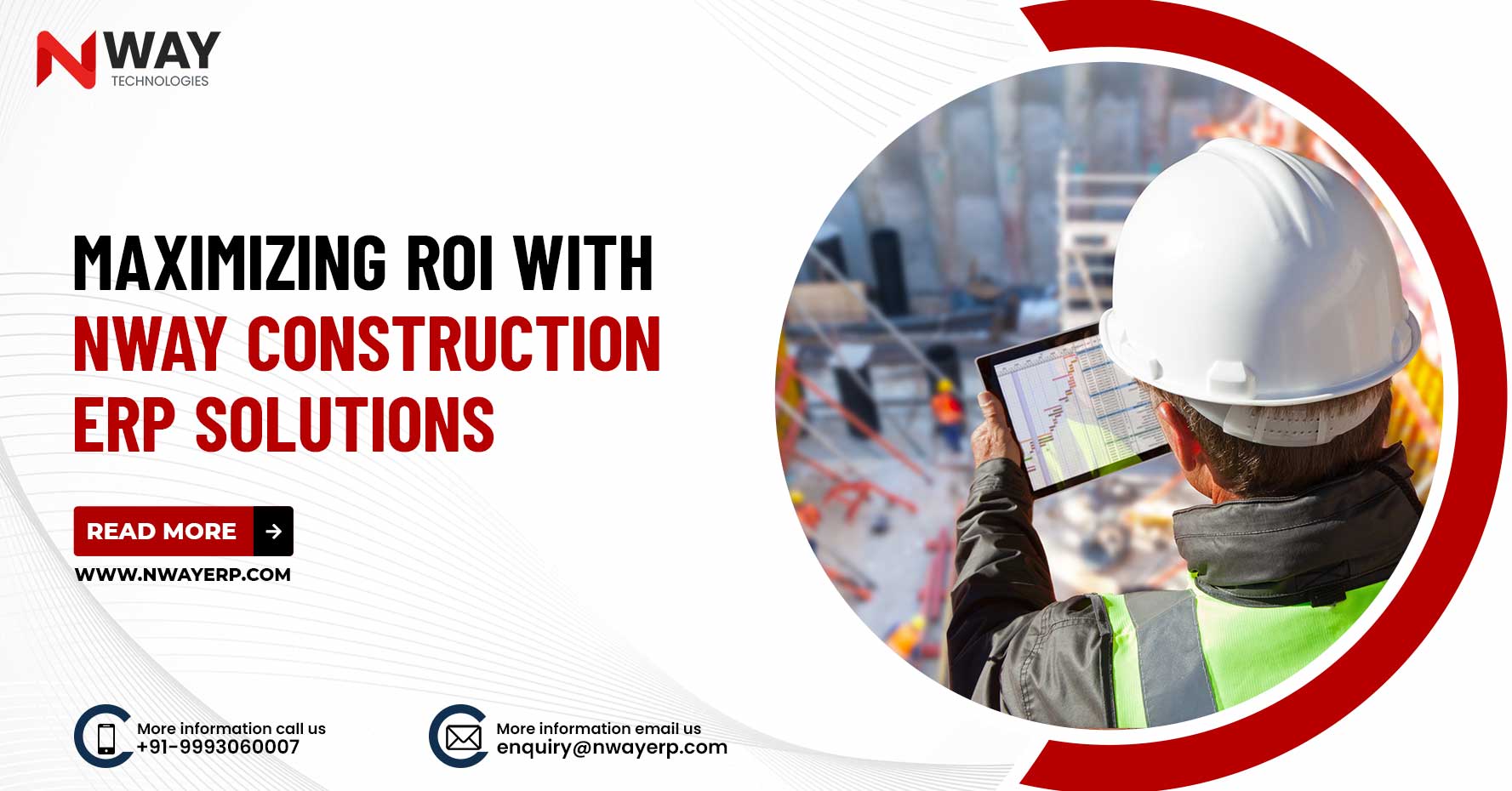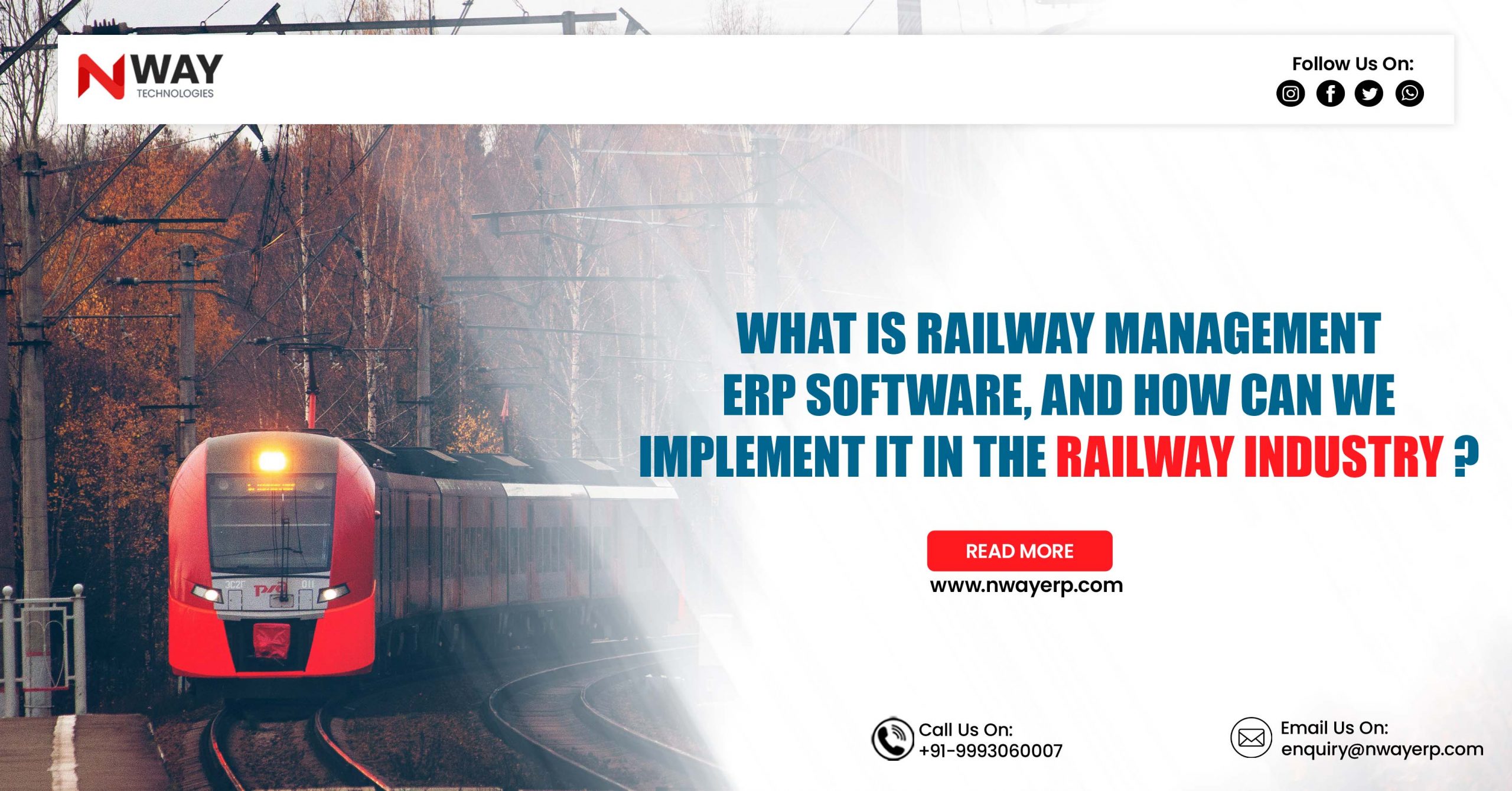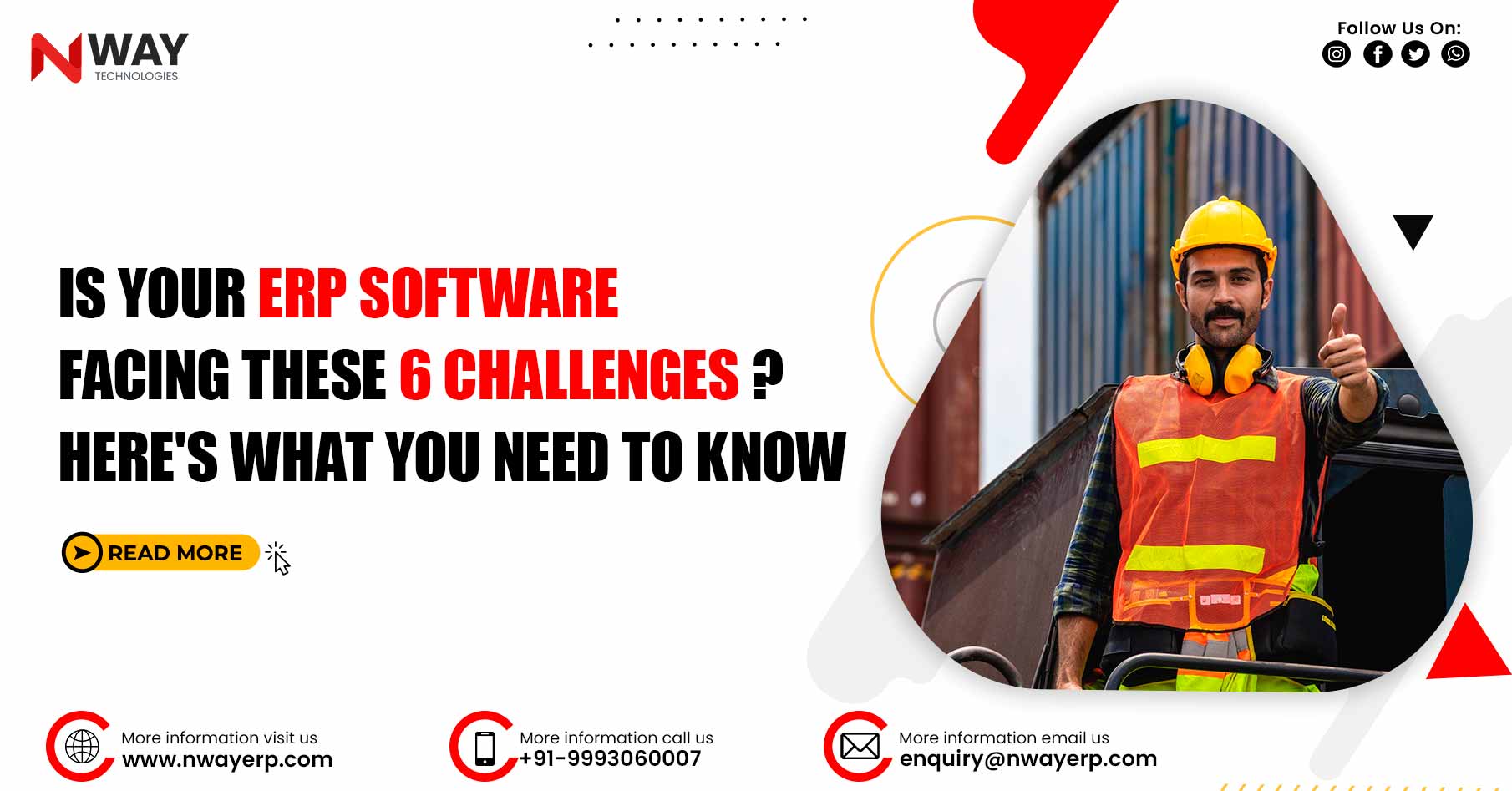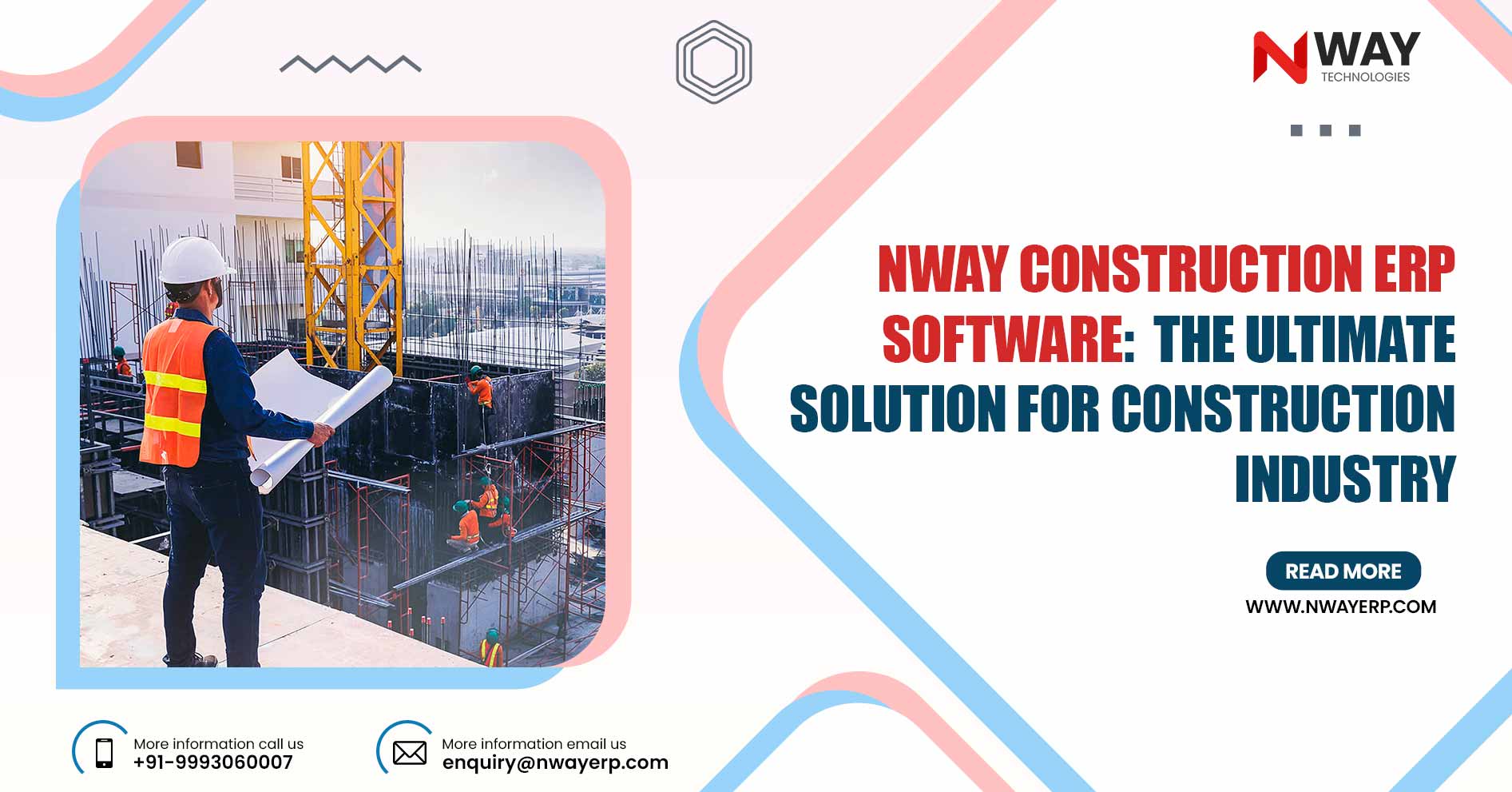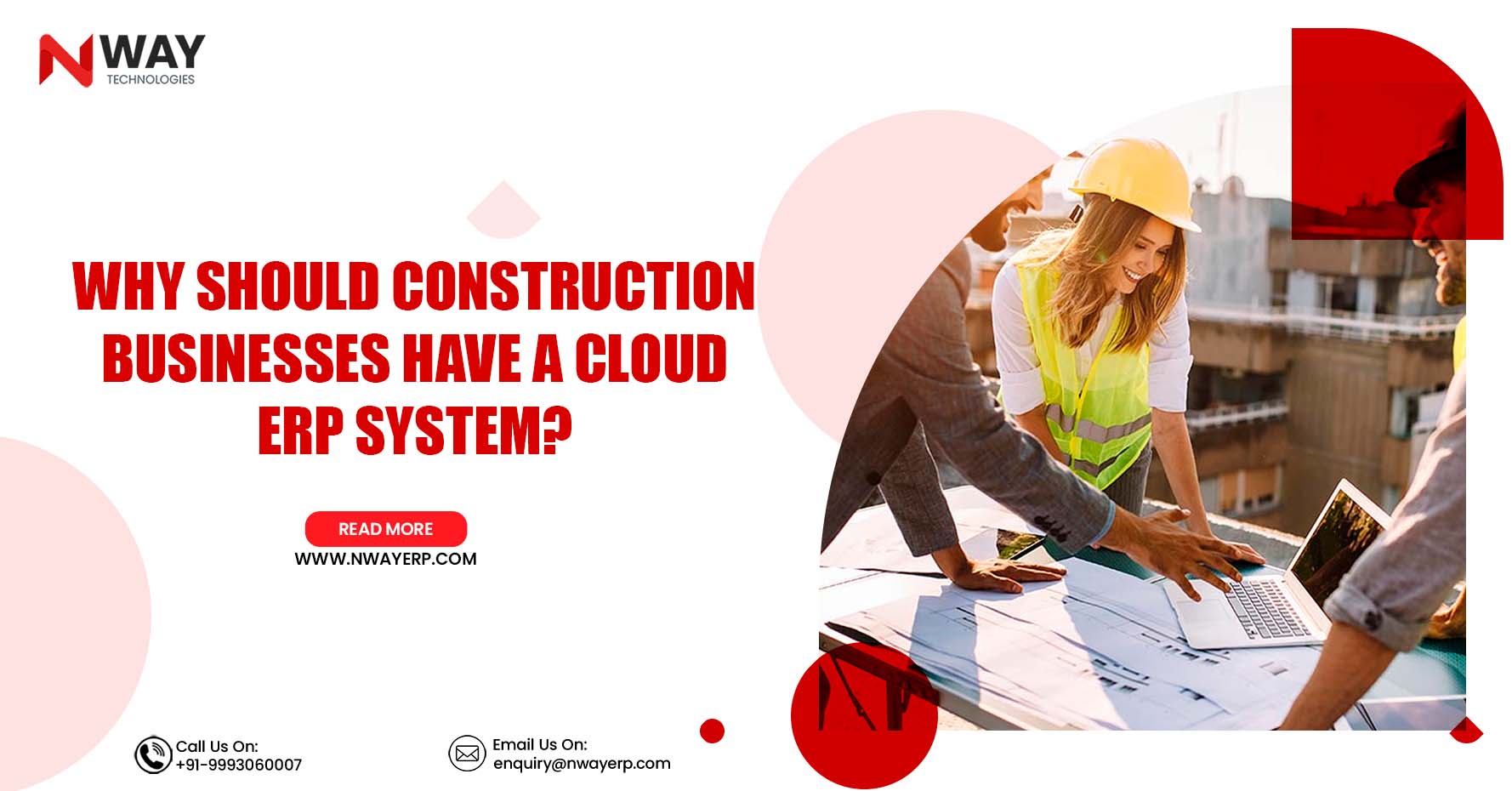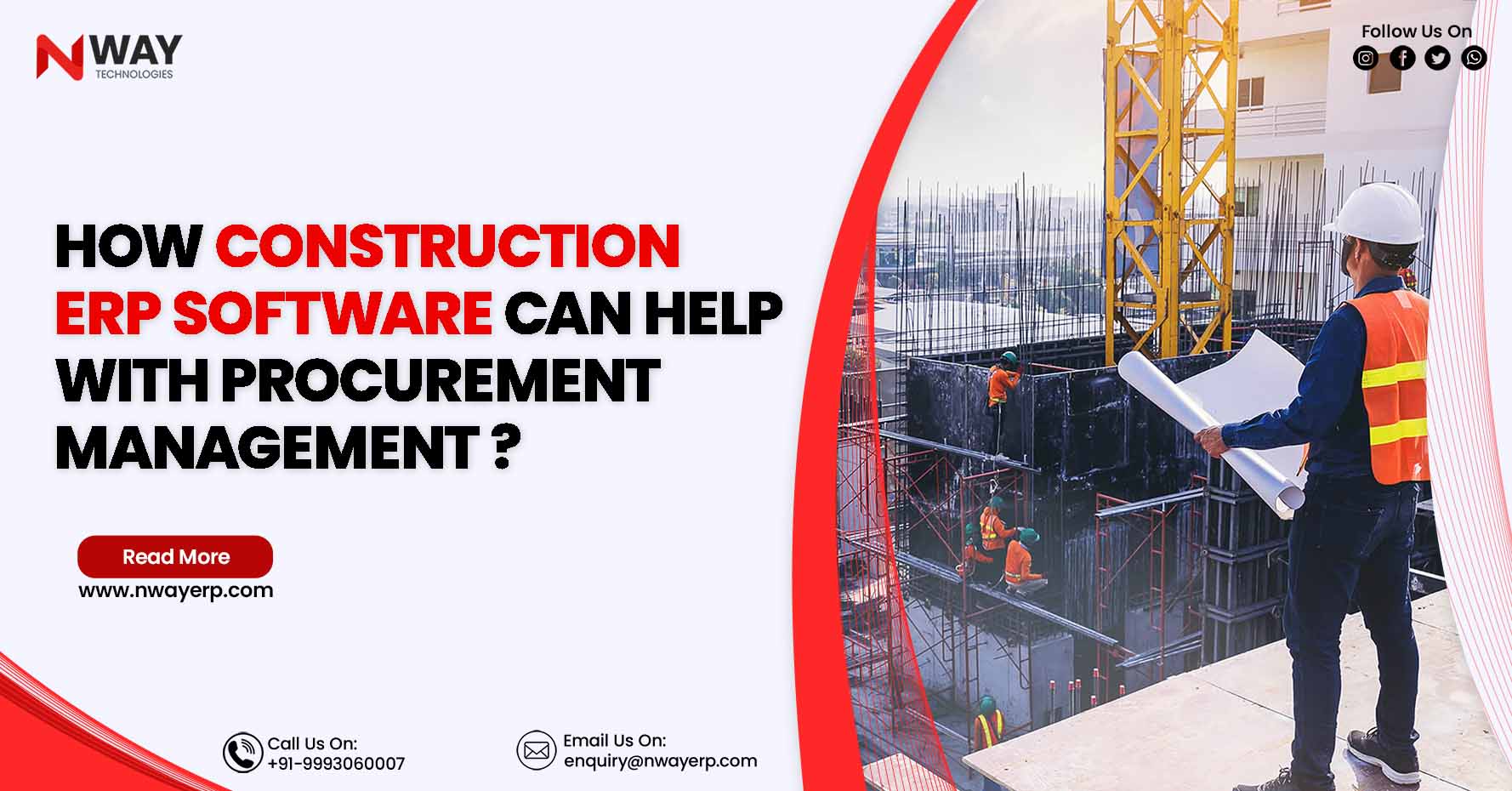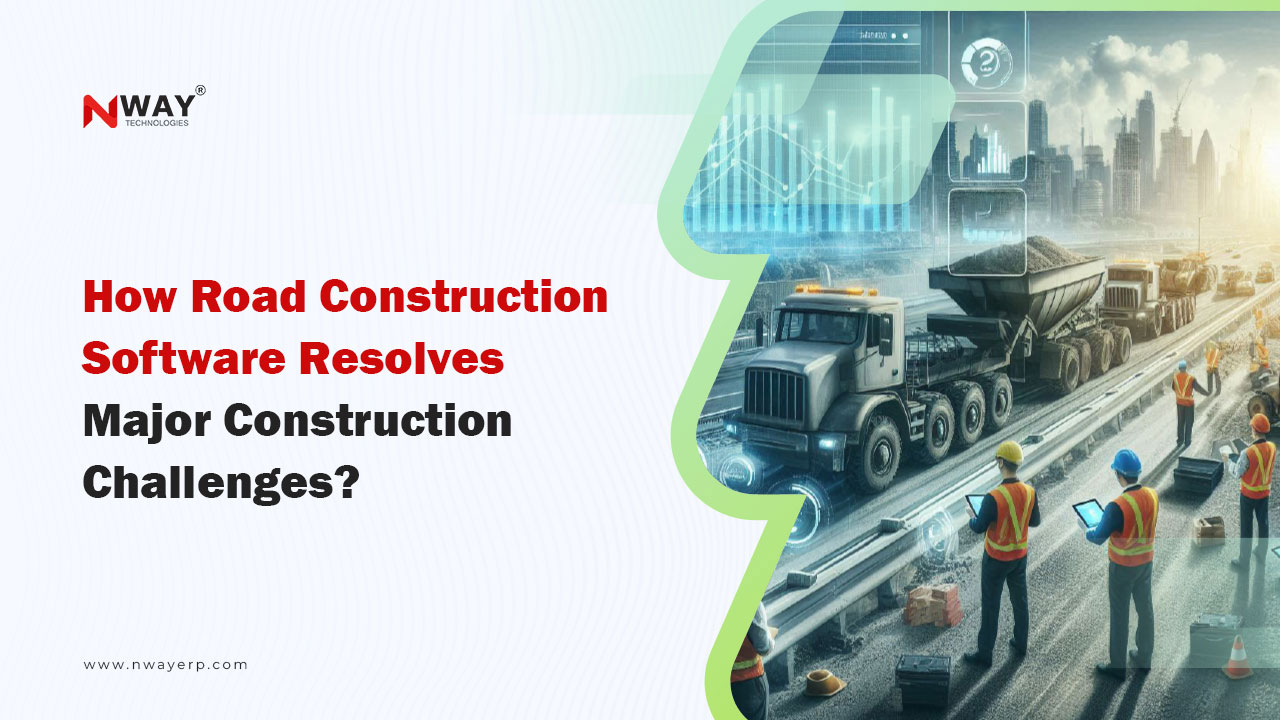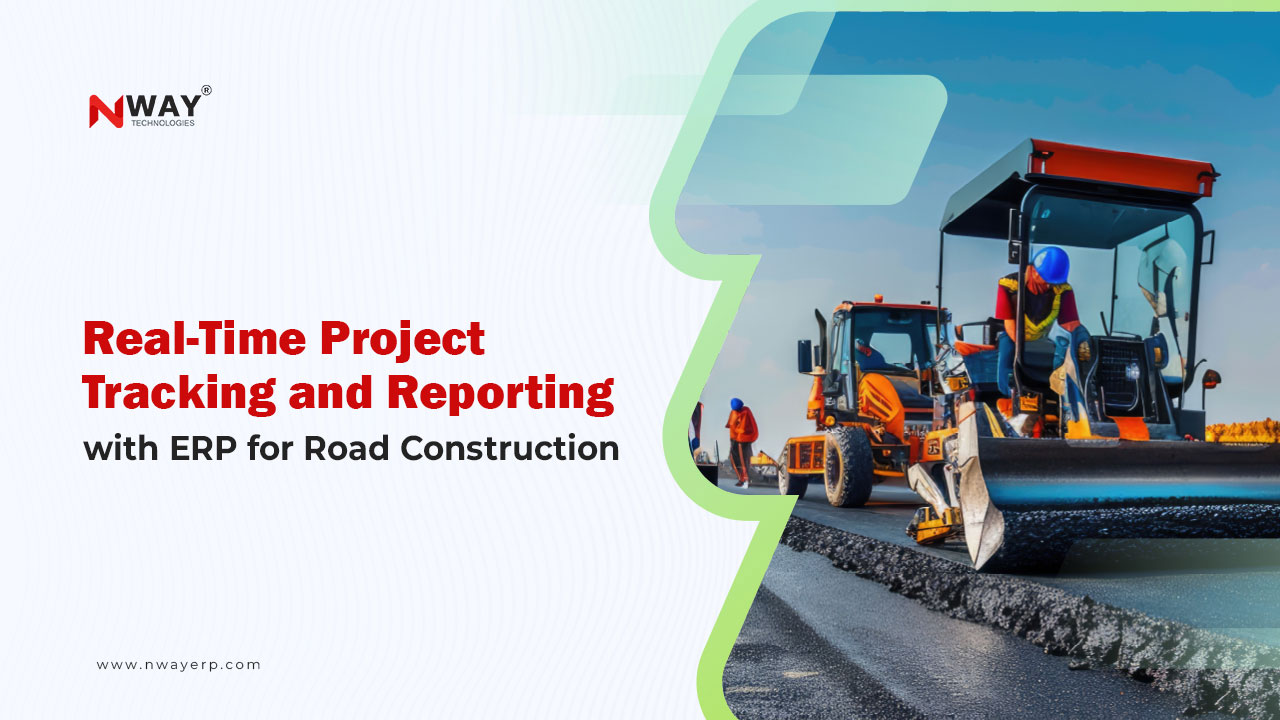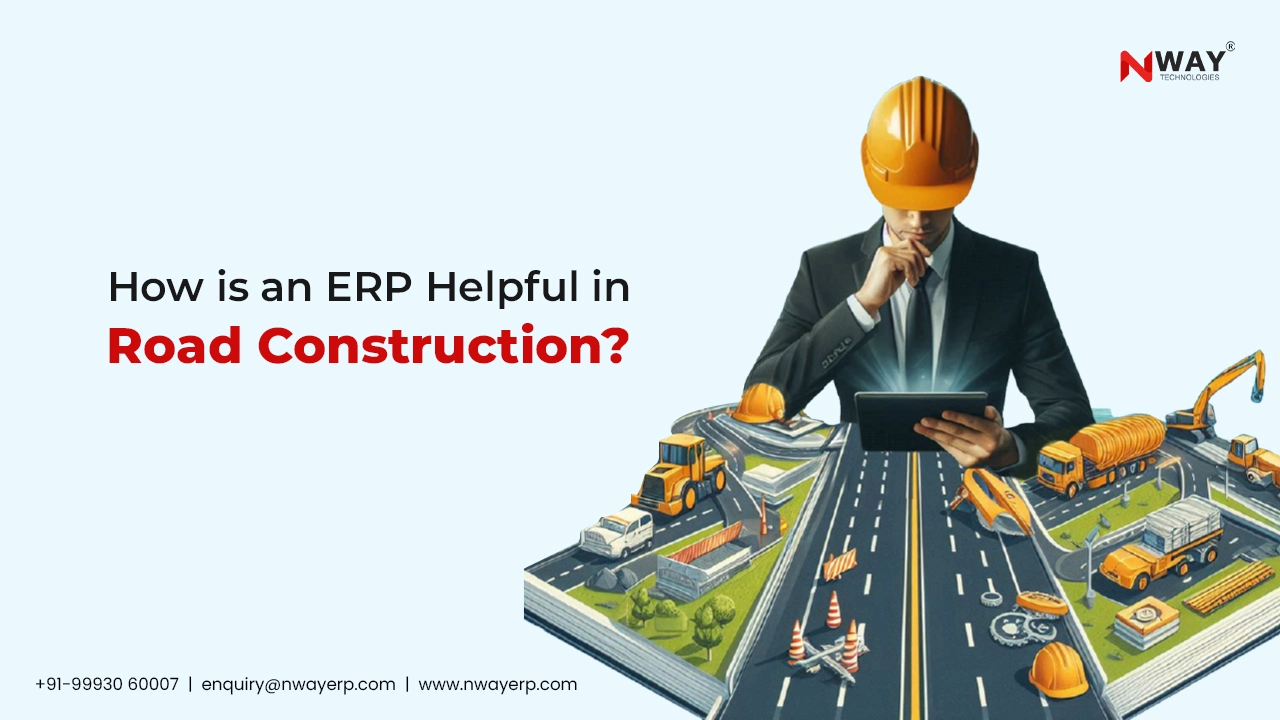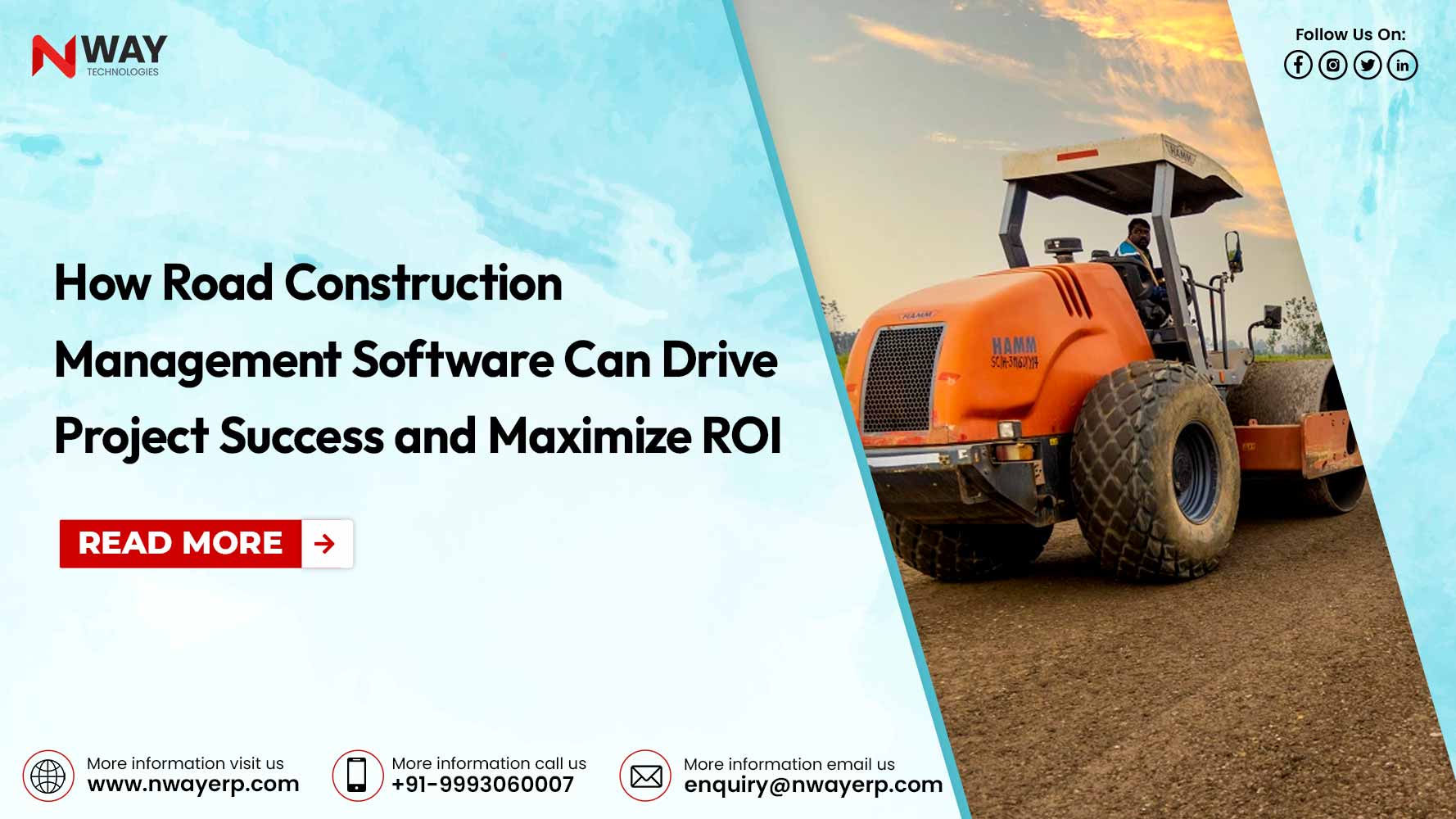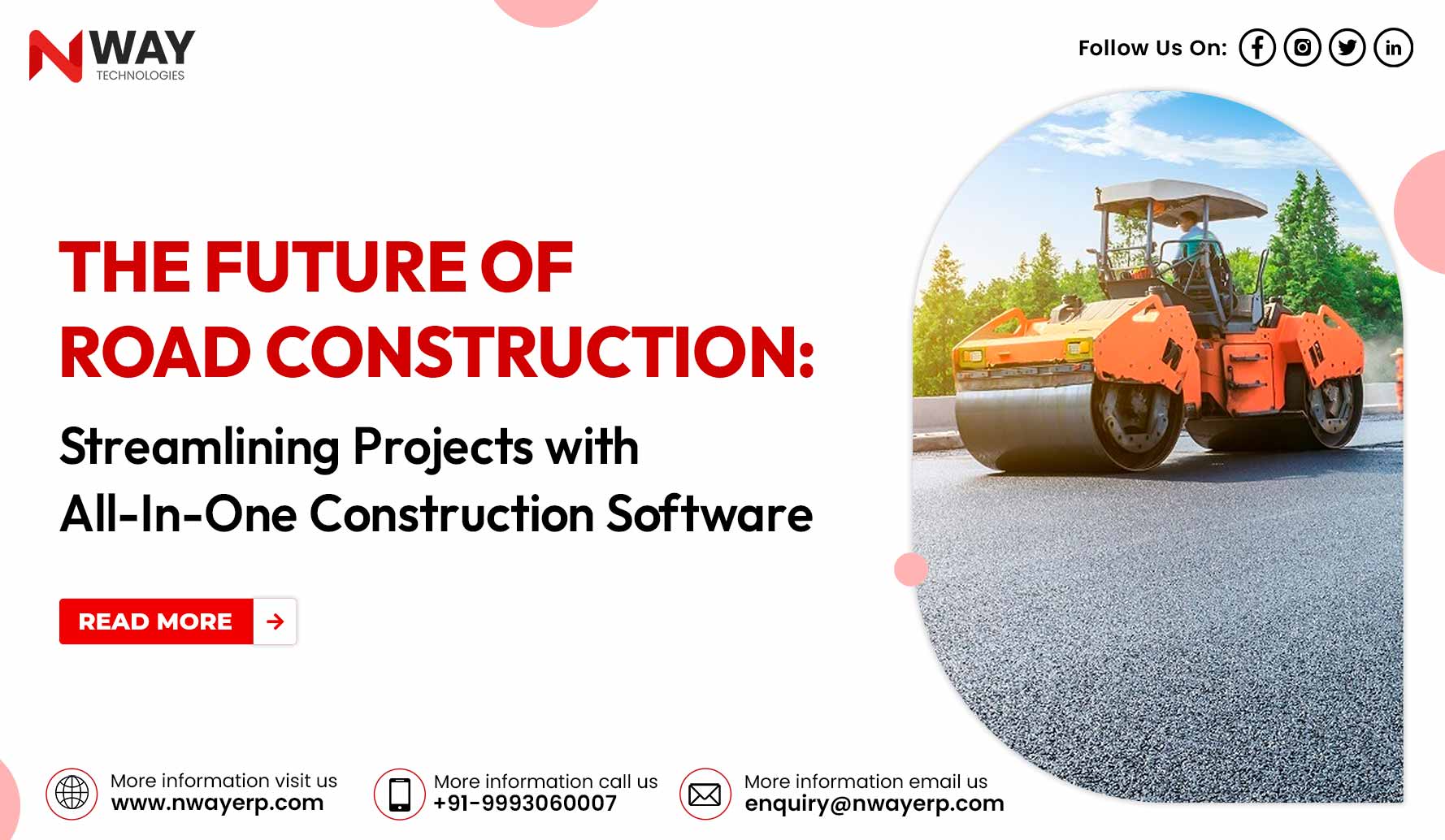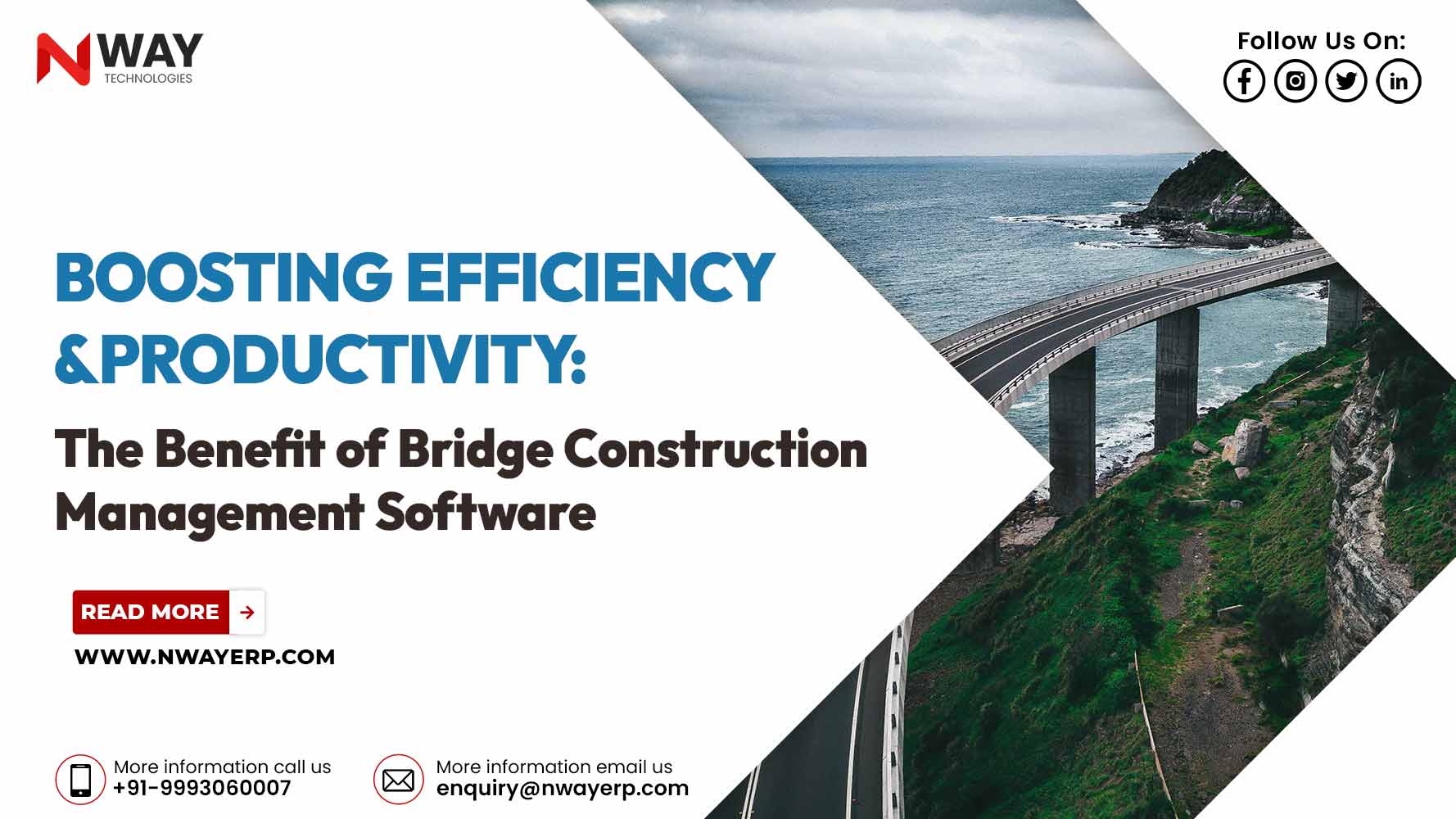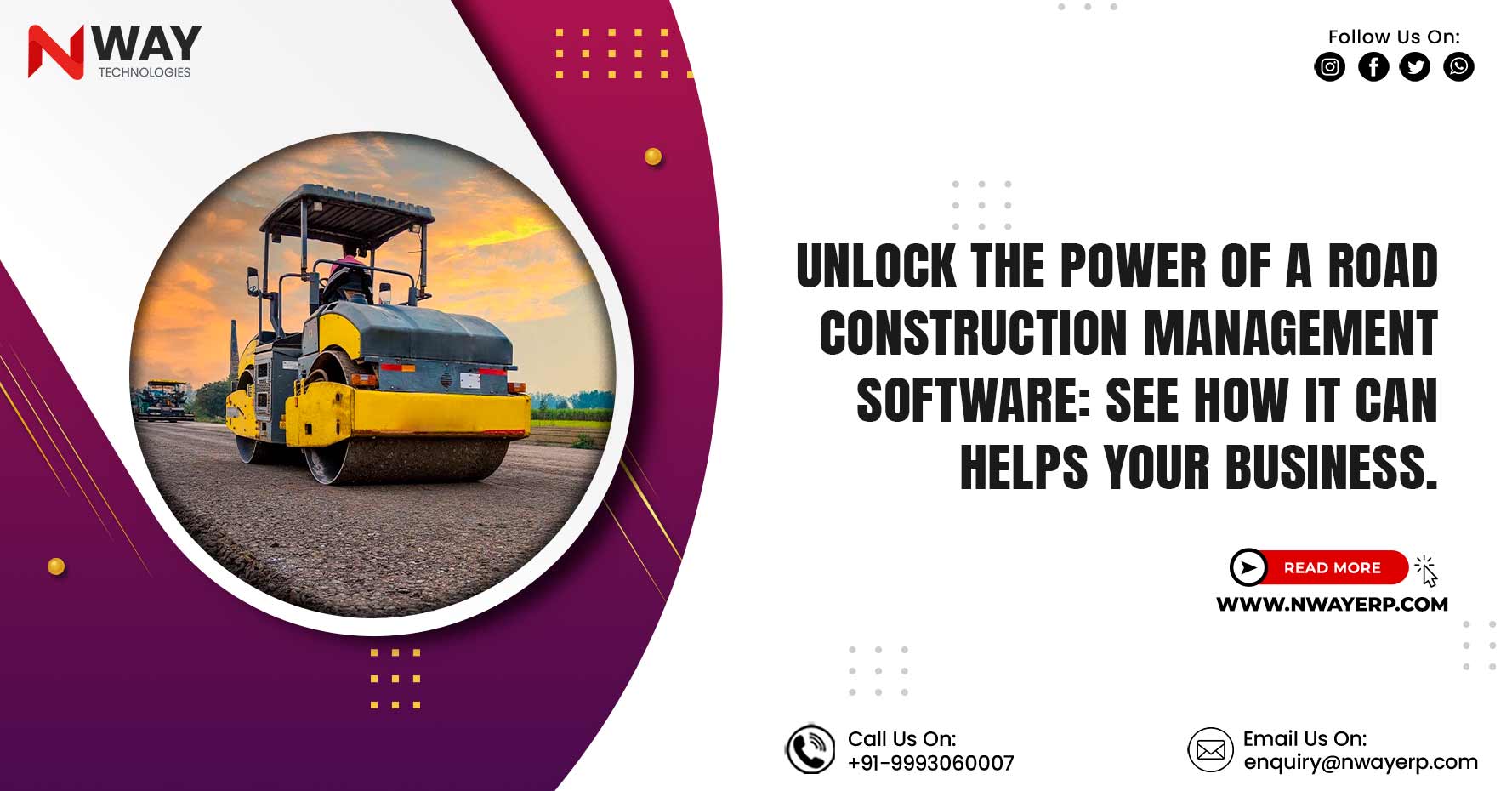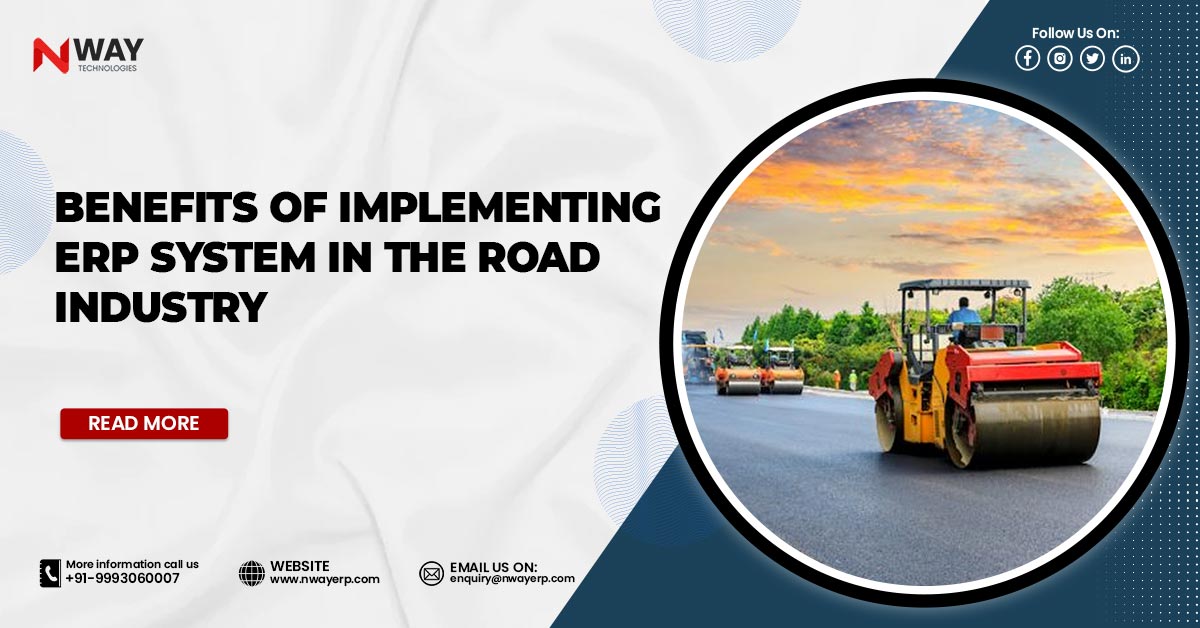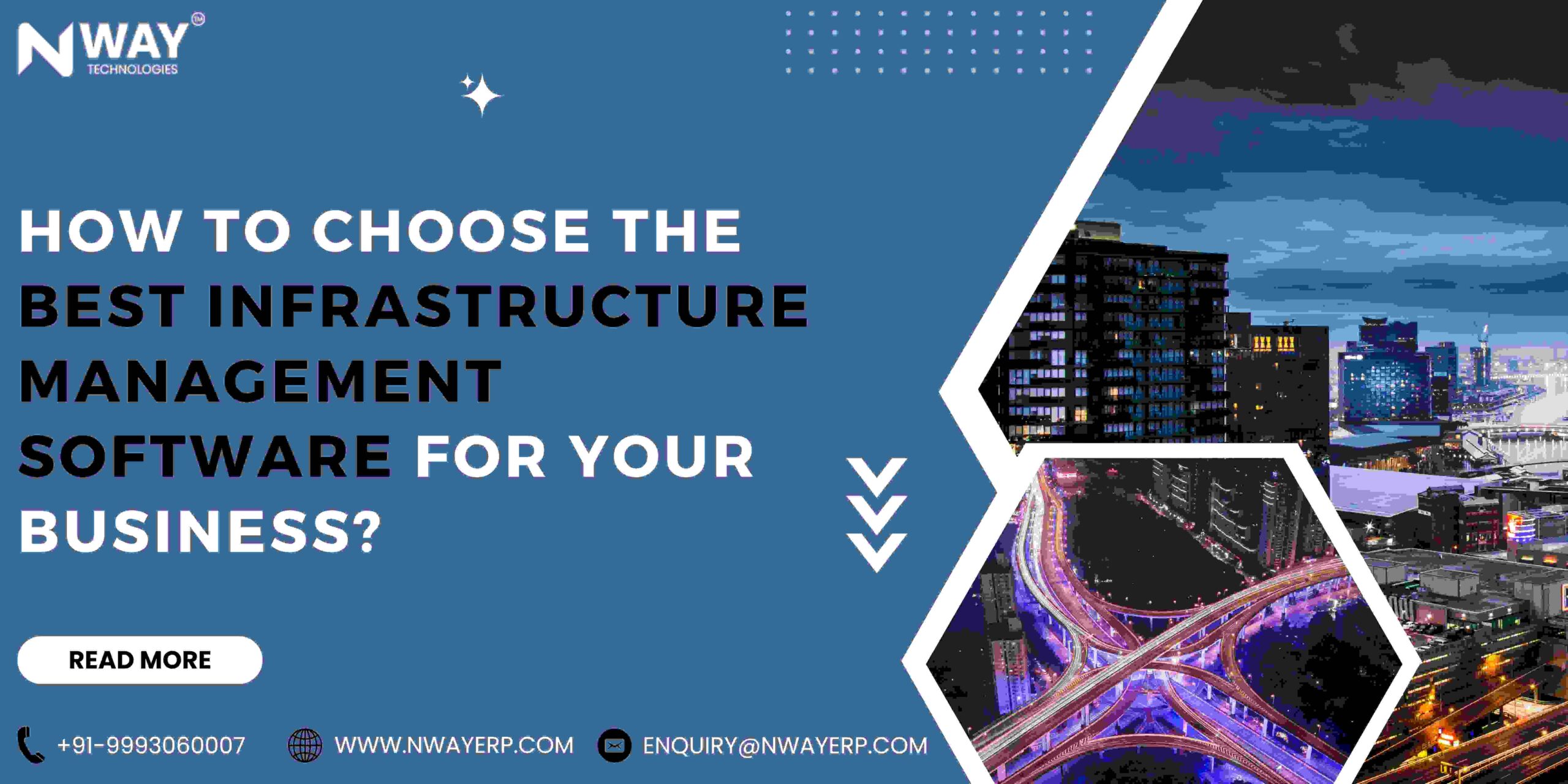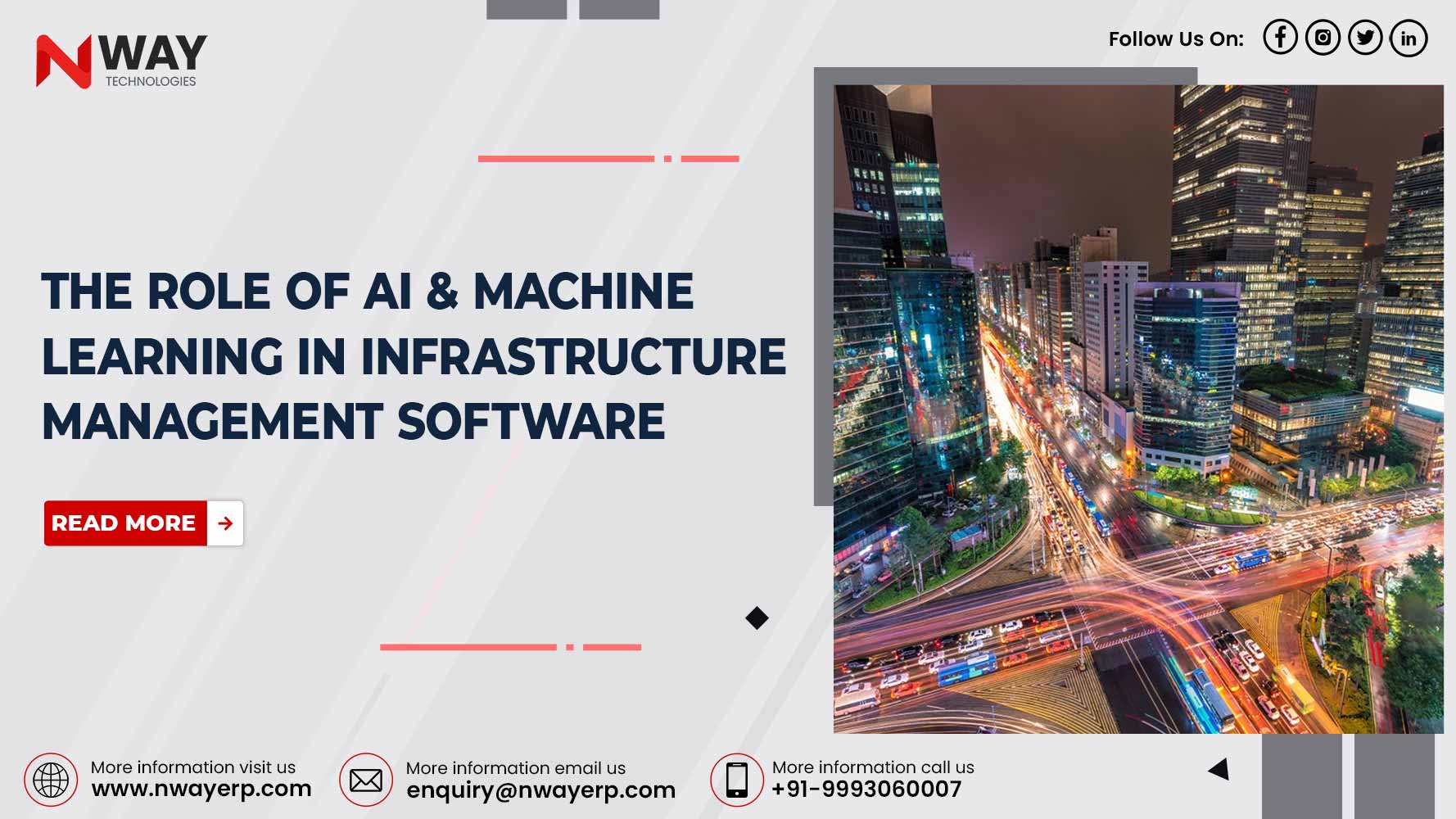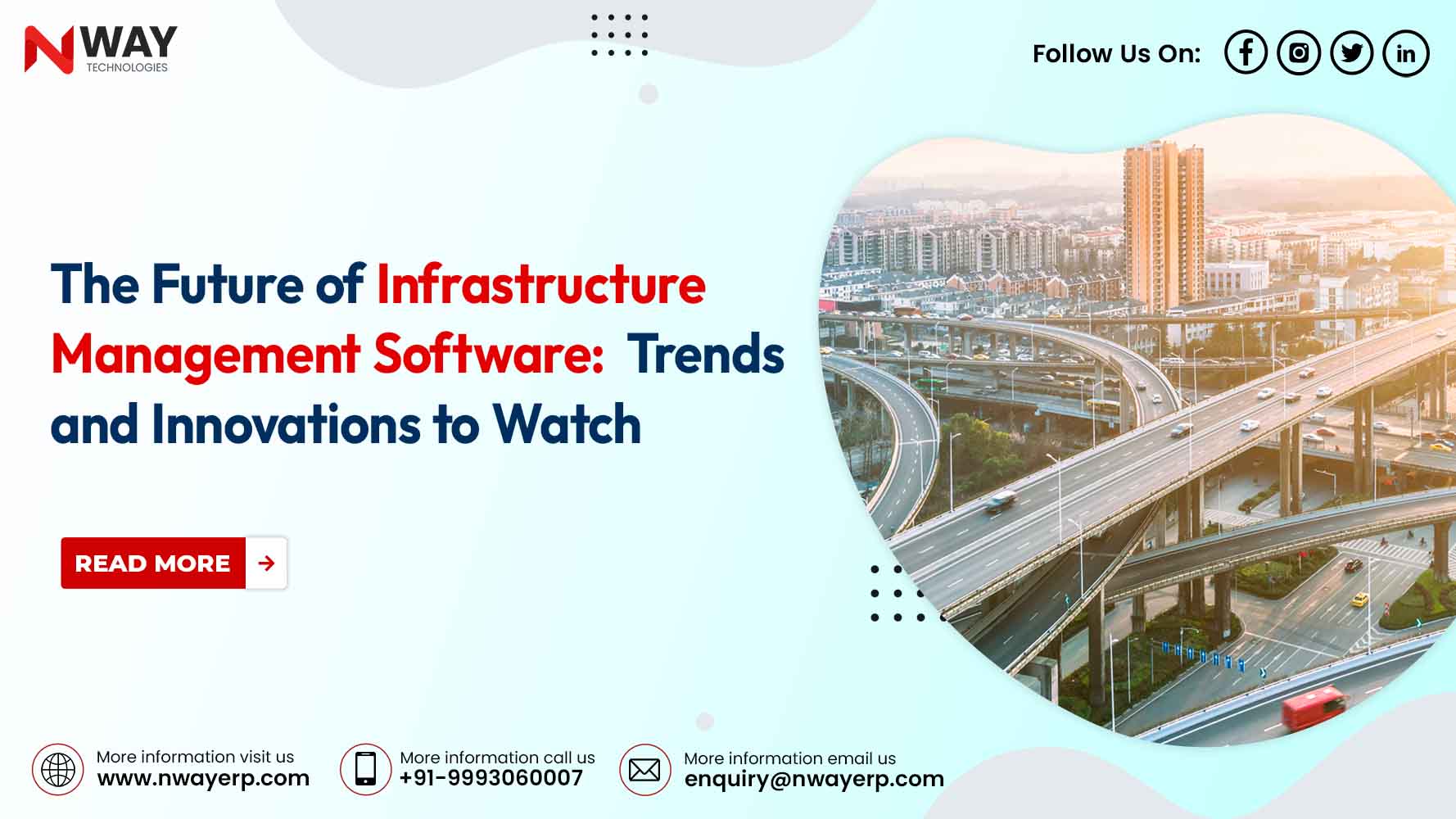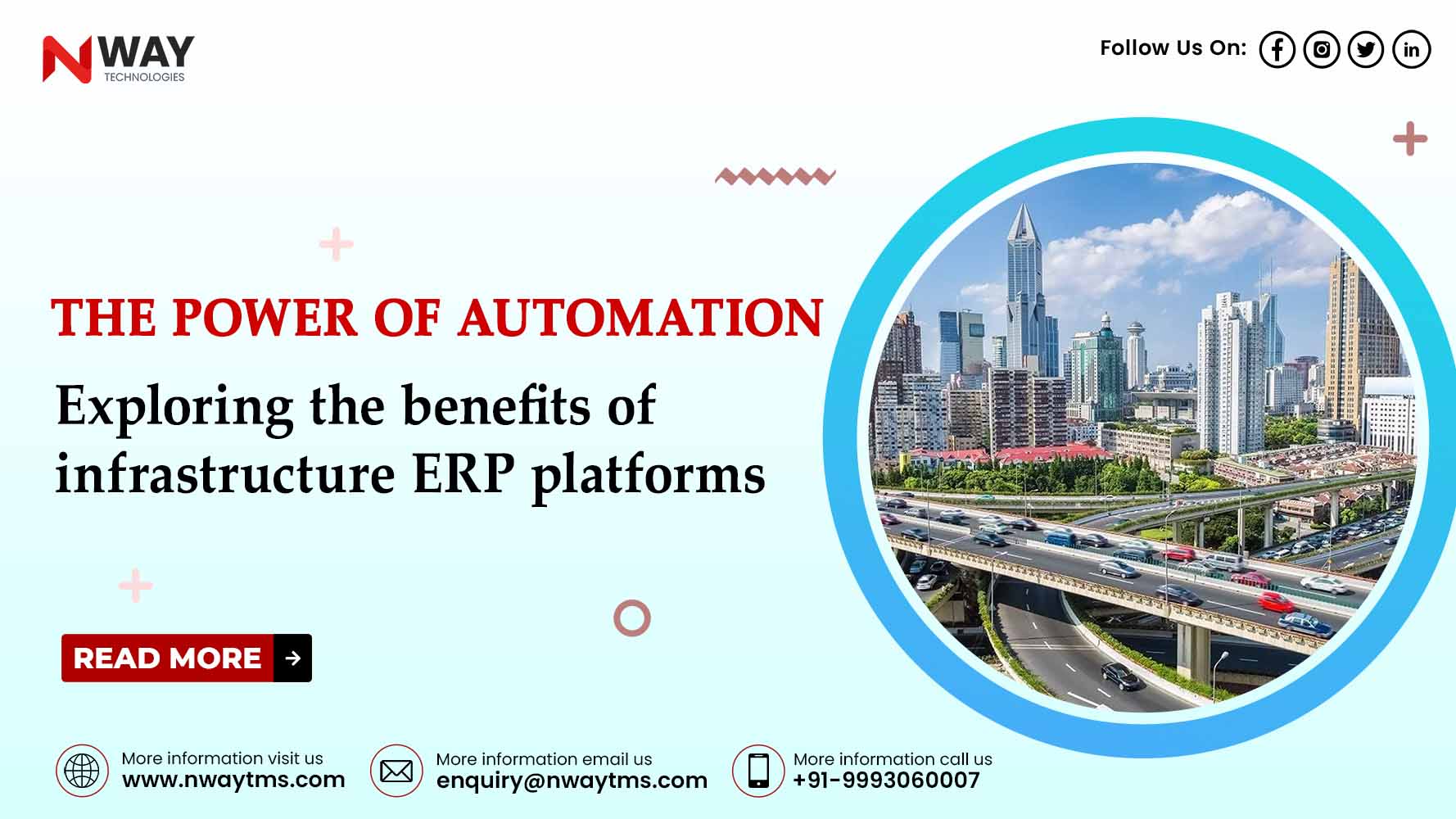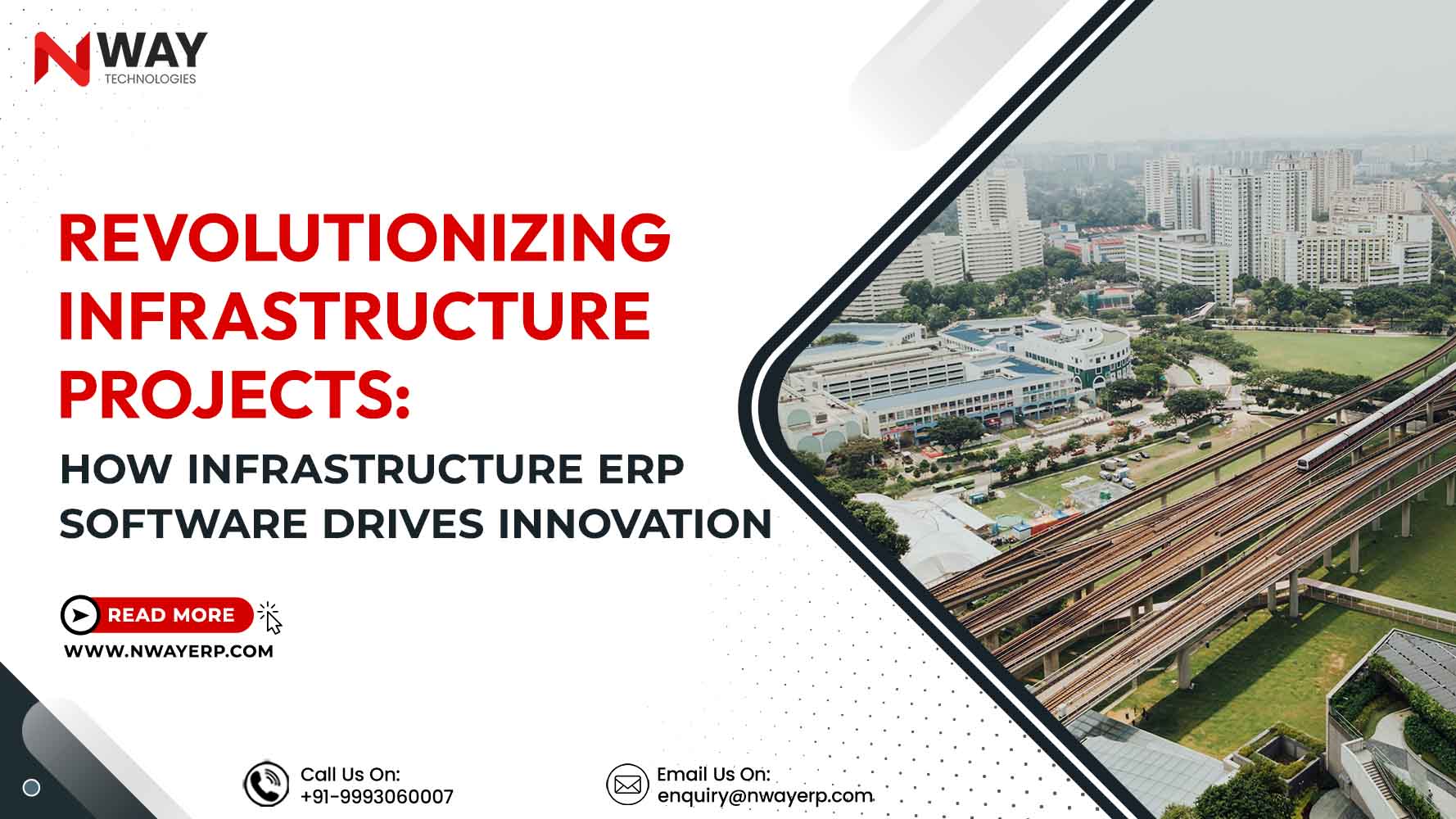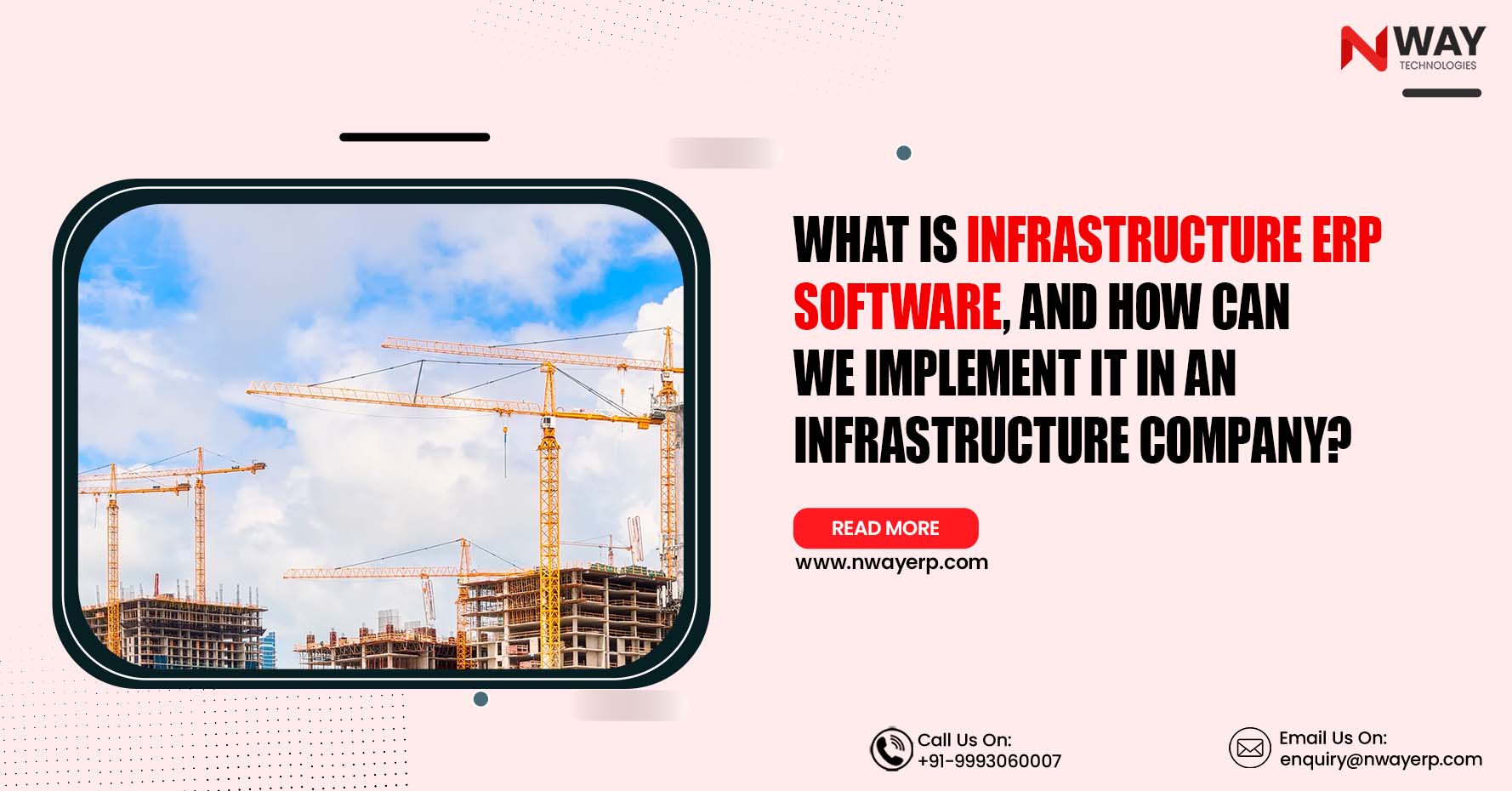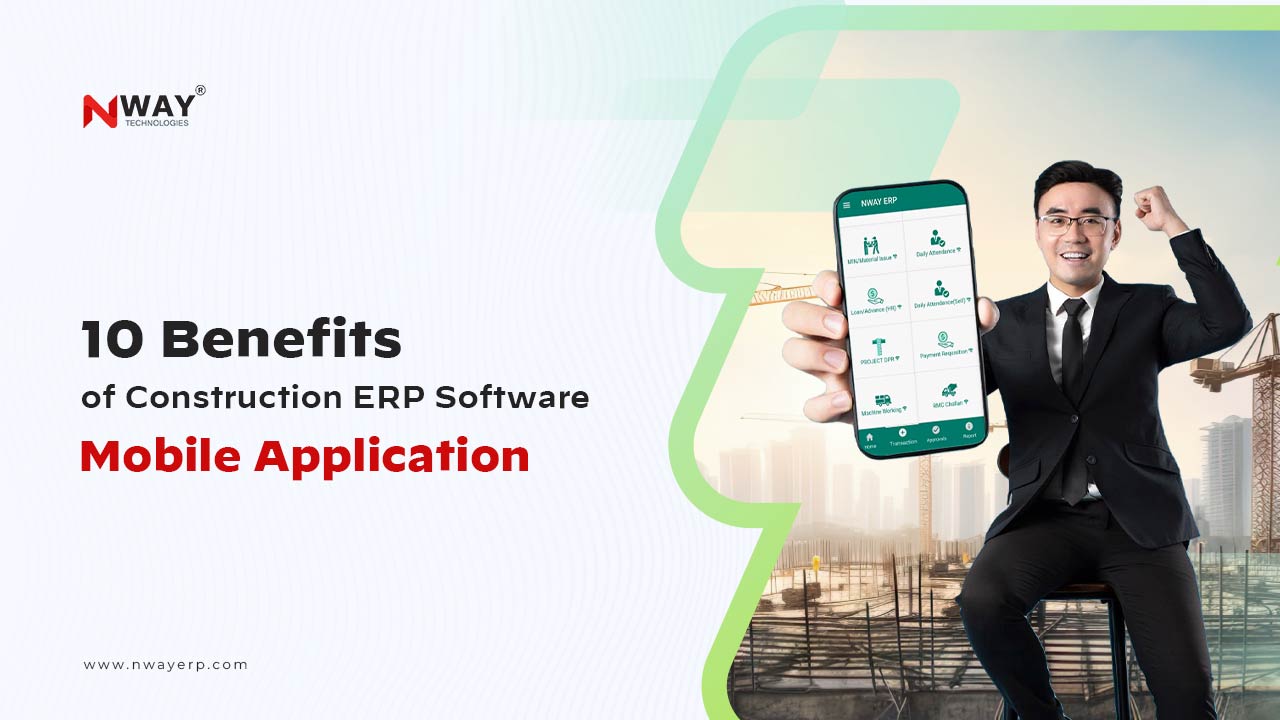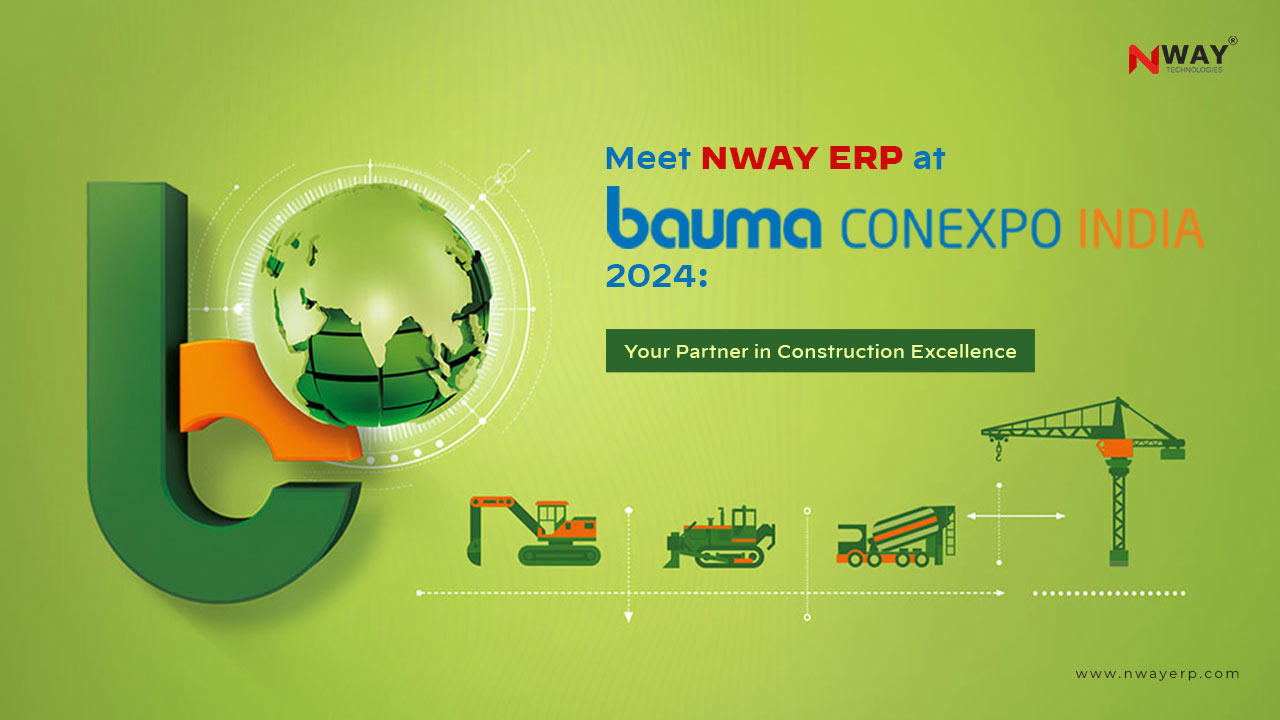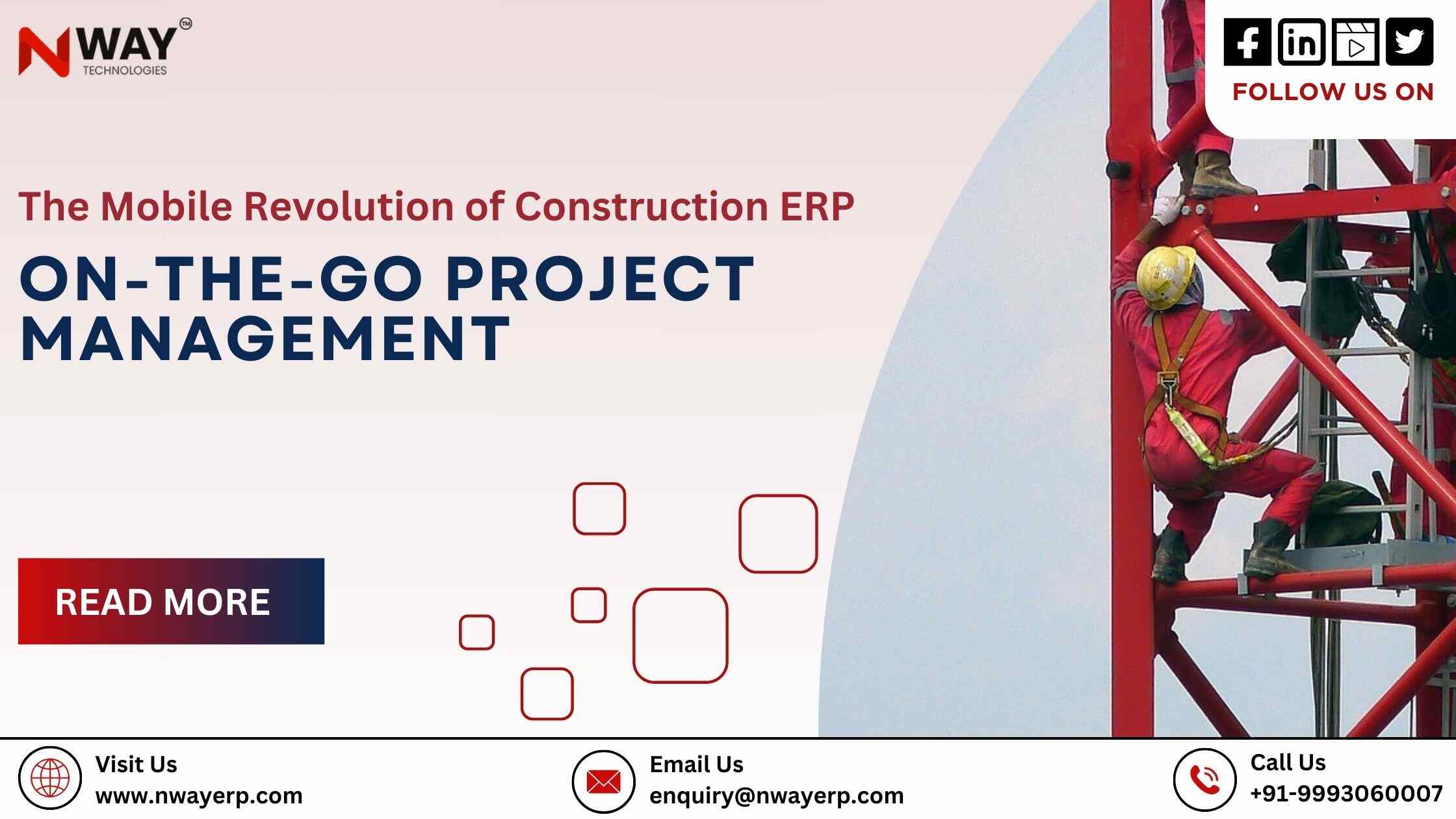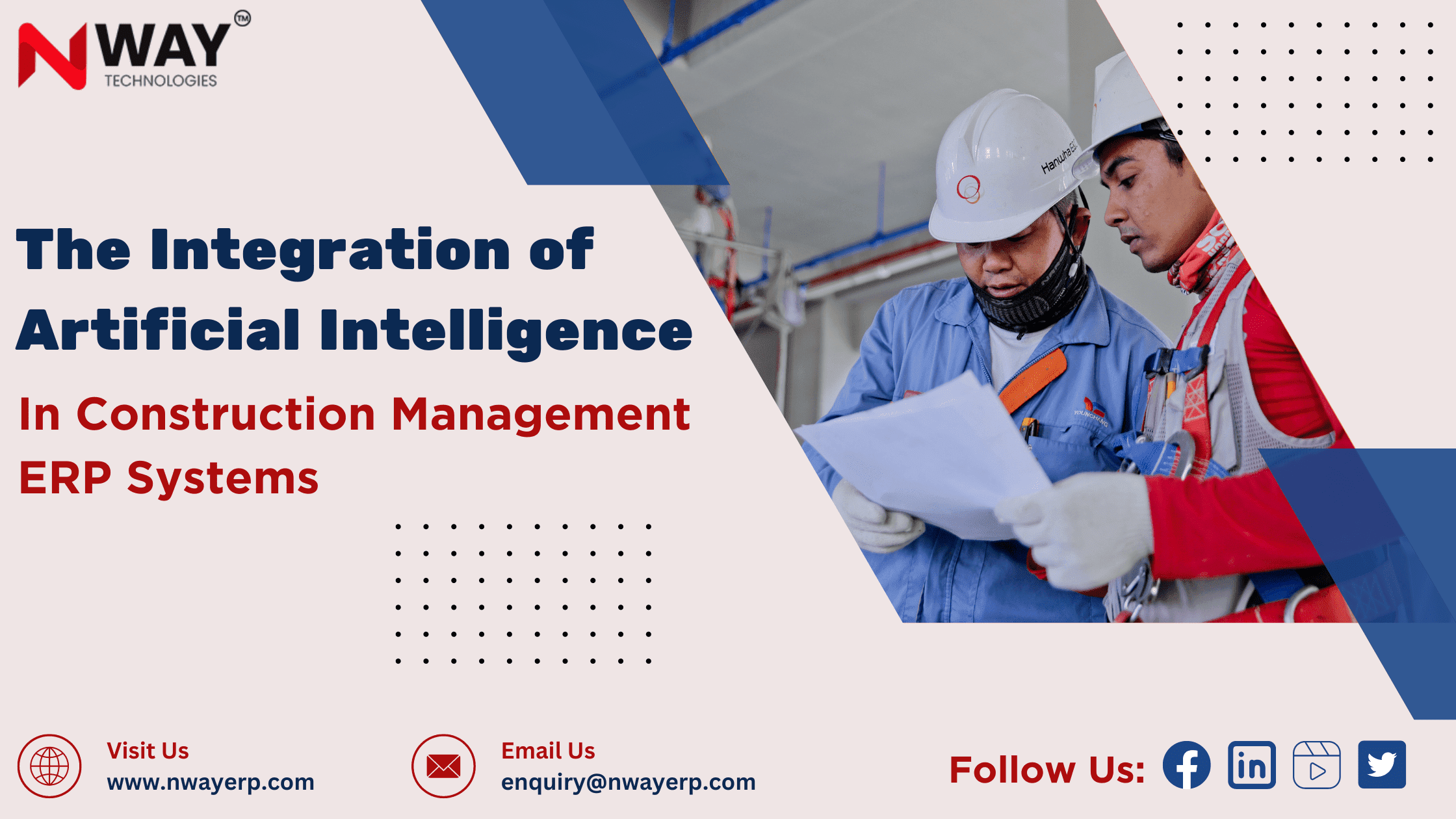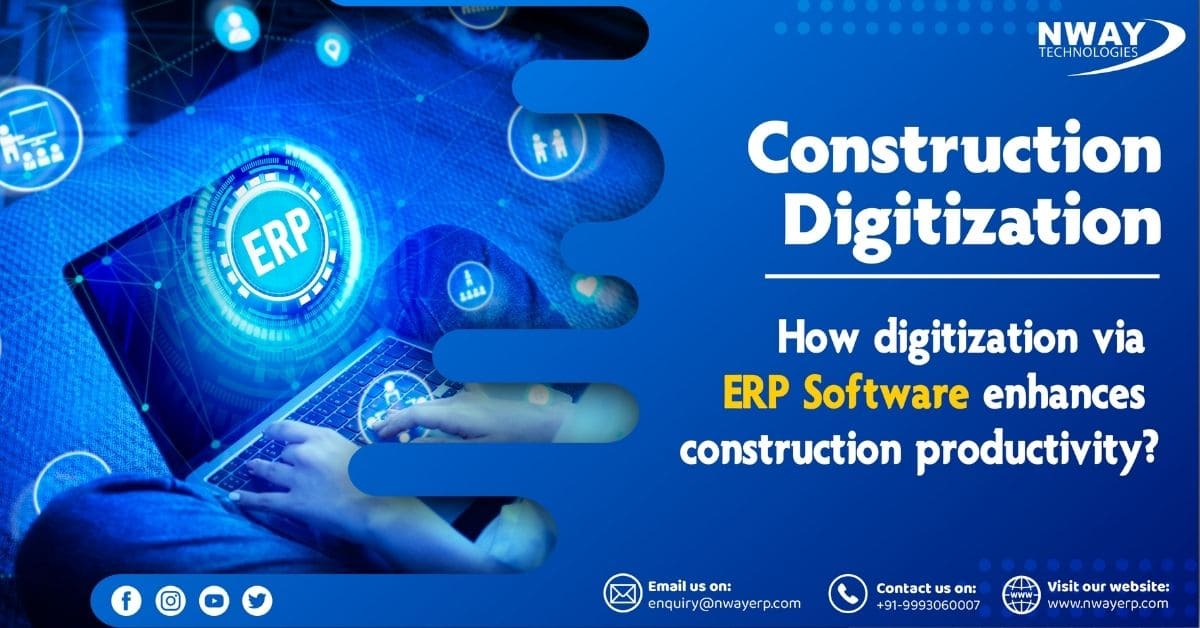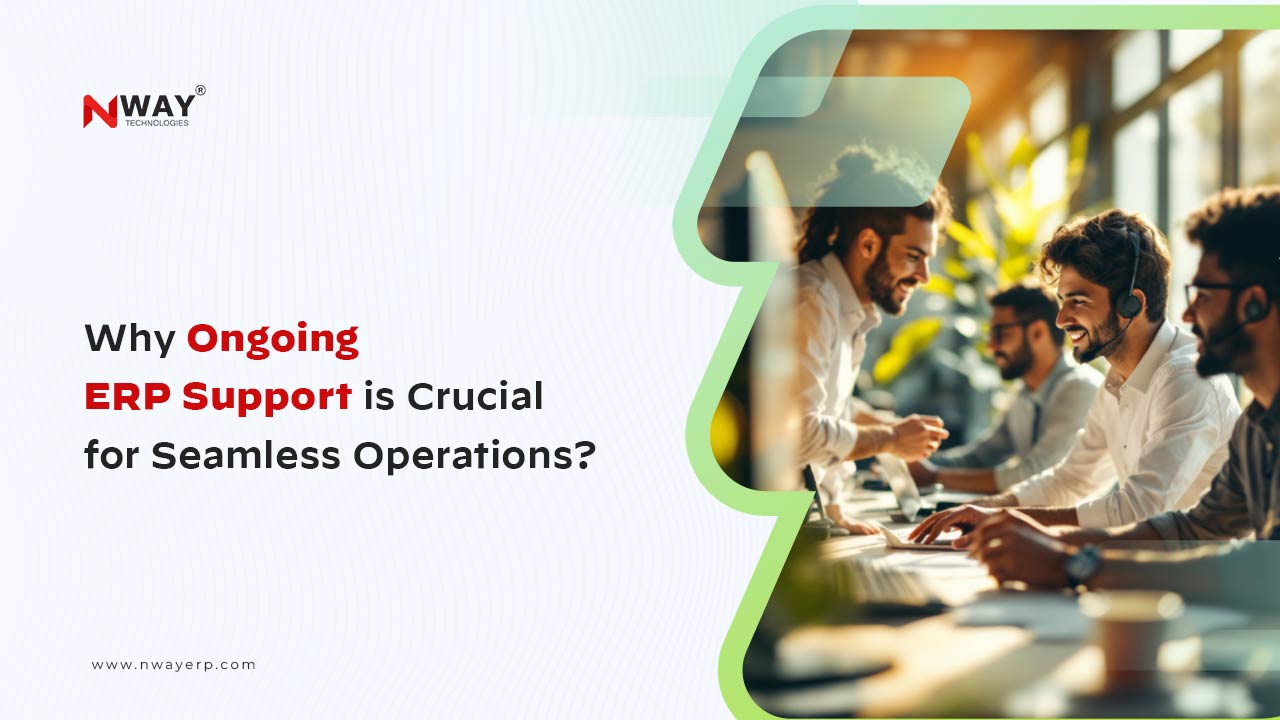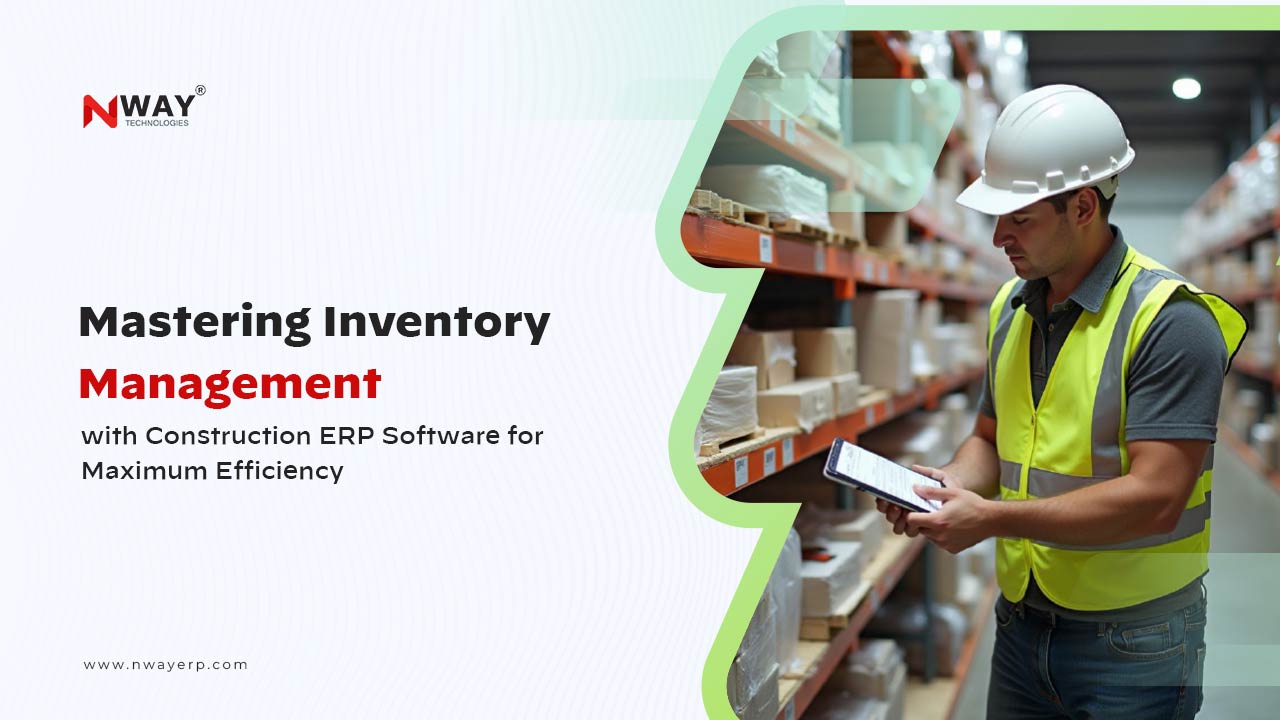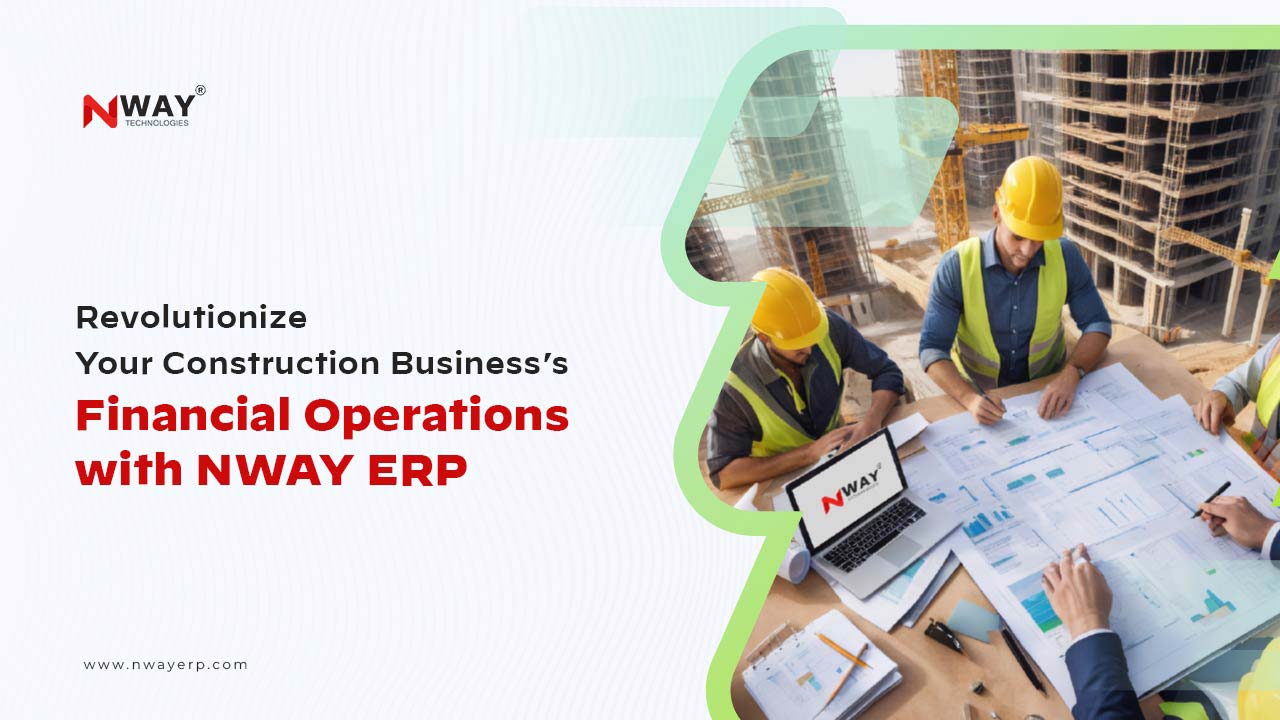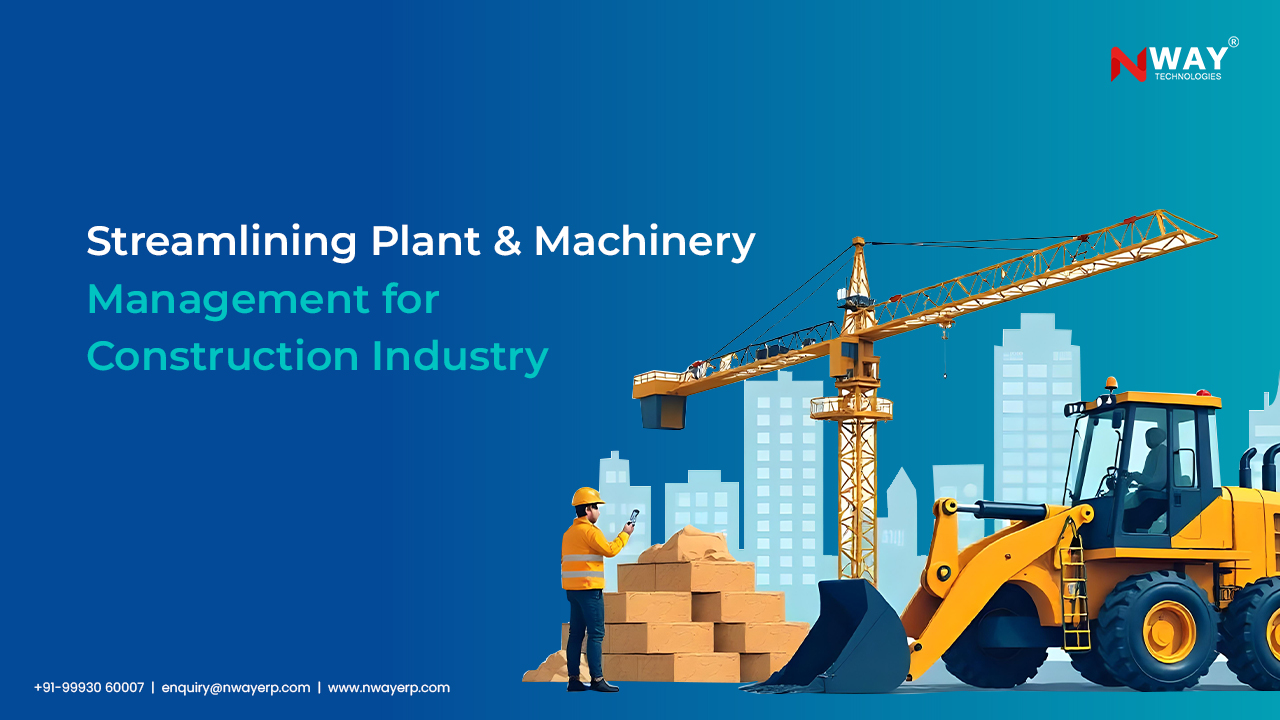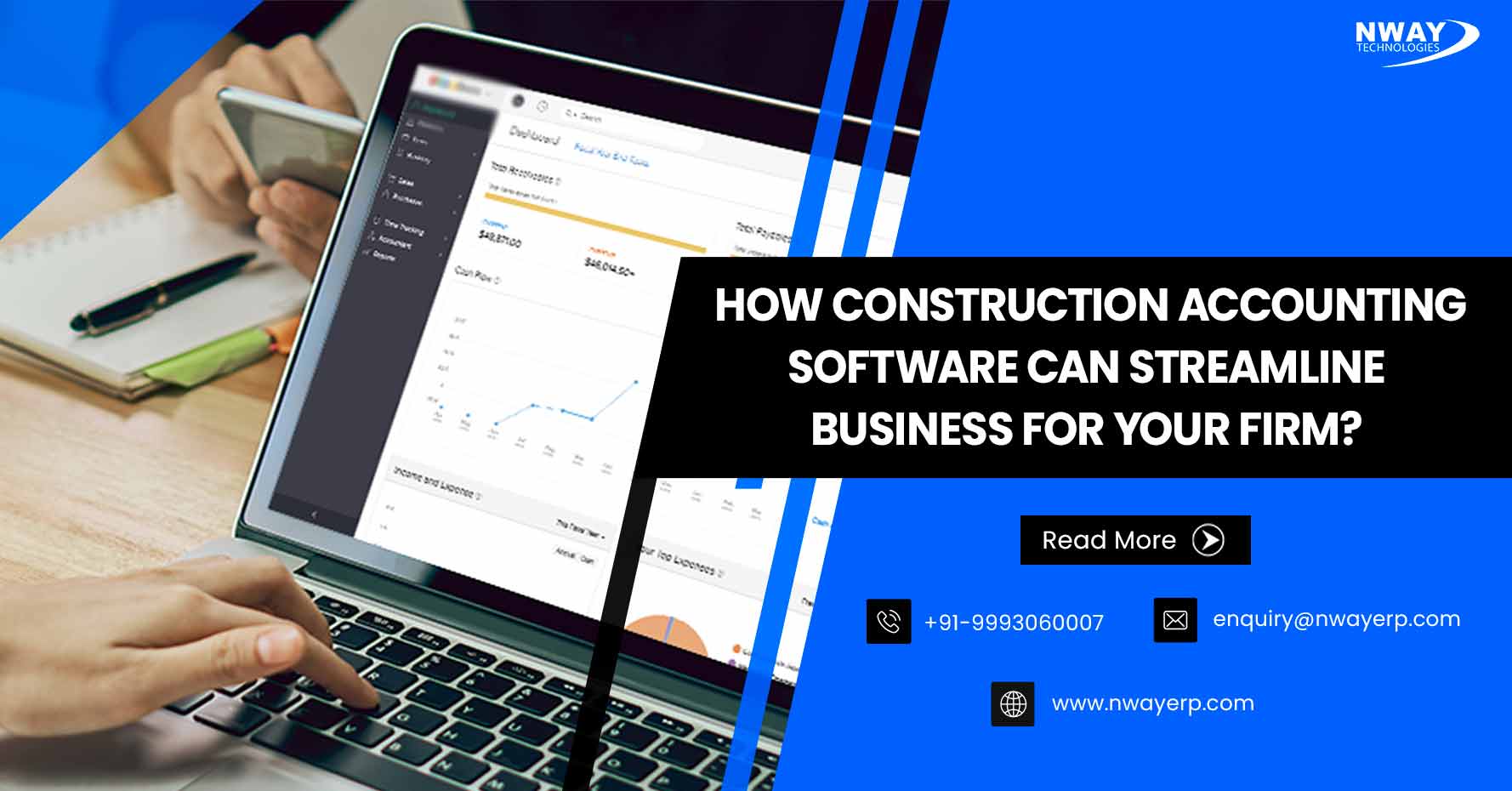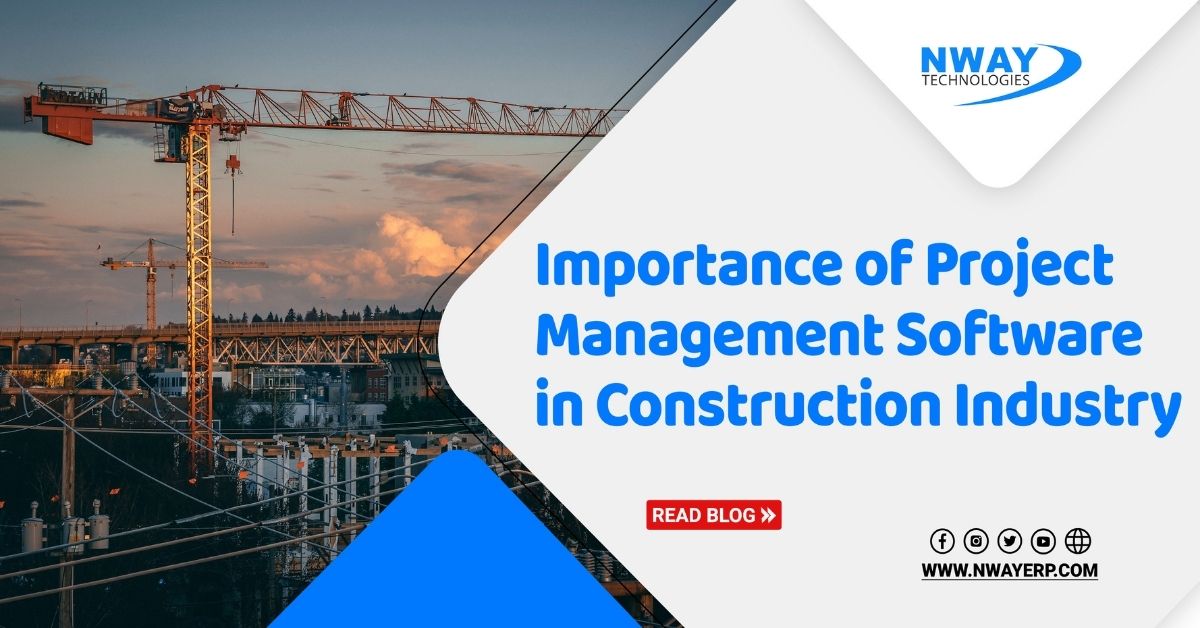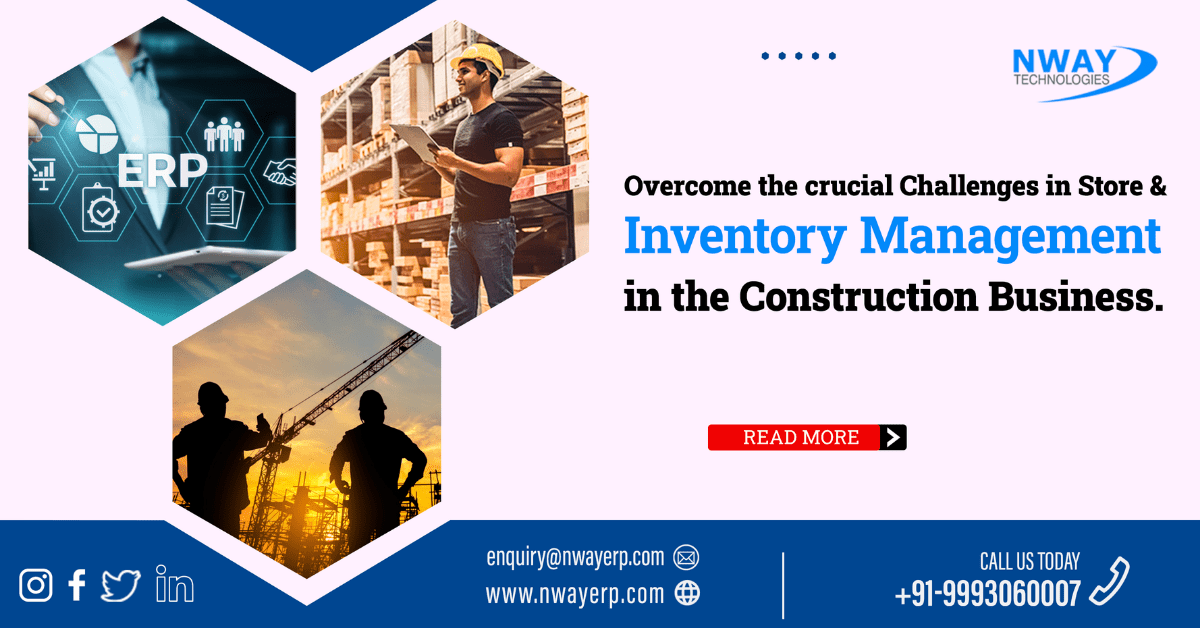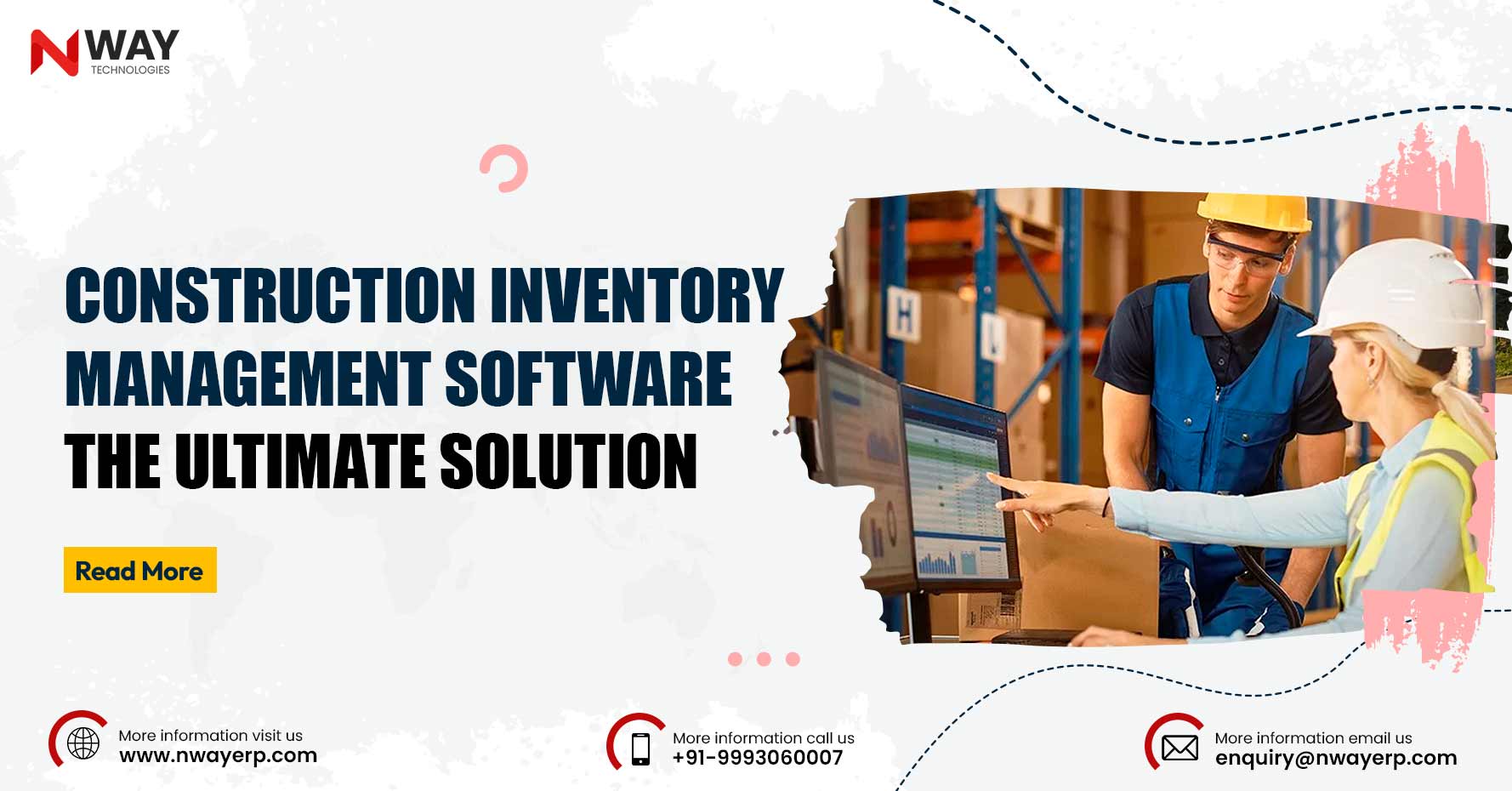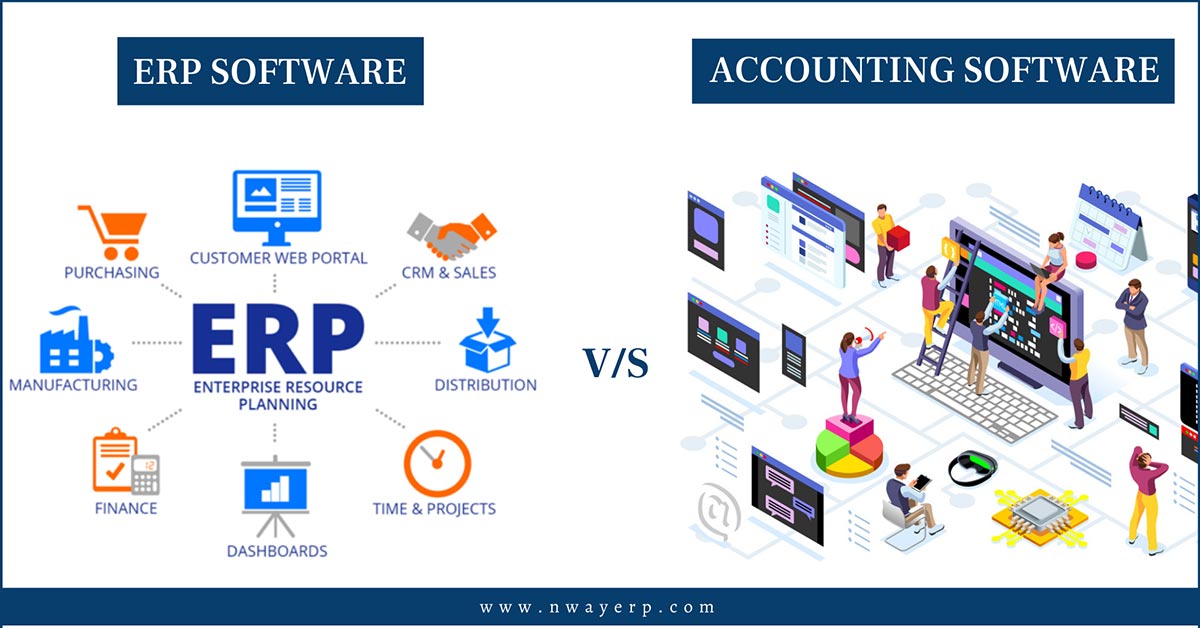Blogs
-
Apr 29 2024In the whirlwind business of managing construction, efficiency is a must. From planning projects to allocation of resources, each element of construction needs a meticulous eye for specifics. This is why construction ERP (Enterprise Resource Planning) Software can be seen as an effective tool for simplifying operations while increasing productivity. Learn more about what Construction ERP Software is, and what you can do to determine whether your business in the construction industry can gain from ERP help! What is Construction ERP Software? Construction ERP Software is a specialized solution designed specifically to satisfy the specific requirements of the construction sector. It combines various elements of management for construction into an integrated, centralized platform that provides a complete overview of resources, projects, financials, projects, and other. Its core function is that Construction ERP Software serves as the core of operations in construction and streamlines processes, increasing collaboration and efficiency throughout all phases of the construction project’s lifecycle. Key Features of Construction ERP Software Project Management: Construction ERP Software provides robust capabilities for managing projects which allow users to develop precise plans for projects, keep track of developments in real-time and organize tasks, schedules and milestones with ease. Finance Management: from budgeting
-
Apr 18 2024In today’s fast-paced world of construction, when deadlines are numerous, resources are constrained and collaboration is crucial to efficiency, speed is the most important factor. Traditional methods for managing projects involving sheets of paper, spreadsheets as well as manual processes do not suffice to handle the requirements of contemporary construction projects. That’s where Construction ERP (Enterprise Resource Planning) software is able to help and provides a full solution that can automate and simplify construction tasks from beginning to finalization. The construction industry is experiencing the digital revolution and construction ERP software is at the center of this transformation. This blog explores the numerous benefits of using ERP software to manage construction, ranging from central information management, to improved collaboration and communications. Challenges in Traditional Construction Project Management Before examining the benefits that come with Construction ERP software, it’s crucial to be aware of the difficulties that are inherent to traditional project management for construction. The inefficiency of data management, the fragmentation of data, schedule and project planning and resource management challenges as well as compliance and financial control problems, insufficient real-time reports and analytics, and communications and collaboration issues are just some of the obstacles construction firms have to overcome
-
Apr 15 2024Automation is transforming our manner of living. There isn’t any business left unaffected by the effects of industrial automation. One of the most obvious proofs is the swift adoption of ERP software. With the world becoming more competitive and oriented towards customers each construction company is conscious of getting lost to competitors within their industry. Gradually, the size of a business has become irrelevant since no business can afford to ignore the value of ERP. It is difficult to survive without adjusting to technological advancements. Before examining the benefits first, you must understand the basics of what ERP software can do specifically for construction and its most important characteristics. What is ERP Software in the Construction Industry? ERP software for the construction sector is a specific set of software and tools that are specifically designed specifically to the particular requirements and issues encountered by companies in the construction industry. Unlike generic ERP systems, which cater to a broad range of industries, construction-specific ERP software is designed to address the complexities of managing construction projects, from planning and scheduling to resource allocation and financial management. In essence, ERP software for construction functions as a central platform for integrating various operations and
-
Apr 06 2024In the fast-paced world of construction management, maintaining ahead of project deadlines, managing resources efficiently, and controlling costs are critical. In this deep examination, we look at the critical role of Enterprise Resource Planning (ERP) solutions in tackling these difficulties and transforming the construction sector. What is Construction ERP Solution Construction ERP (Enterprise Resource Planning) solutions are elegant software systems developed to meet the construction industry’s unique challenges and requirements. These systems give construction companies a single platform to handle all parts of their projects, such as planning, resource allocation, cost control, and collaboration. At its core, a construction ERP solution connects many departments and services inside a construction company, allowing for seamless communication and data sharing throughout the organization. Key Components of a Construction ERP Solution Typically Include: Project Planning and Scheduling: Construction ERP software simplifies the formulation and maintenance of project schedules, allowing construction managers to organize tasks, allocate resources, and define milestones. Advanced scheduling capabilities help to improve project timeframes and guarantee that resources are used efficiently. Resource Management: Construction ERP solutions enable organizations to track and manage resources such as materials, equipment, and staff in real time. This covers inventory management, equipment tracking, and personnel scheduling,
-
Apr 04 2024In the complicated world of construction, where projects are multifaceted and timelines are tight, efficiency is not just desirable, it’s essential. Enter Enterprise Resource Planning (ERP) software, a game-changer in the construction industry. This blog explores how construction ERP software is revolutionizing project management, boosting efficiency, and driving success in construction projects of all sizes. Understanding Construction ERP Software: Construction ERP software serves as a centralized platform that integrates various aspects of construction project management, including project planning, scheduling, resource management, financial tracking, and reporting. Unlike traditional management methods that rely on disjointed systems and manual processes, ERP software streamlines operations, enhances collaboration, and provides real-time visibility into project progress. Benefits of Construction ERP Software: 1. Streamlining Project Management: Construction ERP software facilitates seamless project management by centralizing project data and communication channels. With features like real-time project tracking, automated scheduling, and task assignment, construction teams can coordinate efforts efficiently, minimize delays, and ensure project milestones are met on time. 2. Enhancing Financial Management: The financial aspects of construction projects are notoriously complex, involving budgeting, invoicing, billing, and payroll processing. Construction ERP system simplifies financial management by integrating accounting modules, providing comprehensive financial tracking and reporting capabilities, and ensuring compliance
-
Mar 21 2024Construction companies, and especially those in the road sector, face many challenges today, particularly as the world moves so quickly. Road construction firms are always looking for innovative ways to optimize their operations. Enterprise Resource Planning software has transformed the management of road building projects. Understanding Road Construction ERP Software ERP software is designed for road construction. It integrates and streamlines various aspects of the road construction project. The software is tailored for the specific needs of this industry. It includes project management, resources allocation, budgeting and scheduling, as well as equipment management. ERP software allows road construction firms to increase productivity and reduce costs by centralizing information and automating business processes. Key Features of Road Construction ERP Software Project Management: The Road Construction ERP Software offers powerful project management tools that help plan, monitor, and execute projects efficiently. This software facilitates project management, including detailed planning, resource allocating, tracking of real-time results, and proactive risks. Resource Allocation Optimization: This software maximizes the allocation of resources by optimizing equipment, manpower, and materials. The software minimizes shortages of resources, reduces waste, and improves the efficiency of projects. Budgeting and Cost Control: The road construction ERP system facilitates budgeting accuracy, tracking of
-
Mar 14 2024Modern Construction management, efficiency, coordination and a seamless workflow are the most important factors. As the construction industry develops as do the equipment and technology which support the operations. One of these tools can be Construction Enterprise Resource Planning (ERP) software. This article delves into the intricacies of Construction ERP Software, uncovering its functions and the advantages it can bring to projects in construction at all sizes. Understanding Construction ERP Software ERP for construction is a comprehensive system that is designed to control every aspect of the company’s everyday operations. This specific construction ERP software addresses the specific demands of the construction sector in that it allows subcontractors, contractors and equipment, materials and costs to be controlled efficiently across multiple different projects and sites. The ERP Construction software comes with options for managing subcontractors and general contractors, finance management as well as payroll and construction accounting, document management as well as service operation within a single database. After we have figured out the definition of construction ERP Let’s distinguish it from the standard ERP. What Are The Key Functionality of ERP Construction Software? Project Management In the heart of Construction ERP Software lies robust capability to manage projects. From the
-
Feb 22 2024When it comes to construction the foundation of a lot of projects is the durability and strength of concrete. From massive skyscrapers to complex infrastructure, concrete is the foundational building block for our modern society. But the process of moving from raw materials to final construction involves a complex set of operations that requires accuracy, speed and flexibility. This is why Ready Mix Concrete (RMC) ERP software can be seen as an innovative force defining the direction of future concrete production, and opening the door to innovation within the concrete industry. The Evolution of Concrete Production Concrete production has traditionally been a time-consuming and labor-intensive procedure, frequently plagued with inefficiencies and mistakes. The manual record keeping, the issues with managing inventory, and fluctuating demand fluctuations remain a major obstacle for manufacturers of concrete. But, as technology evolves and changes, so is the nature of concrete production. It’s time to introduce RMC ERP software. It’s an all-encompassing solution that is designed to simplify operations to optimize resources and boost growth in the field. Unleashing the Power of RMC ERP Software The core of RMC ERP software lies in a set of robust features and functions specifically designed for the concrete industry.
-
Feb 16 2024ERP software offers a complete, end-to-end system that is designed to handle the entire extent of a business’s day-to-day activities. Construction ERP Software is created to fulfill the particular demands of construction firms which allows for efficient administration of subcontractors, contractors equipment, materials and costs over multiple sites and projects. What Is Enterprise Resource Planning (ERP) Software? Enterprise Resource Planning (or ERP) software is an extensive and centralized system that enables firms to manage and simplify the business processes. With multiple functions that can be utilized across the business, ERP software allows businesses to control their Finances Project Management Accounting Manufacturing Risk Management Procurement Compliance Supply Chain Operations In consolidating and organizing every piece of information and data in an integrated platform ERP software offers medium-sized to large-scale companies with the capability of synchronizing every department, team and even projects. The holistic approach improves the efficiency, transparency and cooperation across the entire organization which helps companies be more effective and increase their profitability. What Is Construction ERP Software? Specific to the requirements of companies in the construction industry, construction ERP software allows for efficient management of contractors Subcontractors, subcontractors and materials cost of equipment, and plant across a variety of
-
Jan 30 2024In the rapidly changing world of construction, where deadlines are tight, resources are limited, and dangers abound, effective management is critical. Amid these obstacles, the introduction of Enterprise Resource Planning (ERP) software designed specifically for the construction industry has emerged as a ray of hope. In this blog article, we’ll look at how ERP software is transforming the construction industry, providing solutions to long-standing problems and paving the way for more efficient operations and long-term growth. How ERP Software Simplifying Construction Challenges Automated Project Management One of the most significant challenges in construction projects is the complexity of project management. ERP software serves as a central hub, consolidating all project-related data and procedures under one roof. Construction ERP optimizes workflows, enhances collaboration, and enables smooth communication between project stakeholders from start to finish. With real-time access to crucial project information, decision-makers can confidently manage project challenges, resulting in increased efficiency and timely project delivery. Optimized Resource Allocation Resource management is a critical component of successful building projects. ERP software offers construction managers with detailed information on resource availability, utilization, and allocation. Construction ERP allows for exact material, labor, and equipment planning and allocation through the use of data-driven analytics. Construction
-
Jan 16 2024The construction industry has always been a cornerstone of societal development. Over the years, the management of construction projects has undergone significant changes, evolving from traditional, manual practices to advanced, technology-driven processes. This evolution, particularly the transition to modern Enterprise Resource Planning (ERP) solutions, has revolutionized how construction projects are planned, executed, and delivered. The Traditional Era In the early days, construction management was heavily reliant on manual labor and paper-based processes. Tasks such as scheduling, budgeting, and resource allocation were done manually, often leading to inefficiencies. Communication was typically face-to-face or via telephone, and record-keeping was predominantly done on paper. This approach, while straightforward, had limitations in terms of scalability and accuracy. As projects grew in complexity and size, the traditional methods became increasingly inadequate, often resulting in delays, cost overruns, and quality control issues. The Initial Shift to Technology The introduction of digital technology in construction management marked the first significant shift in the industry. Software tools for project management, CAD (Computer-Aided Design), and other specialized applications began to replace paper-based processes. These tools enhanced precision in project planning and execution, allowing for better visualization of the end product and more accurate resource estimation. However, these tools often
-
Jan 02 2024In the dynamic field of construction, the need for efficient, comprehensive, and user-friendly ERP (Enterprise Resource Planning) software has never been greater. As we delve into 2024, one solution stands out in the crowded market: NWAY ERP Software, also known as NWAY Construction ERP Software. What exactly is Enterprise Resource Planning (ERP) Software? Enterprise Resource Planning (or ERP) software is an extensive and centralized system that allows businesses to simplify and streamline their operations. It supports multiple functions throughout the company, ERP software allows businesses to oversee their Finance Project Management Accounting Manufacturing Risk Management Procurement Compliance Chain Operations for Supply Chain Operations Through combining and presenting the entire information and data on a single platform, ERP software offers small- and large-scale enterprises with the capability of synchronizing the entire team, department as well as projects. The holistic approach improves the efficiency, transparency and coordination across the entire organization and helps businesses improve efficiency and increase profitability. What is Construction ERP Software? Created to meet the needs of companies in the construction industry, construction ERP software allows for efficient management of contractors Subcontractors, subcontractors and materials cost of equipment, and plant across a variety of construction sites and projects. There
-
Dec 13 2023The industry of construction is constantly evolving and is expected to grow by an increase of 4% between 2021 and 2031, as well as $11.13 billion expected revenue by 2023. This indicates the near wide adoption of technologically advanced platforms in the industry such as Enterprise Resource Planning (ERP). Construction ERP software will significantly improve procedures by offering a comprehensive knowledge of finances while also automating various aspects of operation. Installing an ERP system for the construction industry helps streamline and manage the many business processes that are essential to a successful operation that will lead to improved customer satisfaction and loyalty, greater net profit and better financial performance metrics. A system for ERP will dramatically increase the profits for companies working in the construction industry. Together, the efforts of managers, owners, and the regulators along with the use of an ERP is essential to ensure continued success for the construction business. What is Construction ERP Software? ERP (also known as Enterprise Resource Planning, is an array of technology and tools used to control and simplify the primary operations of every business. They also include corporate planning, performance monitoring and the management of compliance. For more precise information collection, a
-
Dec 08 2023In the fast-paced field of construction, in which projects can be complex and vast, managing effectively is essential. ERP software implementation has been a vital game changer for construction firms in streamlining processes and improving efficiency overall. In this article, we’ll discuss some of the top practices for successfully implementing ERP in the construction sector. What is ERP Software? Also referred to as Enterprise Resource Planning, ERP is a collection of technologies and systems that allow organizations to oversee and manage their core business operations. The core enterprise processes discussed in this article are accounting and supply chain operations project control, risk management procurement, enterprise performance management, and compliance. These are just a few essential business procedures that can be automated using an ERP. Therefore, ERP software can help manage the day-to-day operations of a business by linking to a variety of functions and permitting information to flow across these processes. It is true that ERP software also reduces duplicate data by capturing information about your company’s transactions from a variety of sources, thereby giving data security. ERP Needs in the Construction Sector and the Advantages of ERP Implementation Construction is a business where it is necessary to put in
-
Dec 06 2023Choosing the best ERP for your infrastructure is like finding the perfect tool for a job. In this guide, we’ll break down the process into simple steps, making it easy for you to navigate the world of ERP and make a decision that fits your needs like a glove. What is ERP Software ERP, which stands for Enterprise Resource Planning, refers to a type of software that organizations use to manage and integrate various business processes across different departments or functions. The primary goal of ERP software is to facilitate the flow of information and improve efficiency within an organization. What is Infrastructure ERP Software Infrastructure ERP software is a specialized category of ERP designed to meet the unique needs and challenges of organizations operating in the infrastructure sector. This type of ERP is tailored to address the complexities of managing infrastructure projects, construction activities, and related business processes. Here are the vital aspects that define infrastructure ERP software: Project Management: Infrastructure ERP software typically includes robust project management tools. It helps plan, schedule, and monitor various phases of infrastructure projects, such as construction, engineering, and maintenance. Resource Allocation: Efficient allocation of resources, whether it’s workforce, machinery, or materials, is
